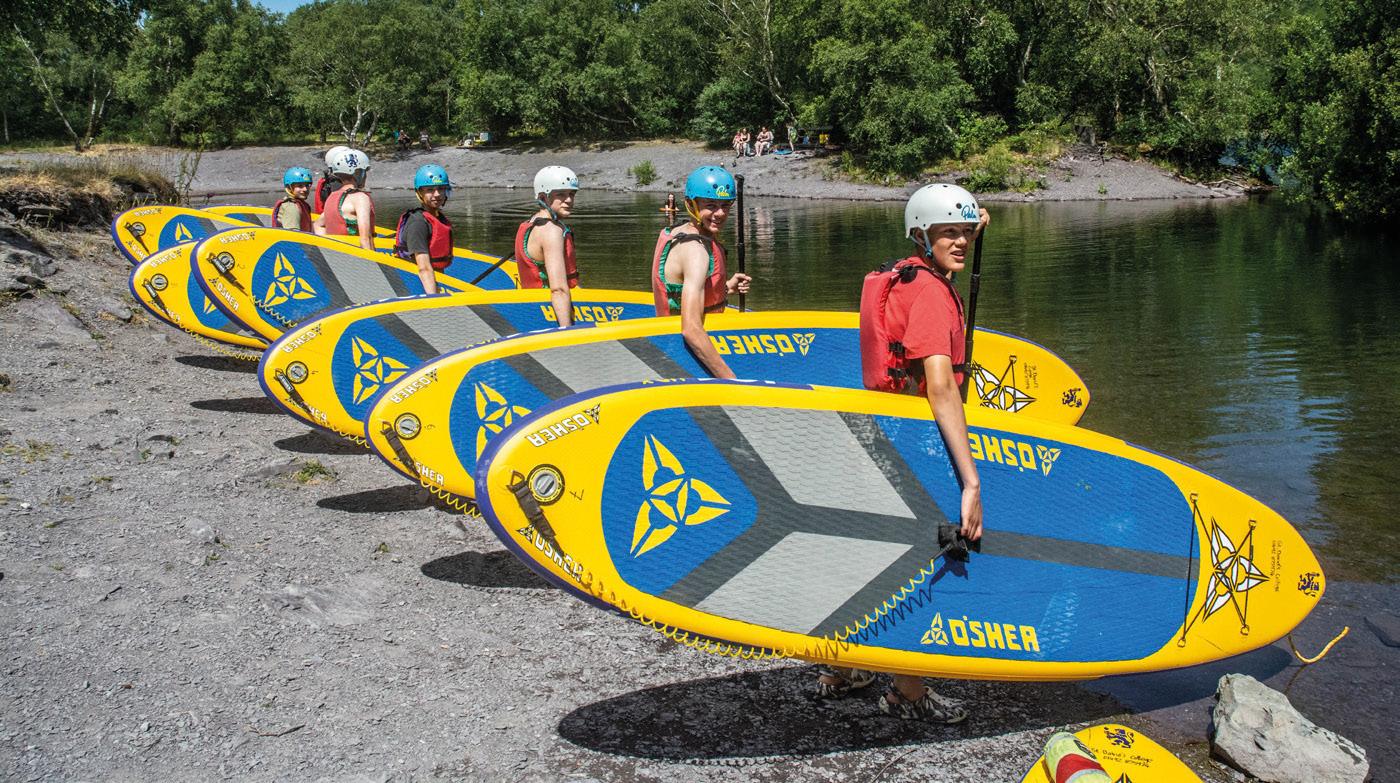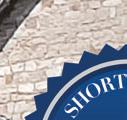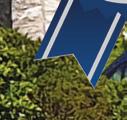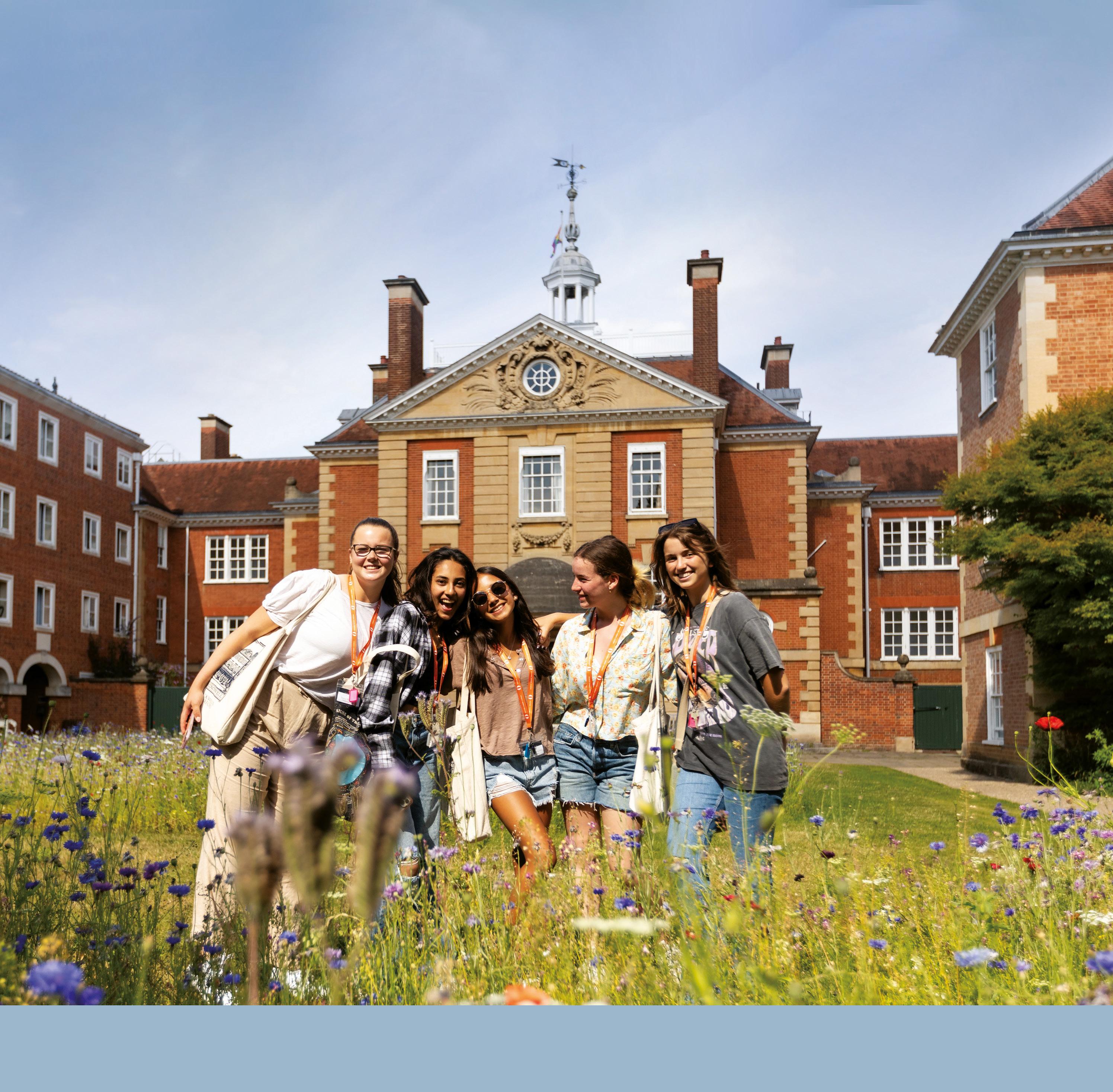
















































Welcome to this autumn’s prep school edition of Independent School Parent
Now in its fifth year, our Independent Schools of the Year 2022 Awards campaign, which celebrates the student experience, has again received a huge number of nominations, so we’re featuring some of the schools here.
You can read about Whitgift School’s partnership work: from collaborations with state primaries to residential training camps, they really demonstrate that community is at its heart.
Wellbeing provision is often seen as a given, but how do you instil it at an early age? Three prep schools share how they focus on bolstering emotional resilience and the initiatives they’ve put in place for youngsters who aren’t yet able to articulate their feelings.
How do you go about finding the right school if your child has learning di culties? From identifying a special educational need (SEN), and getting a diagnosis, to enlisting the right support, it can be a traumatic time, and we hope this feature makes it that little bit easier.
If you followed the England Women’s Euros glory in the summer – who didn’t? – find out how St Joseph’s College coaches plan to build the country’s most progressive female football programme on page 38.
And finally, head to independentschoolparent.com/win now for your chance to win our competition for a luxury family getaway to Devon.
Good luck and happy reading!
DUDMAN, EDITOR
All of the latest news and developments
Why children are never too young to learn about diversity in school
The importance of a community spirit, both in school and its neighbourhood
Fascinating findings on pupil fulfilment from a Harvard research programme
The Perthshire school gives an insight into outdoor learning for pupils of all ages
A look at the practices three prep schools use to enhance their pupils’ wellbeing
Tried-and-tested boarding-school tips on how to get youngsters to catch those Zs
How to approach the sensitive issue of special educational needs
St Joseph’s College shares its plans to be the foremost UK school for girls’ football
A focus on what fee assistance is available, from bursaries to scholarships
What is the right age to start boarding?
Bickley Park School in South-East London
Just giving Outreach is collaborative at Whitgift
Rose Hill Prep’s Curriculum 2020 is preparing pupils for the future
Successful independent school alumni
Paradise is found at St Lucia’s Windjammer Landing Villa Beach Resort
Autumn fun for half term and beyond

Win a luxury family weekend at Cary Arms & Spa on the south Devon coast
Dave Channel Director Cherie Cunningham remembers Bolton School Girls’ Division
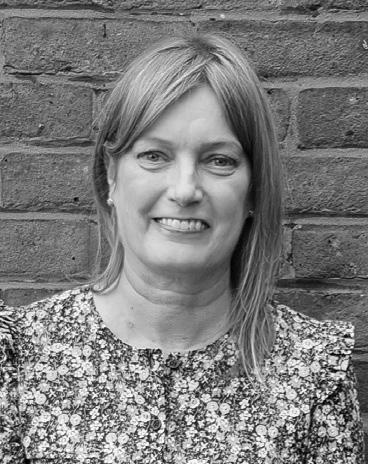

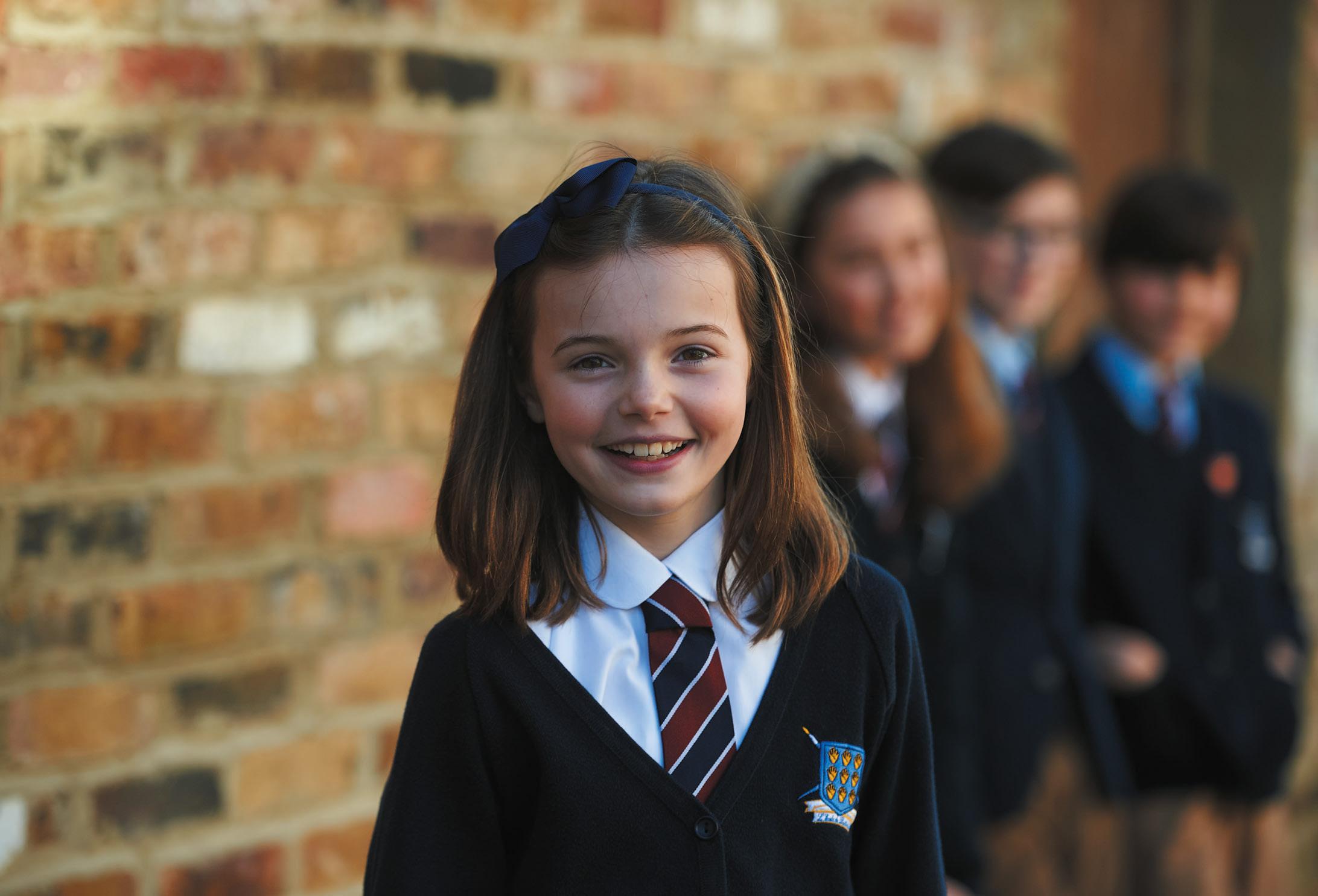
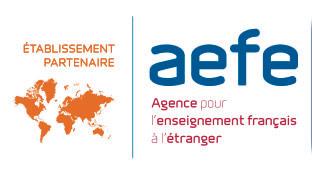
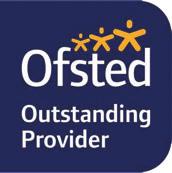
COLIN BELL is CEO of COBIS, which works with and supports students, teachers, leaders, support sta and governors from highquality British international schools in more than 80 countries across the world.
Girls’ Schools Association and has been director of external relations for a large independent school.
Independent School Parent is for parents of children in prep and senior independent schools.
Independent School Parent magazine in prep and senior issues is published termly. Parents can subscribe for a free
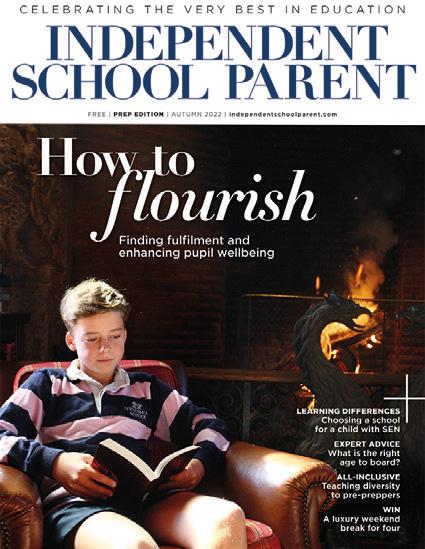
at: independentschoolparent.
© The Chelsea Magazine Company Ltd 2022. All rights reserved. Text and pictures are copyright restricted and must not be reproduced without permission from the publisher. The information contained in Independent School Parent has been published in good faith and every e ort has been made to ensure its accuracy. All liability for loss, negligence or damage caused by reliance on the information contained within this publication is hereby excluded.
Independent School Parent also publishes The Guide to Independent Schools biannually to help you choose the right school.
Colin Bell, COBIS
Alison Fleming Newton Prep, Battersea
Aileen Kane, Boarding Schools’ Association
Rachel Kerr, AMCIS
David Moncrie , Chairman Sir Anthony Seldon, Commentator and author Mark Stretton, HMC
Ben Vessey, Canford School, Dorset Helen Wright, Educational consultant Sue Woodroofe, The Grammar School at Leeds Peter Young, Marketing/Brand Consultant
ALISON FLEMING has been Headmistress at Newton Prep in Battersea since September 2013. Educated at grammar school herself, she started out her impressive teaching career by honing her craft in state schools.
AILEEN KANE is the Boarding Schools’ Association’s Chief Operating O cer, overseeing media, marketing, sponsorship, finance and HR facilities. Aileen is a member of BSA’s senior leadership team.
RACHEL KERR is Communications Manager for AMCIS, the association for admissions, marketing and communications in independent schools. Previously, she led communications for the
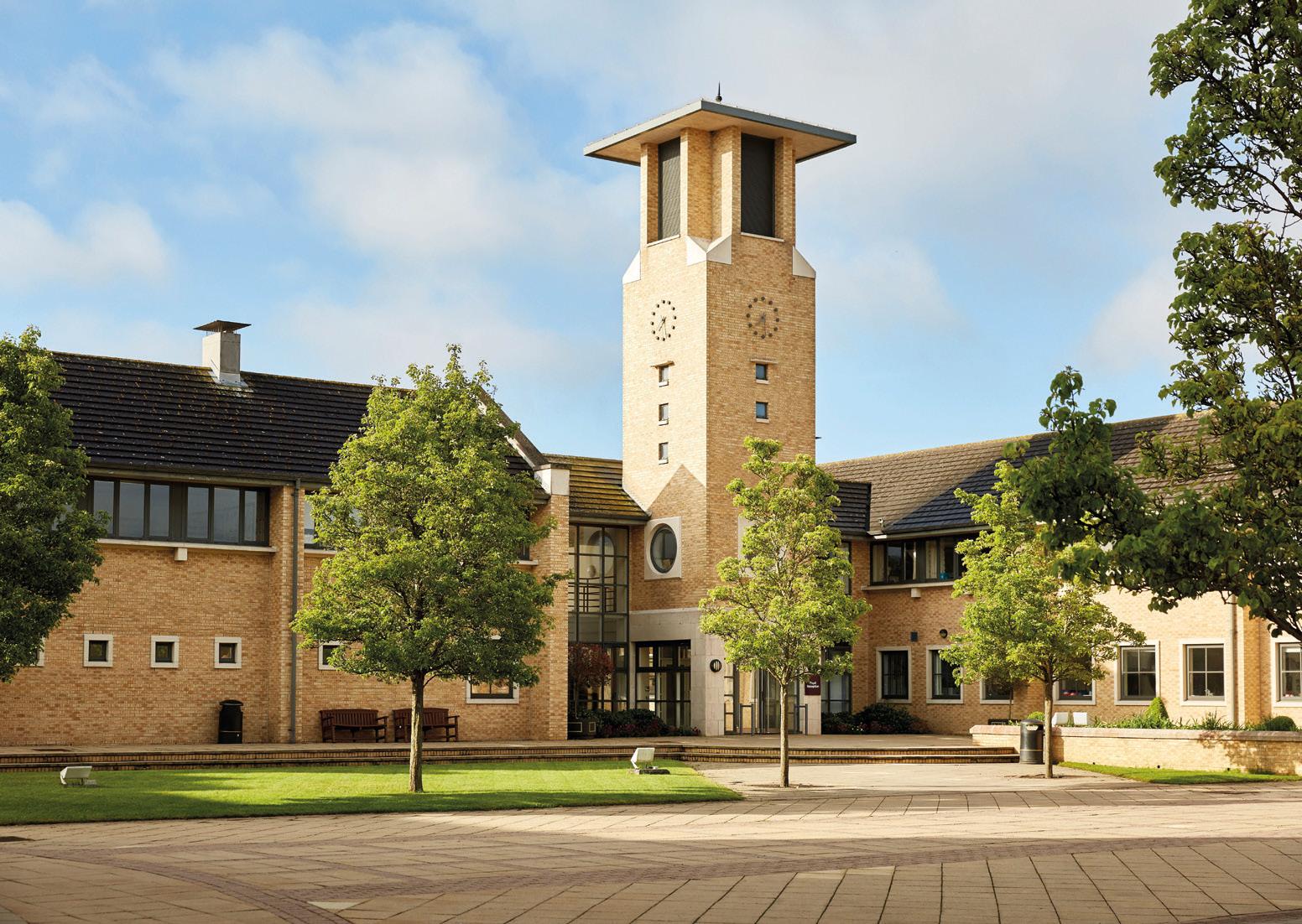
DAVID MONCRIEFF is a publisher specialising in education and heritage, having previously worked as Director of Marketing at Mayfield School, and for more than 12 years as Director of Marketing Services at the British Tourist Authority.
SIR ANTHONY SELDON is a contemporary historian and political author. He’s the Emeritus Professor of the University of Buckingham and was the 13th Master of Wellington College in Berkshire from 2006 to 2015.
MARK STRETTON joined the Headmasters’ and Headmistresses’ Conference (HMC) as Communications Manager in 2017, bringing with him more than 15 years’ experience in education sector communications.
BEN VESSEY joined Canford in 2013 as
Headmaster from Christ’s Hospital, where he was Senior Deputy Head. He’s currently Vice-Chair of the HMC’s Professional Development sub-committee.
SUE WOODROOFE has been a Head for 12 years, first at The British School of Brussels, and now at The Grammar School at Leeds. She has a particular interest in the three-to-18-years educational journey, as well as the benefits of multicultural and international learning environments for children.
DR HELEN WRIGHT is a former President of the Girls’ Schools Association and Vice-Chair of ISC, with three major headships under her belt. Since 2014, she has worked in international education, and advises, recruits and coaches senior leaders in schools across the world.
PETER YOUNG is an independent school governor and Chairman of the Business Marketing Awards.
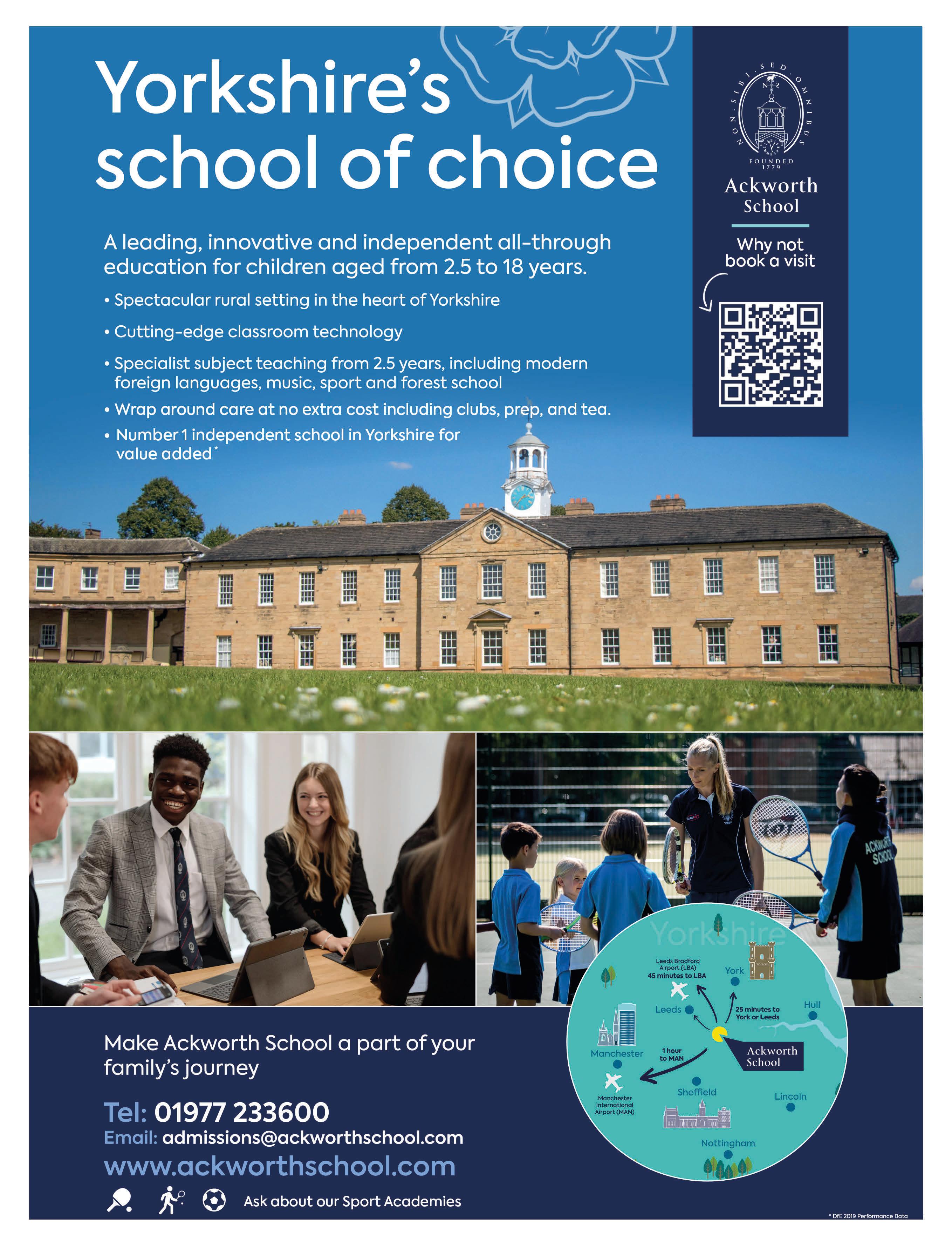


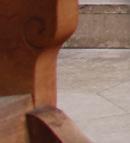


 WORDS: LAURA SUTHERLAND
WORDS: LAURA SUTHERLAND


Royal Hospital School, Su olk Sta and pupils paid their respects on the passing of HM The Queen in a number of ways. It began with the community gathering in front of the school to raise, and then lower the flag to half-mast, before proceeding to the chapel for a short service, where the Queen’s Banner had been placed on the school’s ceremonial drums in front of the altar. The chapel remained open for prayers and quiet reflection throughout the 10-day period of national mourning, while two books of condolence – one for the chapel, and one for the reception – had been made to ensure that everyone was able to share their memories of the monarch.
The school was also invited to be part of the proclamation of His Majesty King Charles III in Su olk, which was made at 1pm on 11 September from the balcony of Ipswich Town Hall. Royal Hospital School (RHS) was also requested by the Lord-Lieutenant of Su olk to provide a Royal Navy contingent to the military presence, forming a Guard of Honour along with the Army and RAF. The proclamation marked a new era, and RHS was honoured that some of its pupils were welcomed to be part of it, considering the school’s royal and naval heritage.
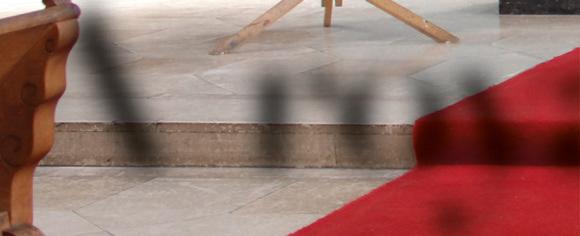

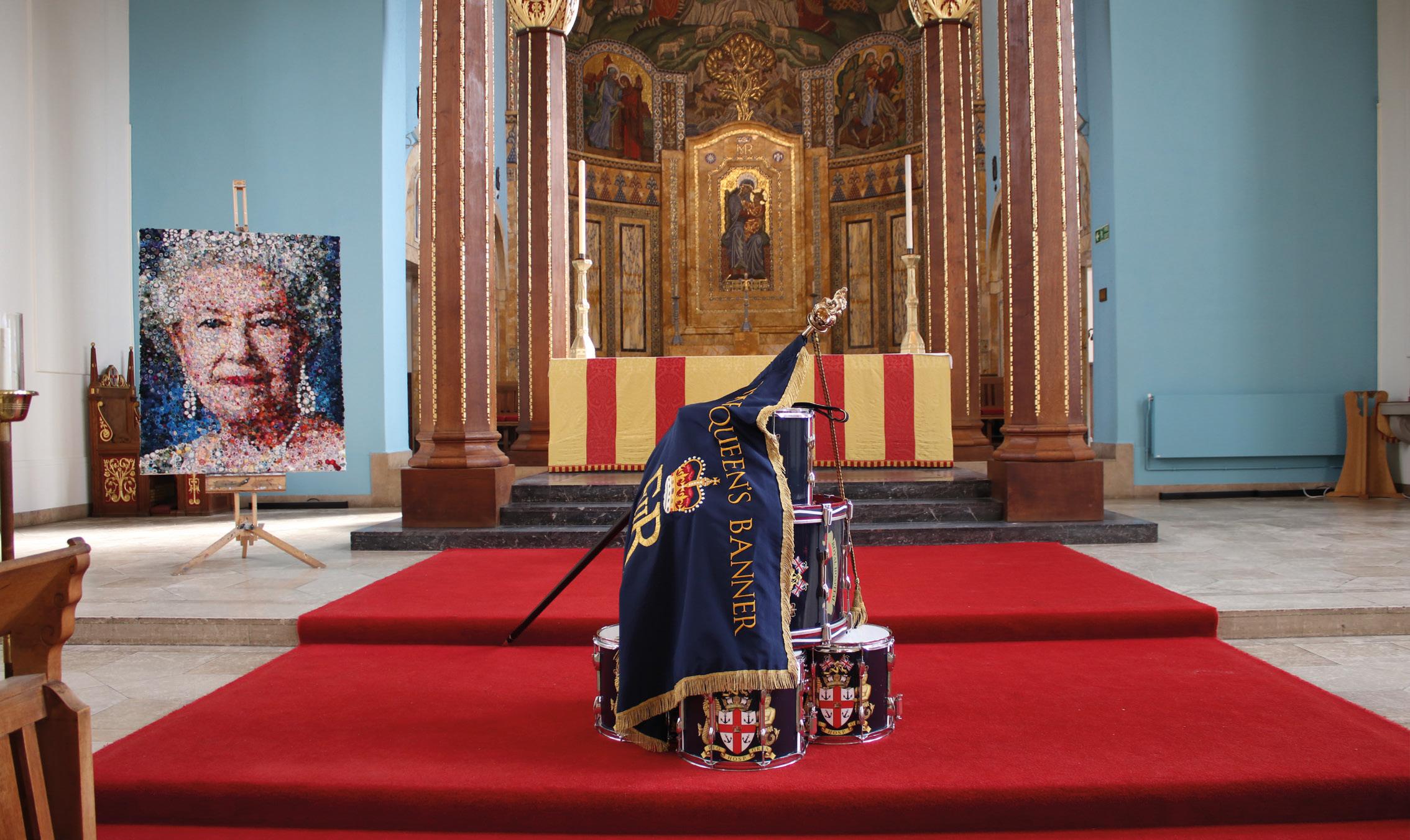
Cricketer Carla Rudd joined the school as Director of Sport this term, arriving just days after coming second in this year’s The Hundred tournament as part of the Southern Brave team. A passionate advocate for girls’ sport, she plays for Sussex County, Sussex Vipers and Southern Brave as a specialist wicketkeeper alongside her teaching commitments.
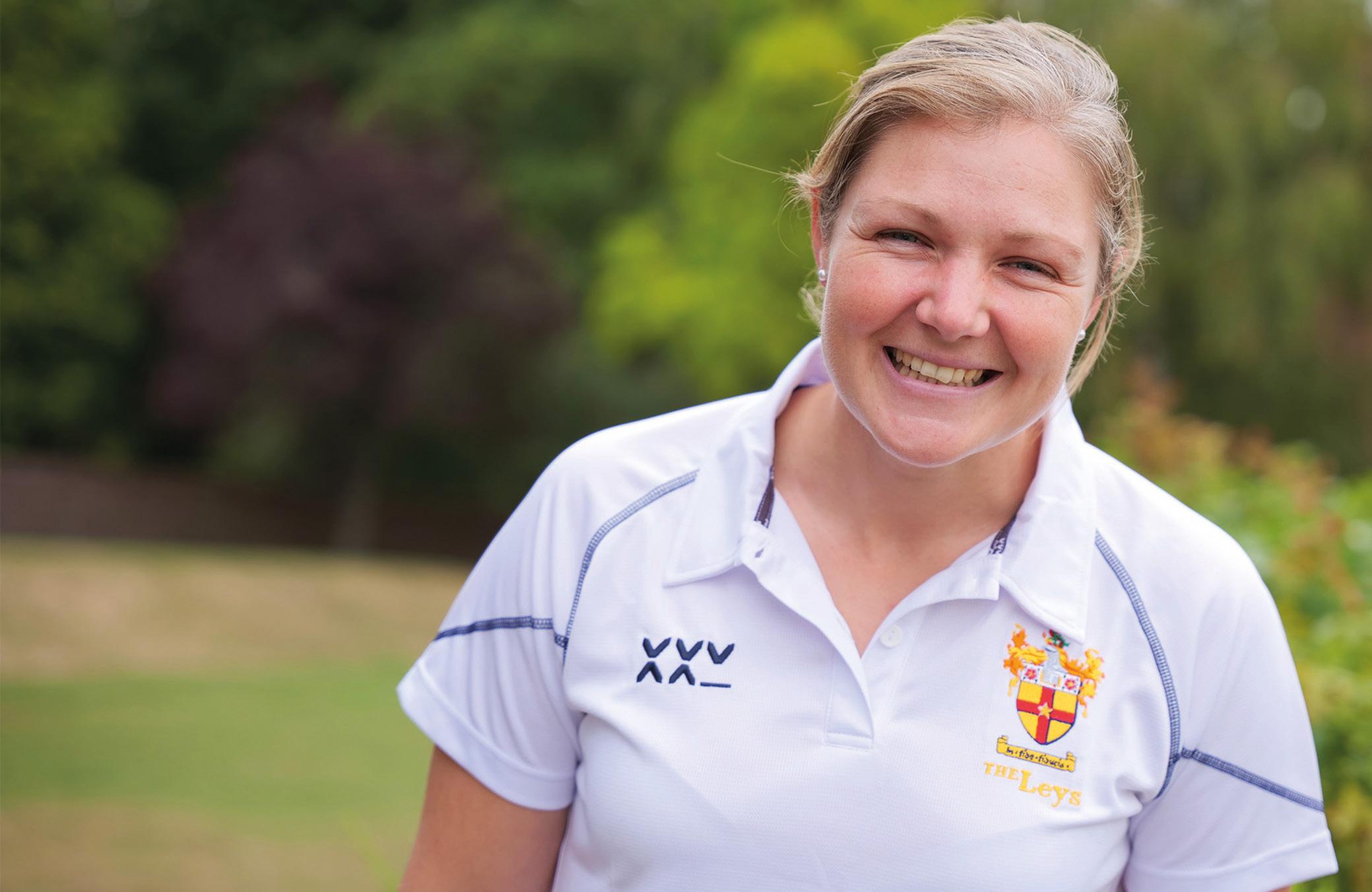
The prep is proud to have been awarded a coveted Eco-Schools Green Flag, an international accolade which recognises its efforts in reducing the school’s impact on the environment.
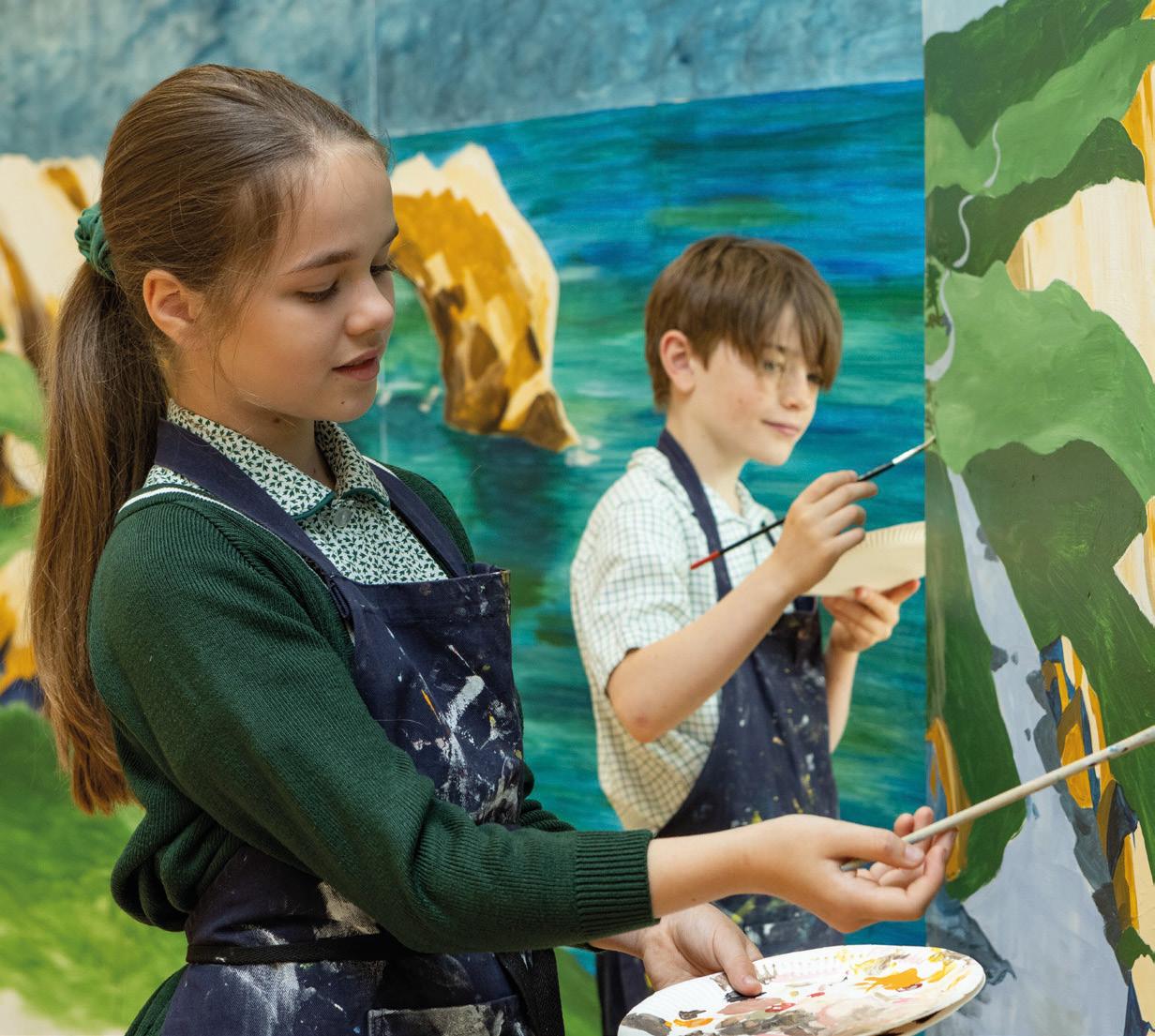
After a successful exam season, school leavers won a range of impressive scholarships. Head Boy Ediz Karakas took the King’s Scholar place at Eton, while other destinations include Westminster, Harrow and Shiplake College.
This new term has seen the introduction of a new Key Stage 1 class, allowing the admission of children from the age of five. This is the first phase of the school’s prep expansion plan, which will see the addition of a reception class in 2023.
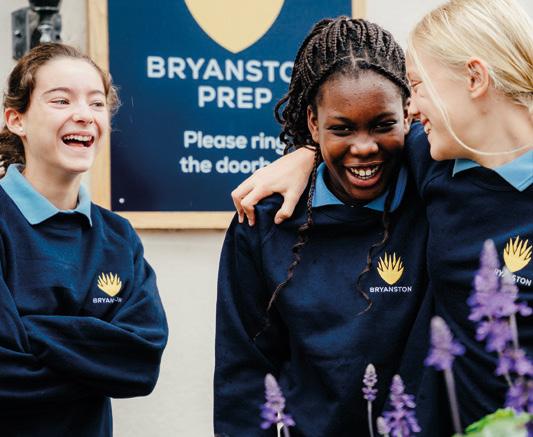
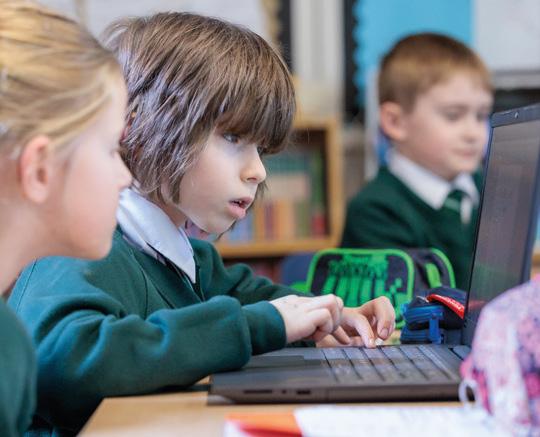
St Mary’s Junior School, Cambridgeshire
The family of nine schools has opened its many doors to Ukrainian children in urgent need of nurturing, safe spaces to learn. Brackenfield in Harrogate has welcomed two children; as will sister schools, Park School in Bournemouth and Prenton Prep on the Wirral. CEO John Forsyth says: “It’s important to show solidarity in times of crisis.”
The UK Association for the Promotion of Chinese Education (UKAPCE)’s National Competition has declared the school to be one of the best places for students to learn Mandarin.
Pupils were delighted to meet the World’s strongest men –AKA Tom and Luke Stoltman –and England basketball player, Kofi Josephs (who shared hoop-shooting tips) when they helped with a BBC Sport recording for this summer’s Commonwealth Games. However, it was mascot Perry’s appearance that caused the most excitement.

After a successful year of transition – including a name change – the prep school pupils welcomed the start of the autumn term with a new uniform, refurbished building, redesigned library, a new sheltered forest school classroom, and the grand unveiling of the Innovation Room, which will support the introduction of Bryanston’s digital studies curriculum. s
The new chorister programme has welcomed 34 successful auditionees (18 boys and 16 girls) aged between six and 11. It involves vocal coaching and daily Evensong rehearsals in the school’s chapel.


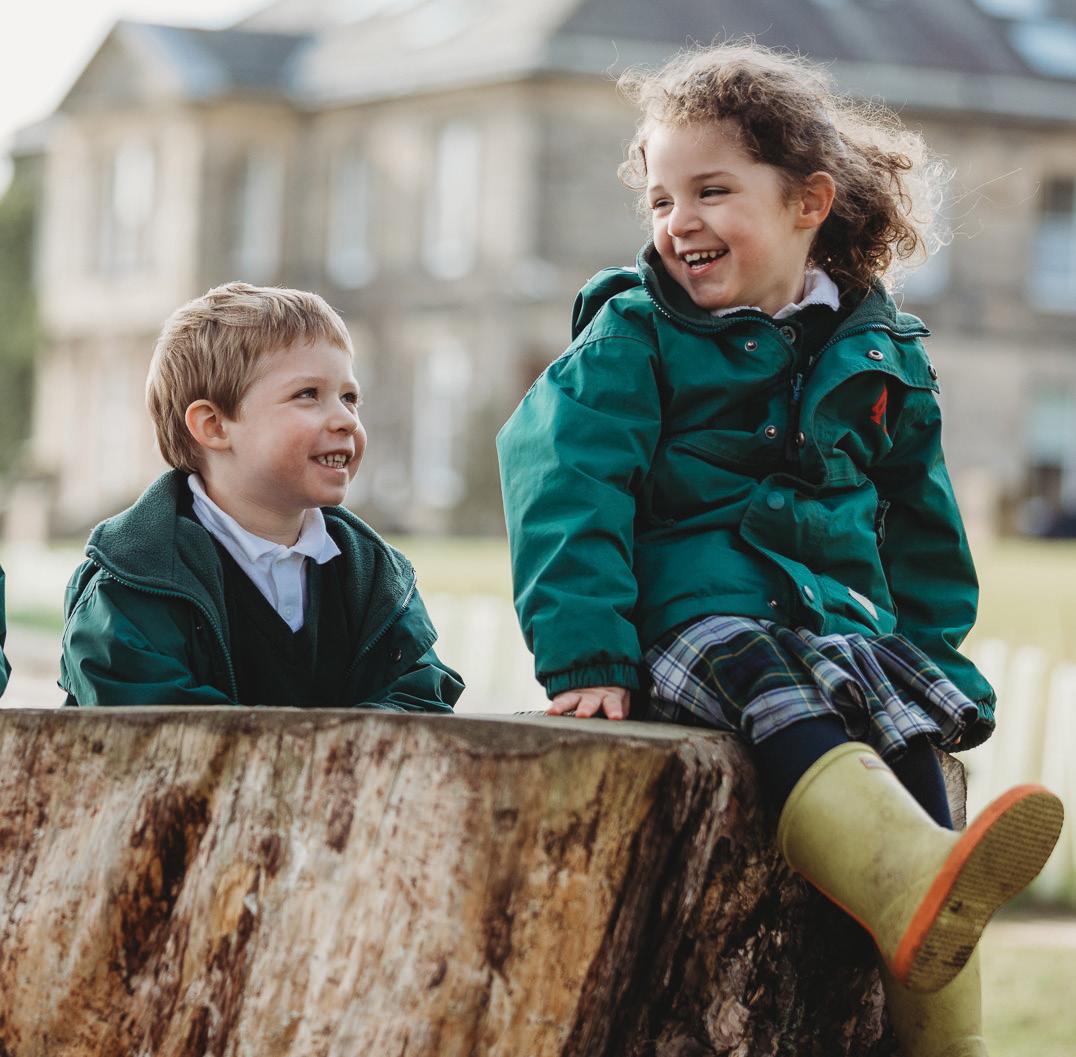
Hall School is the only non-selective, co-ed independent school in Wimbledon
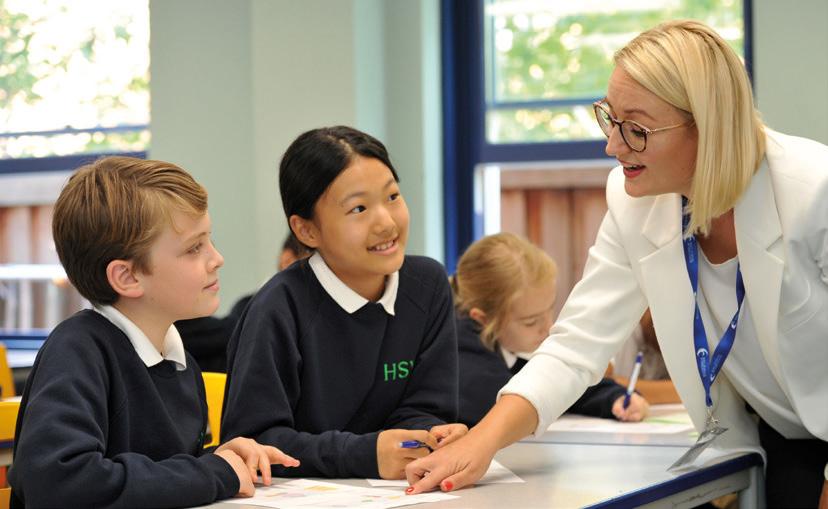

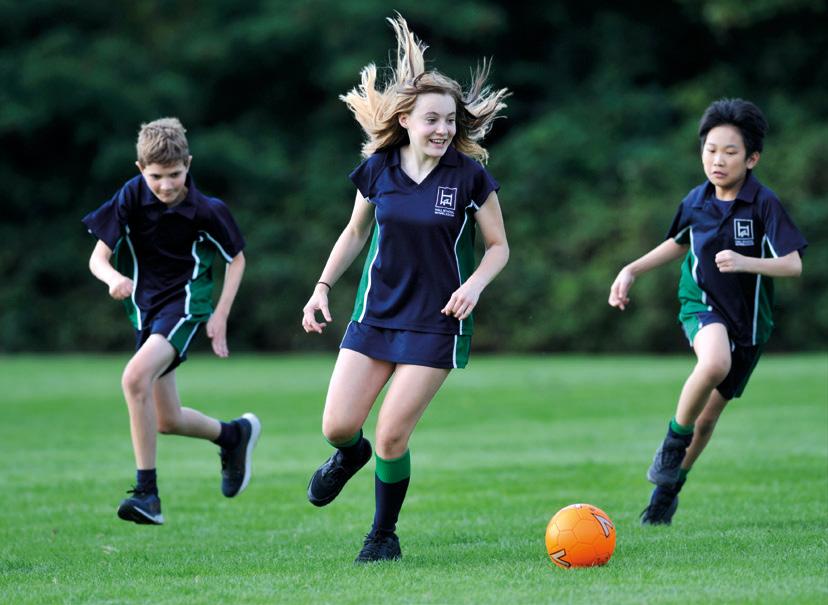


all School Wimbledon (HSW), is the only co-educational, allthrough school in Wimbledon. It’s an inclusive, non-selective school for seven to 18 year olds, and its cherished pupils make up a lively community of budding scientists, artists, dancers, authors, musicians and athletes, all sharing a spirit of adventure and a thirst for knowledge. e school’s Headmaster, Mr Andrew Hammond, would be delighted to show you around the school campus, including the nine-acre outdoor site.
At Hall School Wimbledon, health and selfworth are championed and teachers look at the ‘whole child’ rather than simply heads on legs. School is the arrivals lounge for life and Hall School Wimbledon believes pupils should be equipped with all the tools they need for life. One component of that is their academic education, but that’s just one component, which is why viewing the whole child is so important. At HSW, sta believe that the
right pastoral care and support is critical to pupil success, as this ensures that children are con dent in their abilities and have a positive outlook, so can achieve their full potential.
As a non-selective school, HSW still maintains a strong emphasis on academia as well as sports and the arts. e school is proud that its exam results continue to improve year on year, and are signi cantly above the national average. Small class sizes allow teachers and pupils to develop excellent working relationships, and as a school that is always looking towards the future, teaching sta have the ability to adapt the curriculum to enable more opportunities for its young people, based on the demands of a developing world.
e HSW curriculum delivers knowledge and skills, while the school’s positive, nurturing culture helps pupils to feel con dent and empowered to become independent, lifelong learners. is culture is underpinned by the school’s vision: to deliver a contemporary and inclusive education in a caring environment,
empowering all pupils to ourish and become independent learners for life.
HSW pupils are encouraged to participate and to enjoy the fun of sport and pupils bene t from exceptional facilities at Oberon Fields, the school’s nine-acre site less than a mile away. Within the site are rugby and football pitches, a cricket square and teaching spaces for outdoor learning, performing arts and cookery. A multi-use court, a new nature trail, orchard, garden allotments and a Forest School area are also being created.
HSW is a school that enables outstanding futures through academic success, exciting opportunities and ensuring children know they’re valued. Pupils leave HSW as con dent, empowered and globally-minded young people, who are equipped to lead and contribute fully to society. To nd out more about Hall School Wimbledon, see hsw.co.uk and organise visits via admissions@hsw.co.uk or by calling 020 8394 6144.
Hall School Wimbledon is an all-through, co-educational school with exceptional facilities in the heart of Wimbledon
THE HSW CURRICULUM DELIVERS KNOWLEDGE AND SKILLS, while the school’s positive, nurturing culture HELPS ITS PUPILS TO FEEL CONFIDENT AND EMPOWEREDOutdoor space is in abundance at HSW The school’s tailored curriculum empowers pupils to learn independenly
Redcliffe Gardens School, London has appointed Sarah Glencross as its new Head.
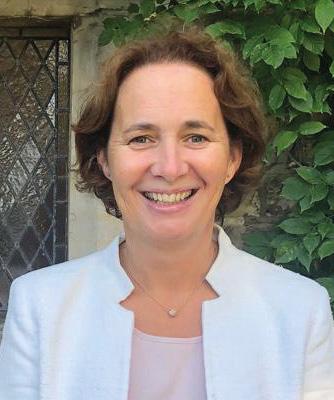
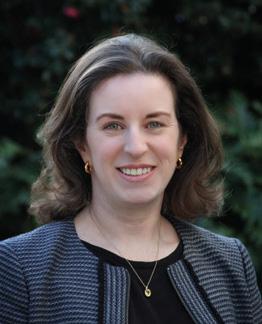
Maxine Shaw has been the new Head at Danes Hill School, Surrey since April.
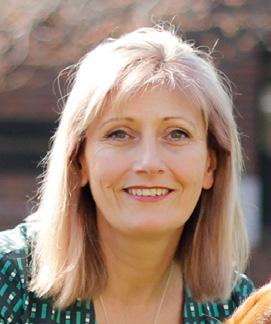
Winchester College, Hampshire will welcome new Head, Elizabeth Stone in September 2023.
A squad of 18 pupils braved cold water – and the risk of jellyfish stings – to swim the English Channel, to help save their local community pool from closure. Swimming in three relay teams of six, the children (aged 12 to 14 years) were not only among the youngest people in the world to take on the challenge, they also raised £6,000 for Wivey Pool. Bravo!

Tom BeardmoreGray is the new Warden of Bradfield College, Berkshire.
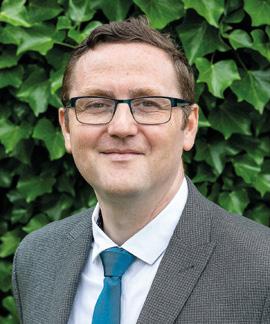

Steve King is the new Head at Junior Boys’ School, Bolton School in Greater Manchester.
Roedean School, East Sussex has announced that Niamh Green will take over as Head in Summer 2023.
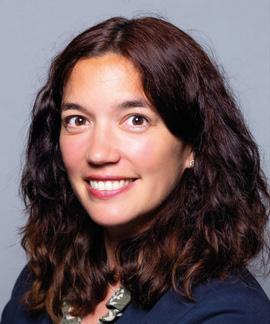
The school’s athletics team ended their summer term in style with a major haul at the National Prep Schools Athletics Finals in Nuneaton. The 30-strong squad of pupils brought home eight medals.
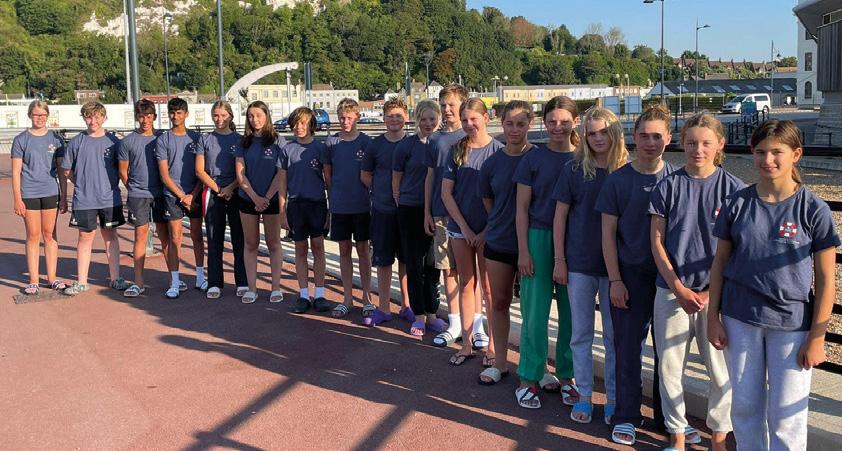

This included five bronzes across a number of events, two golds for the U14 girls’ triple jump and U12 girls’ long jump, as well as a silver for Farleigh’s U13 boys’ 4 x 100m relay team.
The school group – and its international division, Blenheim Schools – have been shortlisted for The Education Investor Awards. Chatsworth Schools has been nominated for Education Provider of the Year, while Blenheim Schools has been acknowledged as a New Market Entrant of the Year. Founder, Anita Gleave, and Director of Learning and Teaching, Clemmie Stewart are also shortlisted.

us to meet our wonderful Giraffe Girls,


to forge their own path.


As a headteacher in South-East London, it’s a great privilege to lead a junior school within a diverse and multicultural setting, which I’m fully aware is not necessarily commonplace within the independent sector. This is a significant advantage to us in our ability to create meaningful opportunities for our pupils and families to learn from others within the community, and creates an educational environment that’s reflective of the real world in which our pupils will one day become proactive global citizens. Here at St Dunstan’s, we believe that it isn’t enough to simply have diversity within your setting. To not celebrate this diversity at every opportunity, maximising the benefits of our young people learning in this environment,
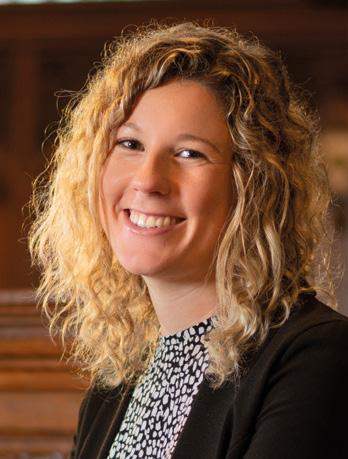
supportive environment where they’re able to look up to others and know that they’ll be accepted for whoever they want to be. It’s not just our job, but our duty, to provide them with a setting where they can trust those around them and develop the self-confidence to carve out their unique identity, safe in the knowledge that whatever they become, they’ll have role models within their community with whom they can identify.
Black History Month didn’t just include assemblies and tokenistic lessons: our pupils delivered presentations about their heritages, we ran an art competition looking at diversity through art, djembe drumming was added to our music curriculum and parents led talks about the Windrush generation, to name just a few examples. Embracing any opportunity for our
would be, in my view, educationally irresponsible. Inclusion, equality and building character are at the very core of what we aim to achieve.
The St Dunstan’s Diapason sees groups of staff and pupils work together within the framework of five pillars: sexual orientation, sex and gender, race, religion and belief, and disability. The groups work collaboratively on initiatives to ensure that we’re doing all that we possibly can to promote and enhance the diversity within our community, with action plans created each year to ensure that protected characteristics are recognised and embraced within the college and beyond.
Our bespoke Stuart curriculum pioneers a forward-thinking approach to teaching vital skills for wherever the future might take our pupils, preparing young people for adult life in a rapidly changing world. It covers three key strands: relationships (including sex education), skills for the future, and critical thinking and rhetoric.
St Dunstan’s pupils are encouraged to celebrate the differences they see within our community, not just to learn how to be respectful towards others, but to feel supported to grow and learn in a
pupils to hear from parents and pupils is always our preference over external specialists, as seen when pupils led our Chinese New Year assembly, complete with the most fantastic dragon dance and when senior students teach upper junior children the difference between sexual orientation and sex and gender as they start to become conscious about using the correct terminology. Even in year one, pupils begin debating whether blue is for boys and pink is for girls, while different familial structures are considered throughout the curriculum, and children are encouraged to challenge and understand stereotypes, and why they exist.
We may be seen as pushing the traditional boundaries when it comes to educating our pupils, but in not shying away from addressing difficult questions that young children inevitably ask, we open up dialogue about difference from an early age. This is so we can make the most of the natural curiosity children have, their openness to see the world with a broad perspective and their genuine thirst for knowledge about the many ways in which people live their lives within society.
Laura Whitwood says it’s never too early to teach pupils about diversity, which is why enhancing and celebrating inclusion plays such an important role in day-to-day school life
THE ST DUNSTAN’S DIAPASON SEES GROUPS OF STAFF AND PUPILS work together within the frameworkof five pillars: SEXUAL ORIENTATION, SEX AND GENDER, RACE, RELIGION AND BELIEF, AND DISABILITY
Set within ve acres of grounds nestled in the Chiltern Hills, Gri n House School provides an outstanding education for boys and girls aged three to 11 years in a happy, nurturing environment. e school’s small class sizes and individualised-learning environment ensures that children are given the attention and support they deserve to excel, as well as being exceptionally well cared for. is is re ected in excellent 11+ results and its inclusion in e Sunday Times Top 100 Independent Schools list (based on SATs results) for the past ve years.
Learning at Gri n House School, part of the Chatsworth Schools group, is brought to life in all subjects through the passion and knowledge of dedicated teachers. A committed sta team have high expectations of pupils inspiring them to believe anything is possible and there’s a calm, purposeful learning environment that encourages mutual respect and enables children to reach their full potential.
Gri n House School encourages pupils to grow as a whole person, ensuring they develop self-con dence and become thoughtful, valuable members of the community. As part of the school’s pastoral care, younger pupils are encouraged to look up to the older children, while the older children, in turn, are taught responsibility and compassion. Every member of the school community has an important role in creating the distinct ethos of value and respect.
With ve acres of grounds, Gri n House School boasts a unique opportunity to learn outside of the classroom. Each Early Years class has a speci c, designated outdoor space, and across the school the timetable includes outdoor learning opportunities. e school grounds host wonderful locations for den building, camp res and unearthing creepy-crawlies, as well as the chance to positively encourage children to look a er their natural environment and improve it for their future.
At Gri n House School, sport is an integral part of school life. All of the children enjoy playing di erent games with each other, learning the meaning of teamwork, patience, fair play and resilience. In the prep school, all pupils (boys and girls) participate and represent
educational and above all, fun activities for children to choose from. e school runs a variety of exciting, interest-led and seasonal clubs each term, giving pupils the chance to form friendships and links with others across di erent form groups.

Gri n House School pupils achieve fantastic academic success, with exceptional 11+ results and around 75 per cent of children moving onto selective grammar and independent schools –including Wycombe High School, Aylesbury Grammar School and Abingdon School. ese results are all the more impressive as Gri n House School is non-selective.
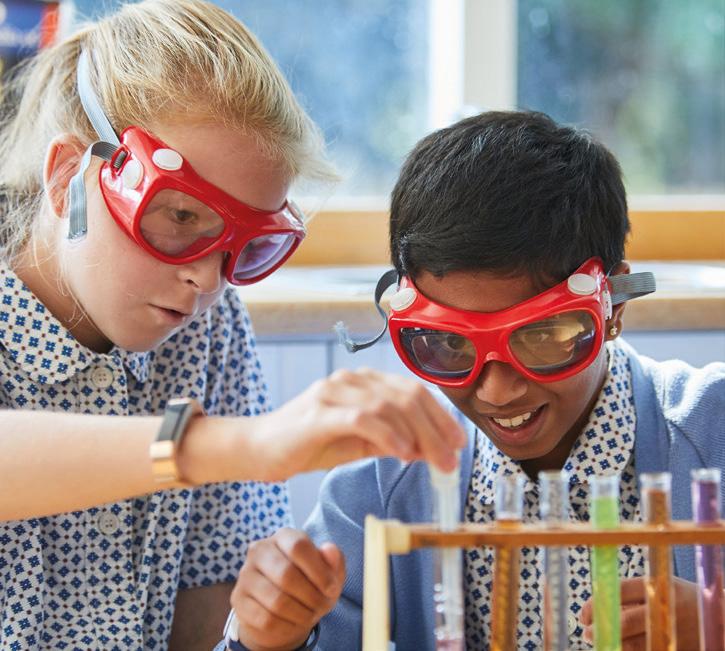
the school in a wide range of sports including cross country running, tag-rugby, netball, football, hockey, rounders, cricket and athletics. e school also takes part in many Independent Schools Association regional and national tournaments.

A er lessons end, Gri n House’s diverse extracurricular programme kicks in with a termly timetable of sporting, artistic,
Gri n House School provides an outstanding education in a nurturing environment. e school takes pride in year six pupils leaving as capable and con dent individuals, ready to continue their educational journey and take on the world. To nd out more, see gri nhouseschool.co.uk and to book a visit call 01844 346154 or email secretary@gri nhouseschool.co.uk

The nurturing, individualised learning environment at Oxfordshire’s Griffi n House School encourages children to become the very best that they can beAround 75 per cent of Gri n House School pupils move on to selective senior grammar and independent schools Subjects such as science are brought to life by the school’s dedicated teachers
When I joined Bassett House School as Head last year, I wanted to ensure this wonderful prep was firmly rooted in its community.
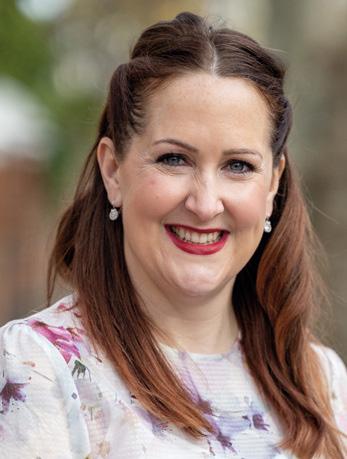
Bassett House School is in historic north Kensington, amid red-brick Edwardian homes and local shops, attracting many families with its villagey feel. Housed in three beautiful buildings, within a few feet of each other on our little campus, complete with a local coffee shop, corner shop, vets and friendly baker nearby. It’s a school that is in, and of, its community.
Every day, our students walk in crocodiles between the buildings for lessons, to play sport in Kensington Memorial Park, or go for a riding lesson on nearby Wormwood Scrubs. Every day, a class heads off to our community garden where we’re developing a sustainability curriculum with the charity, Growing Space. And each day, we all dine together at St Helen’s church hall, often bumping into Reverend Steve, our local vicar.
From singing and dancing at our local retirement home and carolling on Portobello Road to litter picking in the local area and campaigning with local MPs, embedding Bassett House School (BHS) in the community, and priming children who aren’t engines of privilege, but enjoy contributing positively to the area in which they live, is very important to us all at here.
And I believe parents should be involved, too. I hold no truck with keeping them at a distance; I firmly believe that millennial parents want to be engaged in their child’s life experiences, socalled ‘maximum parenting’, so while we ensure that communications are slick, streamlined and digitally accessibly to make busy lives as seamless as possible, parents also want to have strong insight into their children’s learning which we’re more than happy to share with them.
When parents choose Bassett House, they’re trusting we can meld the in loco parentis and inspirational teacher roles, mastering the alchemy of learning so that children can go on to open every door they see. We take this incredibly seriously but in the spirit of family, we’re not afraid to poke fun at ourselves, whether that be at our annual staff pantomime – easily our bestattended event – or our staff vs. parent quiz. I address parents by their first names, and they me.
I’m part of the WhatsApp group for the Bassett class my own twins are lucky enough to be part of. Families don’t keep one another at arm’s length or hide behind formalities; they have honest, constructive conversations and work together. When I joined BHS, I was very clear that creating a nurturing community needed to be more than just a strapline. I’m in every single classroom, every single day – children run up and hug me –and I love that! Hot chocolate is the highlight of the week for me, and it isn’t reward driven; the children are chosen at random, therefore ensuring every single one gets a chance in the spotlight to talk about what makes them tick.
This term we’re celebrating our community partnership with Wormwood Scrubs Pony Centre. BHS pupils enjoy riding lessons at the Pony Centre – aside from the obvious physical and therapeutic
benefits of riding, they’re learning responsibility by helping at the stables, as well as the biology of horses, as part of a living curriculum that takes learning out of the classroom. In return, the riding lessons and fundraising we’ve undertaken for WSPC are ensuring the long-term viability of these treasured stables: a longstanding charity that gives children with SEN and learning difficulties amazing opportunities. This for me, is community in action.
And of course, when we celebrated our launch, the special equine-themed cupcakes came from Adriana, who runs the local café. She regularly invites our pupils for baking and decorating sessions in the sunshine.
What more could a headteacher wish for? We’ve just held our 75th birthday party – where one of our parents, a professional dancer, taught us the lindy hop. I feel very proud that BHS has been a fixture of this neighbourhood for decades. I look forward to building new connections for the next 75 years for this wonderful community school.
Kelly Gray explains why it’s important to her that this Notting Hill prep is firmly rooted in its local community
WHEN I JOINED BHS, I WAS VERY CLEAR that creating a nurturing community NEEDED TO BE MORE THAN JUST A STRAPLINE
Harvard University’s Human Flourishing Program set about discovering which practices would enhance this Kent school’s students’ overall fulfilment. Mark Beverley discusses the project’s findings here
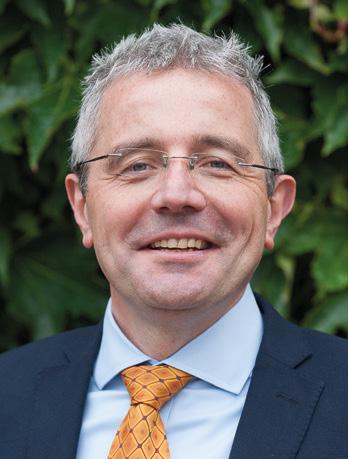
What does it mean to flourish? The Human Flourishing Program at Harvard University defines flourishing as ‘complete human well being: a state in which all aspects of a person’s life are good’ (VanderWeele 2017, 8149), including the following five domains:
• happiness and life satisfaction
• mental and physical health
• meaning and purpose
• character and virtue

• close social relationships

In 2021, we began a project with researchers from Research Schools International (RSI) and Harvard to discover to what degree our students
teaching practice could attend more explicitly to the above areas for growth. All teachers were asked to propose an activity that would address one of these areas and apply them through their own practice. Some teachers took a further step and developed their ideas into action research projects. For example, teachers are undertaking projects focusing on: mindfulness activities in lessons; using reflective practices to promote student thinking about the meaning and purpose of education; strategies for supporting students with perfectionist tendencies; and facilitating flow through teaching.
This research has inspired consideration at the most fundamental level of what education is for. As an IB school, we want to understand better how to help students develop meaningfully as happy

are flourishing, which research-based practices we already used to support flourishing, and which practices we might implement more often. We collected survey data from students across the school years and analysed this data using a mixedmethods approach. Student and teacher research fellows worked alongside RSI to learn about educational research and human flourishing, and to develop their research skills, including learning about survey design and analysis.
Many evidence-based activities compiled by Harvard to enhance student flourishing were reported in school. Exercise, use of humour, and volunteering ranked on the higher end, and are regularly encouraged and practised at Sevenoaks. There were also many examples of acts of kindness, inspiring wonder, and healthy sleep and eating being encouraged by teachers. Opportunities to engage with nature, express gratitude, receive social support and practise mindfulness were, however, ranked lowest in terms of how often students are encouraged to engage in these activities at school.
The research findings were shared with our staff, who were invited to reflect on ways that individual
and healthy people, with a greater awareness of themselves and of others, just as much as they achieve academic success. This detailed focus has already made a significant difference to the way we understand the practical and ideological implications of this aim. We’re looking forward to implementing further changes in the future.
What Sevenoaks School students learned from taking part in the research project
A particular feature of the project has been to involve students as active participants and research fellows. When asked to reflect on the process, their insight into flourishing in schools, and experience of helping to identify areas for growth, was overwhelmingly positive. One student wrote, ‘The project enabled students throughout different years to undertake research, and ran through lower, middle and upper school. For many of us, this was the first real research we’d participated in and it taught us valuable skills for designing surveys, filtering data, analysing it and drawing conclusions.’
MANY EVIDENCE-BASED ACTIVITIES COMPILED BY HARVARD TO enhance student flourishing were reported in school. Exercise, use ofhumour, and volunteering RANKED ON THE HIGHER END, AND ARE REGULARLY ENCOURAGED AND PRACTISED AT SEVENOAKS
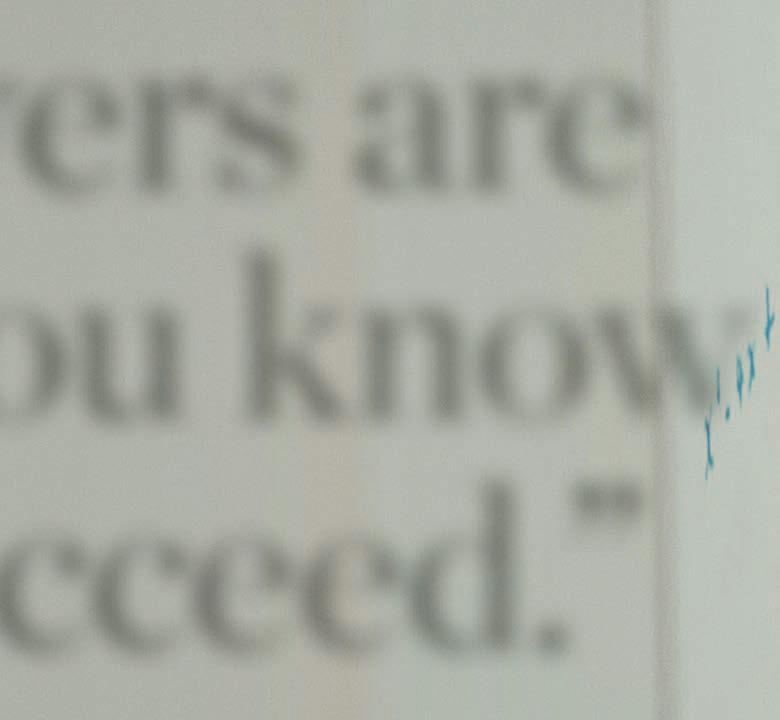






The restorative e ects of spending time in green space for mental health and wellbeing purposes has become more widely understood and valued in recent years. Ardvreck School, set in 40 acres, surrounded by stunning views of high mountains, elds and ancient woodland, is incomparable in its location and has been promoting the importance of outdoor play since 1883. It has green space by the bucketload and every single pupil uses it on a daily basis. From three year olds in nursery to 13 year olds at week-long adventure camps – and everyone in between, learning in nature is part of what we do best.
Let the children play? We certainly do! Without free play, and without adults constantly jumping in to say ‘be careful!’ or to sort out friendship issues, how can a child learn to navigate the essential skills of negotiation? Of risks? Of deep communication? Of standing up for their own ideas? Of sticking up for others? If we don’t give them space and time to practise these essential life skills in a safe environment, they will most likely grow into people who will continue to need ongoing help and support to navigate every aspect and intricacy of adult life.
ese skills must be allowed and encouraged to develop as early as possible in children. Children’s abilities are o en underestimated or held back by adults who ‘interfere’ (with good intention, of course) far too quickly. Although children will know that an adult is, of course, always on hand to help –if help is required.
Everyone wants their children to be ‘happy’ at school – but school
is a learning environment. And sometimes the lessons can be tough! Regular and repeated time spent in nature allows time for learning to be processed and for lessons to ‘click’. Learning to ask for help, and then accepting help when it’s needed, is a key life skill. Learning that resolutions don’t have to be perfect is another. is social and emotional growth begins in the earliest days of Ardvreck with sessions spent in our woodlands.
e school bell rings a er our long morning break, and more than 100 welly-booted children will appear, climbing down from the trees, emerging from streams and woodland areas, feeling more refreshed, calmer, and ready to go back to work in their classrooms a er their time outdoors. Do they go out in the rain and snow? Of course! at’s why we have warm and waterproof clothing as part of our school uniform. From the nursery right up to the oldest 13 year olds – they come back to classes o en wearing plenty of mud, with leaves in their tangled hair, big grins on their faces, sometimes blasted by wind, sun, snow and rain!
Our school tradition of spending time outdoors is what makes Ardvreck special.

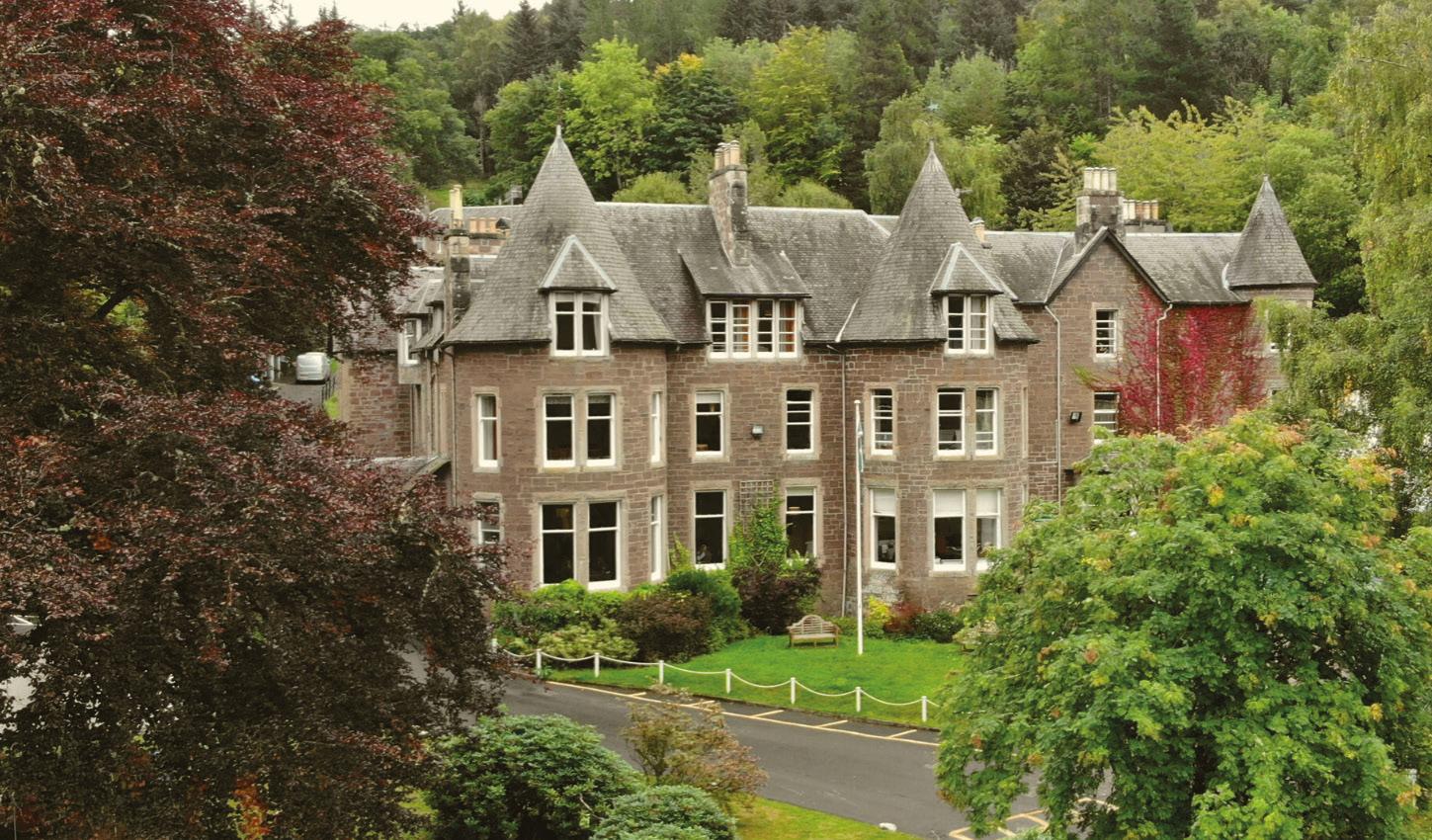
ere’s a whole-school approach to planning and delivering an outstanding programme of balanced learning activities in order to provide developmental experiences, build resilience and to enhance pupil con dence, progression, self-esteem and wellbeing. From the earliest days spent learning to entertain themselves, to collaborate and to play freely in the forest environment, will later become full adventure days, learning skills in bushcra , mountaineering, canoeing, kayaking etc, before progressing to even longer journeys (by foot or on water), to climbing several munros and doing overnight camps. e nal term at Ardvreck includes a week-long adventure camp; the pinnacle of their time at our school. It’s time to show o what accomplished, practical, t, brave and caring young people they’ve become as they tackle new challenges in the outdoors.
Time spent in green space is known to be a facilitator of mental health, reducing stress and lowering heart rates. We take the wellbeing of our pupils as seriously as academic and sporting achievements. Time spent in a green space enhances concentration and learning, improving attention span and the ability to embed and retain information. Of course we spend time in more traditional classroom settings too, but we have found a great balance. As everyone knows life skills are about far more than just academic skills – and at Ardvreck we prepare children for real life. Our pupils are resilient, they work hard, play hard and achieve excellent results in their examinations for senior school entrance to the very best of schools across the UK. What more could you want for your child?
Sarah Mannion, Head of Pupil Welfare at Ardvreck School explains why the Perthshire school espouses the wellbeing benefits of outdoor education and play for all childrenThe pupils at Ardvreck School spend quality time in nature




TIME SPENT IN A GREEN SPACE ENHANCES concentration and learning, improving attention span AND THE ABILITY TO EMBED AND RETAIN INFORMATION
Whether teaching mindfulness and building resilience or exploring bereavement and developing social skills, these three prep schools prioritise their pupils’ emotional, mental and physical wellbeing
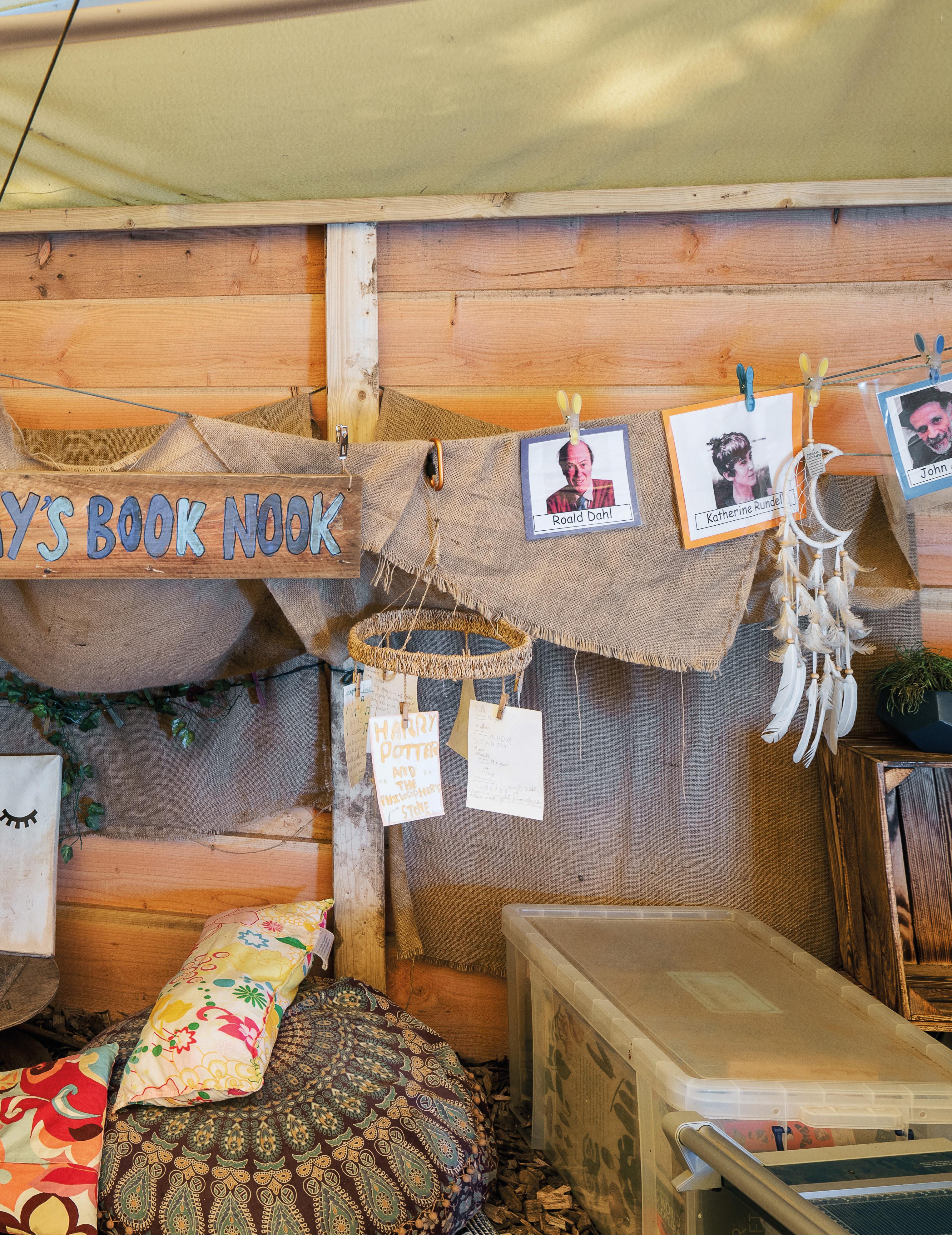

Wellbeing provision is recognised as an important, essential part of all independent schools, and many will see their academic work and pastoral care as complementary and interlinked. In pre-prep and prep schools more recently, this focus takes the form of ensuring that the pupils’ emotional resilience is bolstered and that they’re able to cope with the events of the last two years and any resulting gaps in their development. In addition to nurturing this internal sense of wellbeing, is the aim of enhancing the wellbeing achieved through social connection and pupils’ involvement in charitable and community giving…



Liberty Woodland was thrilled to have been declared a finalist in the Independent School of the Year for Student Wellbeing category in this magazine’s awards campaign. Teachers here know that to give a child the best chance of success in life, and to equip them for any and everything that comes their way in the future, a strong focus on personal, social and emotional development is crucial. Positive mental health, alongside a focus on physical and emotional wellbeing, allows children to not only be happy and healthy but prepares them for deep learning.
The school’s wellbeing curriculum for all ages encompasses personal, social and emotional development, alongside dedicated time to enhance the feeling of connection to the Liberty Woodland community and appreciation for their place in the world.

Each class begins each day with a morning meeting: half-an-hour that’s fully dedicated to wellbeing. During these meetings, the group practises mindfulness, share how they’re feeling, create personal affirmations and set daily intentions as individuals and as a class.
Teaching is project-based, providing meaningful learning experiences which are relevant to children’s lives, work towards a goal and have an authentic audience. In a recent project, a class of year one children – who
were enjoying their daily meditation sessions and wanted to teach the wider world about the benefits of mindfulness and meditation – created a Google site with individual meditation podcasts, each scripted, performed and recorded by each pupil independently. There’s little more thrilling to a child than witnessing adults interacting with something they’ve created and feeding back on their experience. The podcasts were launched online, and as QR codes hanging from a meditation tree as part of an end-of-term celebration, which more than 500 members of the public attended, including some speakers from COP26, who loved the nature content in many of the podcasts.
Children here are resilient, confident, flexible, emotionally intelligent and creative lifelong learners, collaborative problemsolvers, happy in mind, body and spirit, fully prepared to succeed not only in the next phase of their education, but to succeed in life.
The school’s wellbeing focus was also positively acknowledged in its latest ISI inspection report, which stated ‘during discussions pupils spoke with mature understanding of the way learning outdoors and the beauty of nature enables them to think deeply and develop spiritually.’
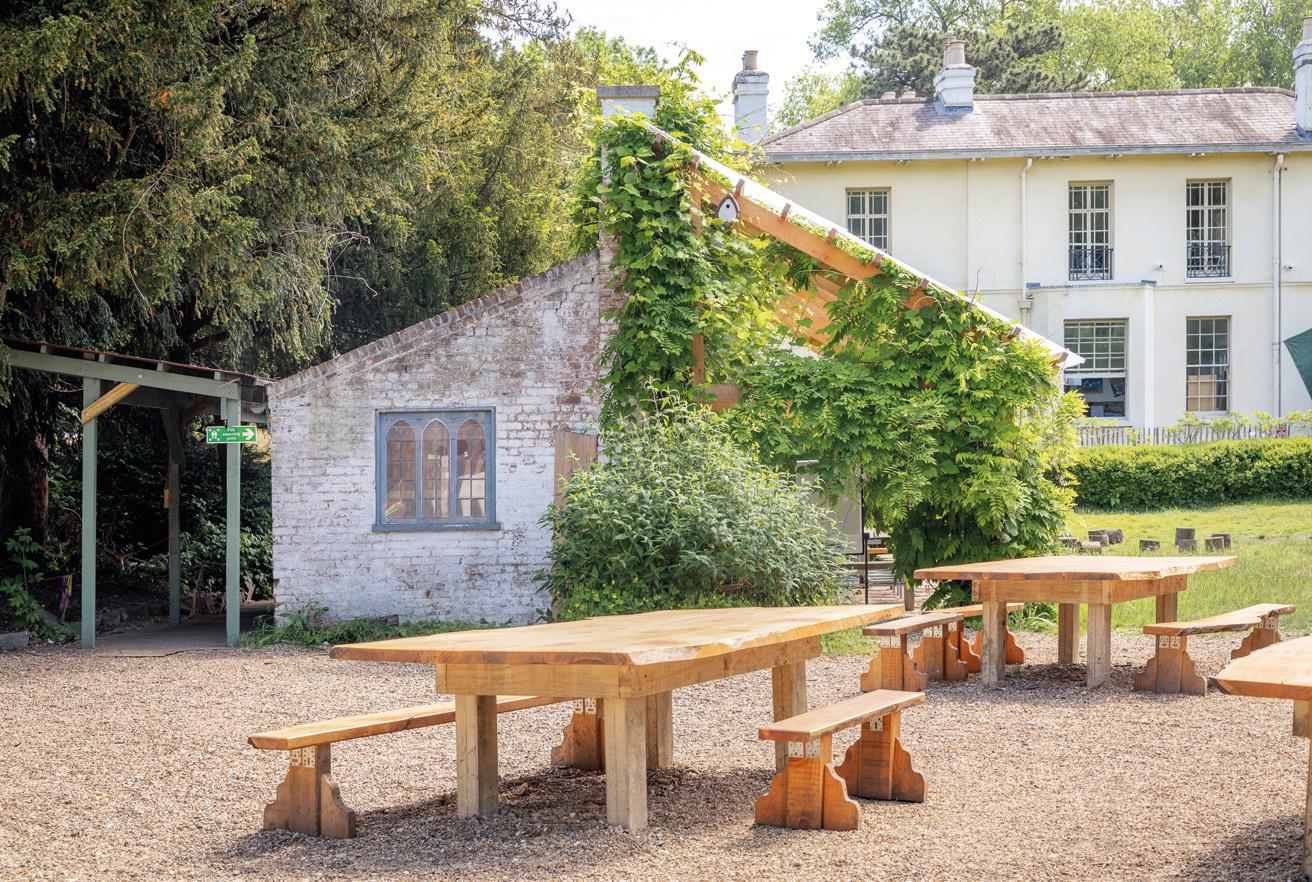
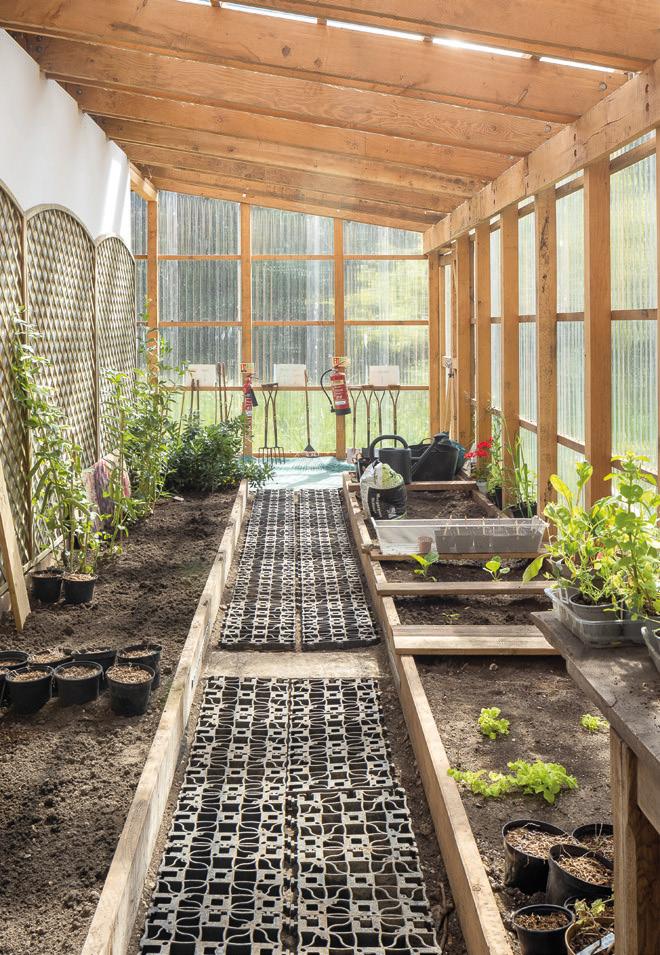
A bespoke curriculum, meditation practice and mindfulness podcasts put pupils’ mental health at the very heart of the school ethos at Liberty Woodland in South London
With empathy a core value at St Christopher’s in Surrey, sensitive subjects are discussed with great care and pupils are brought closer to the wider world with a plethora of fundraising initiatives

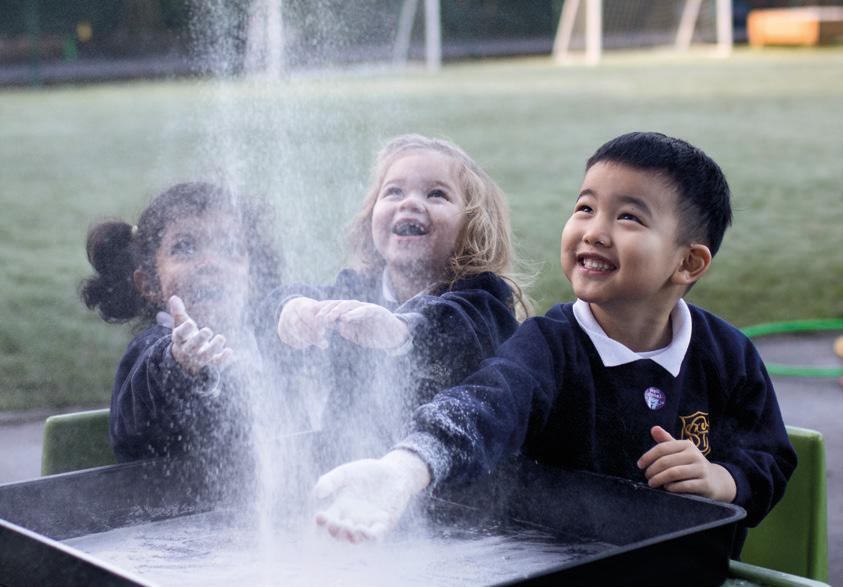
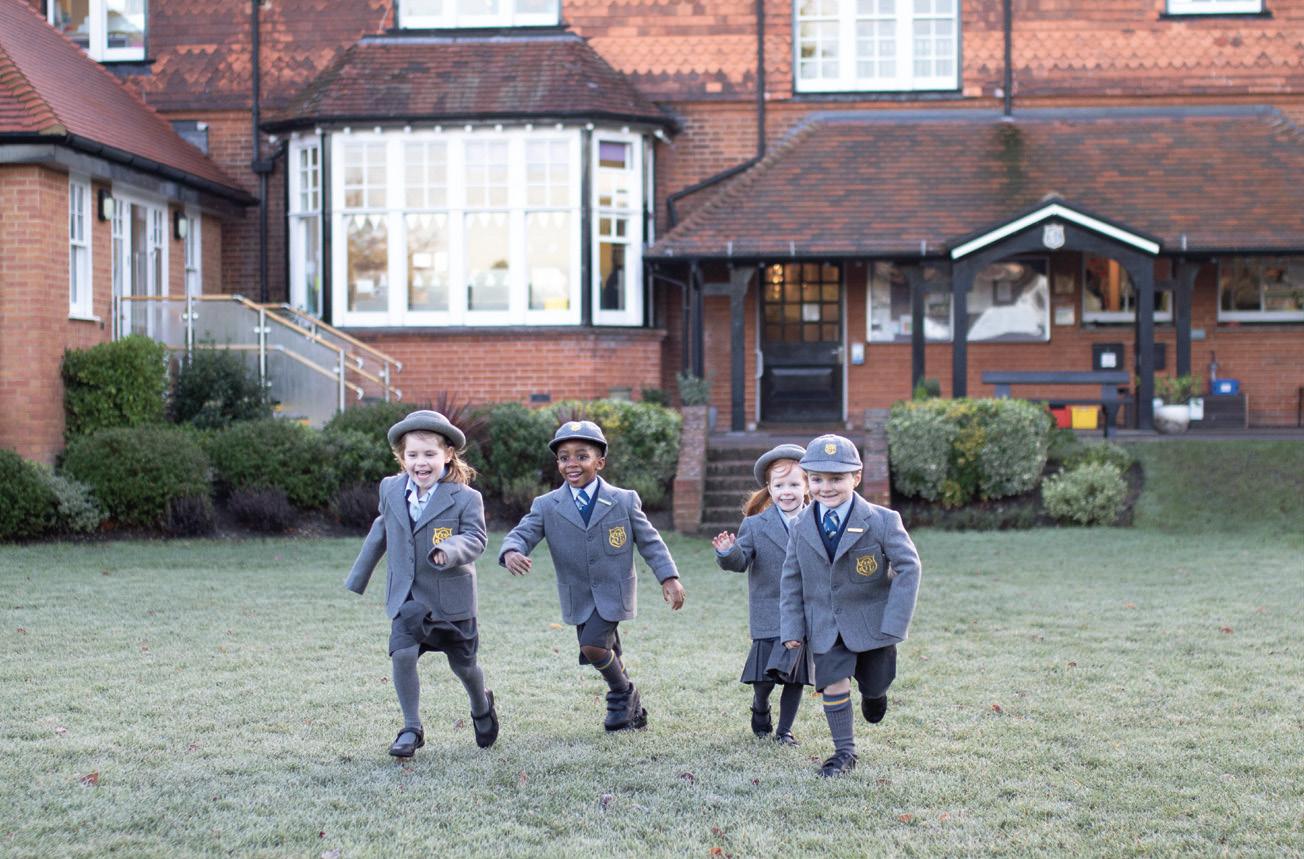
St Christopher’s is a place where pupils flourish, thrive and where each child is encouraged to shine, where wellbeing and learning are carefully aligned as united forces. The school’s aim is to nurture independent, highly-motivated and engaged learners within a dynamic environment that is driven by the principles of excellence, empathy, and endeavour, which support the future skills needed for a globally-connected society.
Michael Fullan, a worldwide expert in Whole System Change, talks of learning and wellbeing as being the very “essence” of all we do and “the constellation of purpose, meaning, belongingness, connectedness and contribution to the world” being central to the pupils’ learning (Fullan, 2021). With this in mind, and rooted in the school’s value of empathy, the teaching staff’s coordinated and sustained approach includes organising purposeful experiences and systems where the aim is to build resilience as both individuals and as a community. The prep encapsulates its approach to life at school with the phrase ‘the art of the possible’. This includes the teachers’ ability to promote good mental health, selfregulation, and being unafraid to broach difficult concepts.
An example of how teachers tackle sensitive topics with such young children, would be
its approach to bereavement. The school recognises that its children and families benefit from having an opportunity to process feelings about bereavement and grief. To that end, in June, St Christopher’s held an Elephant’s Tea Party, a Child Bereavement UK initiative which encourages children to bring in a photo of a missed loved one, to celebrate their life while allowing the child to talk about their memories. Pupils are invited to choose a place to tie a photo of their loved one onto an apple tree. The school community revisits the apple tree and finds it a valuable source of peace, as the pictures gently float in the breeze. This incredibly positive day sees families come together through this shared experience and celebrate their loved ones.
The prep also peppers its calendar with opportunities for children to contribute to the wider world through supporting charities, such as collecting clothes for Ukraine, Sports Relief, fundraising for the London Air Ambulance and sponsoring a guide dog. This, together with a carefully crafted curriculum and systems that embed authentic pupil voice, is believed to create an ecosystem where wellbeing and learning are a priority.
“People become good at life when they feel safe, valued, and have a sense of purpose and meaning. There’s a need to be engaged in meaningful activities that contribute to the wellbeing of others.” (Fullan, 2021)
At St Christopher’s, this responsibility of aligning wellbeing and learning through sparkling creativity is fully embraced.
Founded in 1949, Pattison is a very special school because of its highly-acclaimed performing arts pedigree, combined with a strong academic focus. Pupils can take advantage of confidence-building performance opportunities in dance, drama and music, as well as a first-class education. This is all within a family environment that has all the benefits of an uninterrupted all-through education and a strong focus on pastoral care.
All children, from the age of four up to year nine, have a speech and drama lesson as part of their timetable. This lesson enables pupils to mature into confident, articulate members of society. From a young age, pupils are also encouraged to express themselves through dance and to develop the physical control and discipline required to dance, through weekly lessons. In music, specialist staff teach all pupils from the Early Years up, and pupils are encouraged to join the junior and senior choirs, which take part in performances throughout the year, as well as competing successfully in local festivals.
At all levels, the performing arts are taught by specialist teachers, and most pupils coming
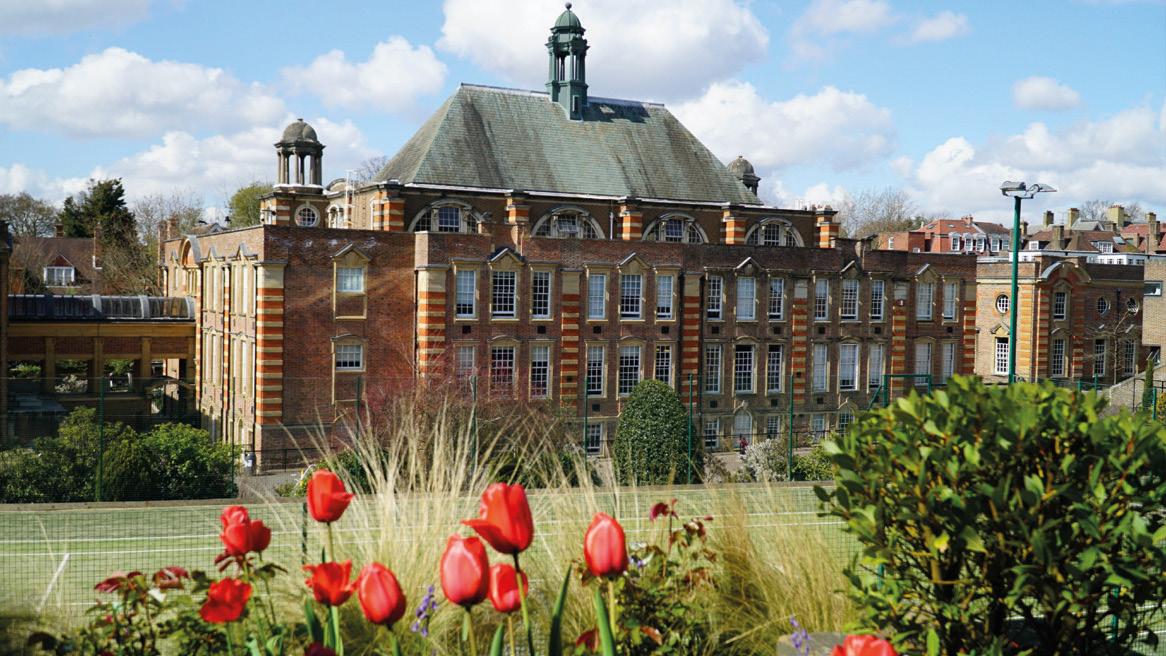
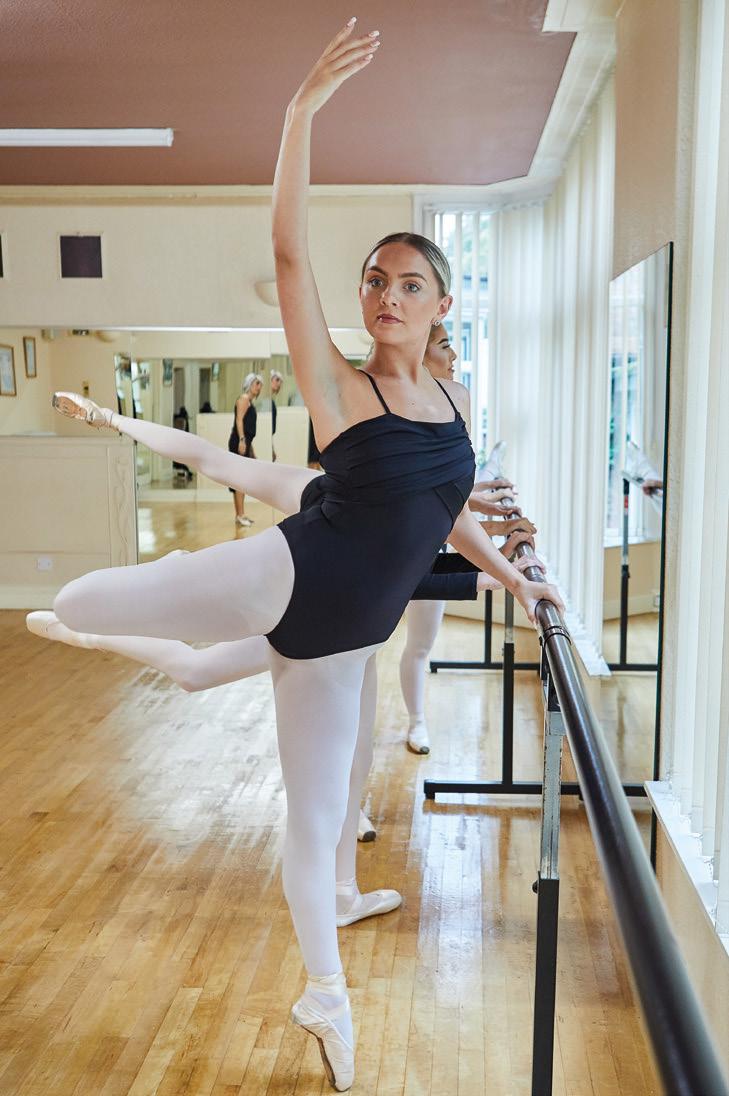

to Pattison take advantage of the vast range of dance activities. Individual timetables are designed for pupils, based on their interest, experience and ability. A sports club also takes place three times a week at lunchtimes for those who aren’t dance enthusiasts.
Being a small school, Pattison celebrates and values each child’s individuality, and staff take the time to get to know every pupil, supporting them, helping them and encouraging them to learn at their own pace. This pastoral care continues right through their time at Pattison. The children are supported, challenged or extended, depending on their individual needs, so that they’re always working to their full potential. All children are given the opportunity to develop their learning and interests as individuals and within small groups.
Pattison is proud of its pupils’ fantastic achievements. Some children leave the school at age 16 and the majority of these
children continue on to further education and university. Other children chose to stay on at Pattison until age 18 to participate in the schools excellent musical theatre course, which prepares students for careers both as performers and teachers. Students who leave Pattison at the end of the musical theatre course are extremely well prepared for this, with qualifications and skills in dance, drama and singing.
Every Pattison student has the opportunity to shine and fulfil their full potential, in preparation for a bright future. For more information, see pattisons.co.uk and for school visits email office@pattisons.co.uk or call on 024 7645 5031.
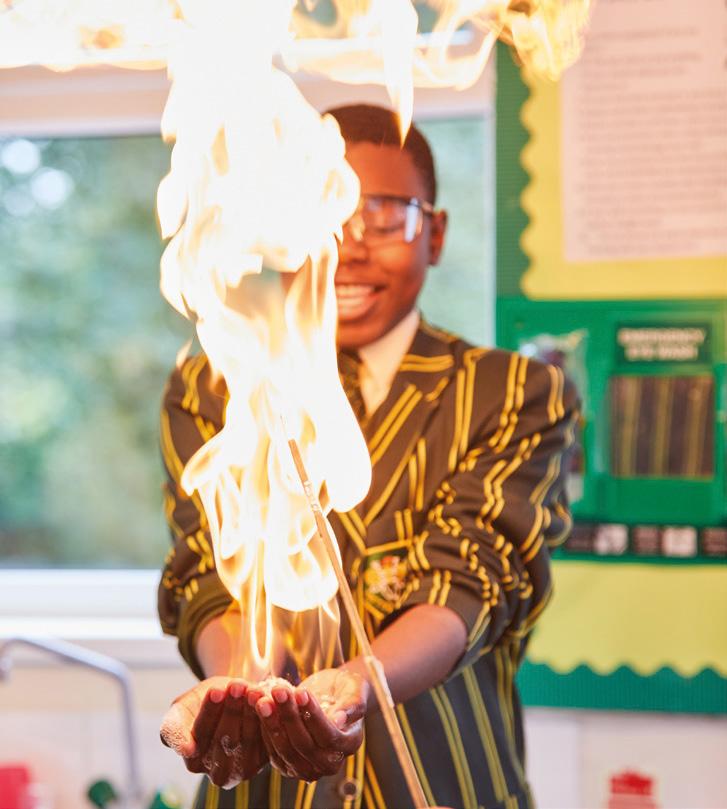
Coventry’s Pattison College is a non-selective, all-through school with a performing arts programme which inspires pupils of all ages
AT ALL LEVELS, THE PERFORMING ARTS are taught by specialist teachers, and most pupils COMING TO PATTISON TAKE ADVANTAGE OF THE VAST RANGE OF DANCE ACTIVITIES
Pupils
At UCS Pre-Prep and Junior Branch, the emphasis on wellbeing is an integral part of the school ethos, being embedded into both culture and curriculum, not only through dedicated mindfulness and PSHEE lessons, but also as a continuous thread in each school’s daily practice in the classroom and beyond.


It’s the responsibility of all staff to promote the emotional development of pupils and to recognise that valuing their wellbeing will have a direct effect on their social and academic progress, equipping them with confidence and resilience from an early age. This, in turn, will support them through pivotal periods of their lives moving forward.
The pre-prep is accredited with the National Wellbeing Award for Schools, which is testament to its ongoing efforts to put wellbeing at the heart of everything it does. A carefully balanced curriculum ensures pupils understand the importance of their own and others’ mental health; pre-prep children can talk confidently about their emotions, referring to the four ‘zones of regulation’, as well as looking after one another through the House Buddy system and eagerly taking on the role of class Wellbeing Champion. Soulful Singing sessions and Music and Movement mindfulness activities offer further opportunities to nurture pupils’ awareness of wellbeing, as do special visitors like Dudley the dog and the baby ducklings and partridges whom the boys care for.
Naturally, wellbeing remains an essential component of school life when pupils join the Junior Branch. It’s acutely important that they feel safe at school and have plenty of outlets in their daily routines in which to express concerns and worries as well as celebrating achievements.
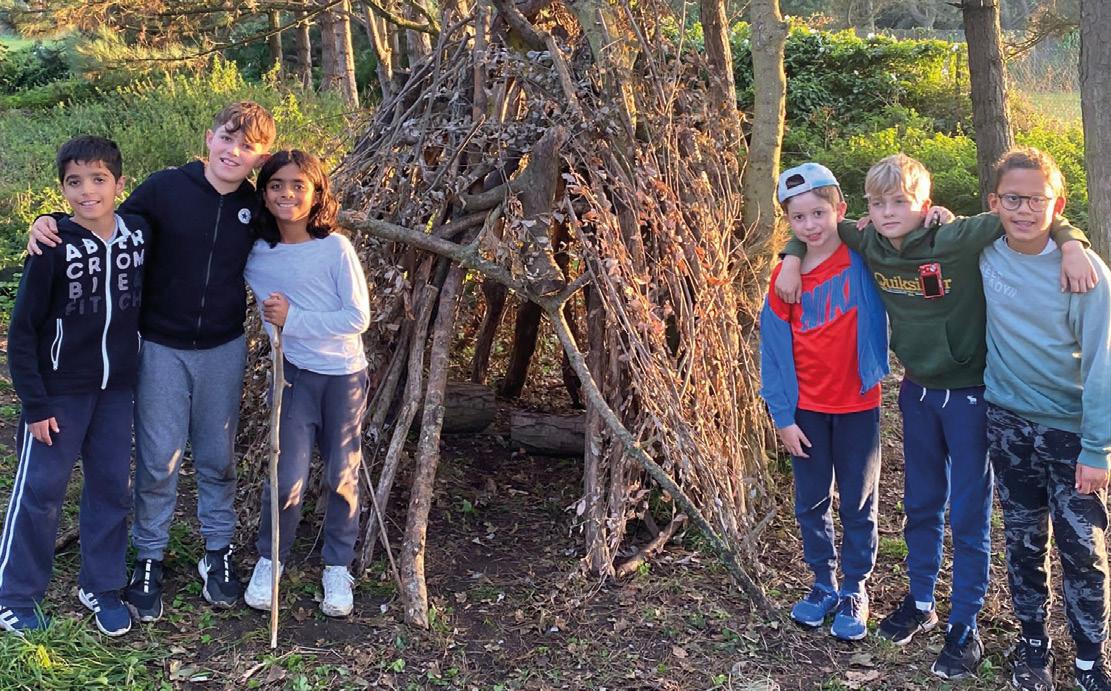
The Junior Branch teaches wellbeing as a stand-alone subject, alongside PSHEE, with a curriculum that includes an awareness of different forms of mindfulness. Teachers are trained to deliver lessons in a sensitive, empathic manner, so that children always feel supported. Classes may include varying forms of meditation, such as listening to calming voices or gentle music and breathing rhythmically. Simple and effective routines that enable and promote the concept of wellbeing.
A recently converted wellbeing and sensory room allows small groups to sit quietly and work in a peaceful environment. Pupils also benefit from well-attended extracurricular clubs like yoga, gardening and running, to help strike a balance between physical and mental health. As a result of these initiatives, the children enjoy a warm sense of security within a school community where the atmosphere is always happy and energetic.
The recognition that happiness has a positive impact on pupils’ academic success and social skills makes wellbeing a priority at UCS Pre-Prep and Junior Branch in North London
The most popular occupation at Cottesmore, our boarding prep school on the Surrey and Sussex border, is sleeping.
We spend more time sleeping than doing any other single activity. Other than playing team sport. And I suppose if you count all academic endeavour as one activity, that could also compete.
Cottesmore is one of the largest boarding prep schools in the country, so sleep is a key feature of school life, yet it’s an oft-overlooked pastime. Sleep is so necessary, so vital, and it’s an activity that we spend the most time doing. Yet, we don’t timetable sleep alongside maths, geography, English and art. Perhaps the reason for this is because, generally speaking, we’re naturally talented at it.
So if our snoozing skills are so innately developed, why should the girls and boys pay more attention to the act of slumber? It’s all about incremental gains and optimising their beauty sleep, developing their dormancy, improving their power naps, cultivating their kips so that peak performance can be achieved, unencumbered by the effects of extended wakefulness such as grogginess, generally ratty behaviour, brain fog and even ADHD-like symptoms. After all, we’re all much more pleasant, talented and sharp when we’ve had our full quota of shut-eye.
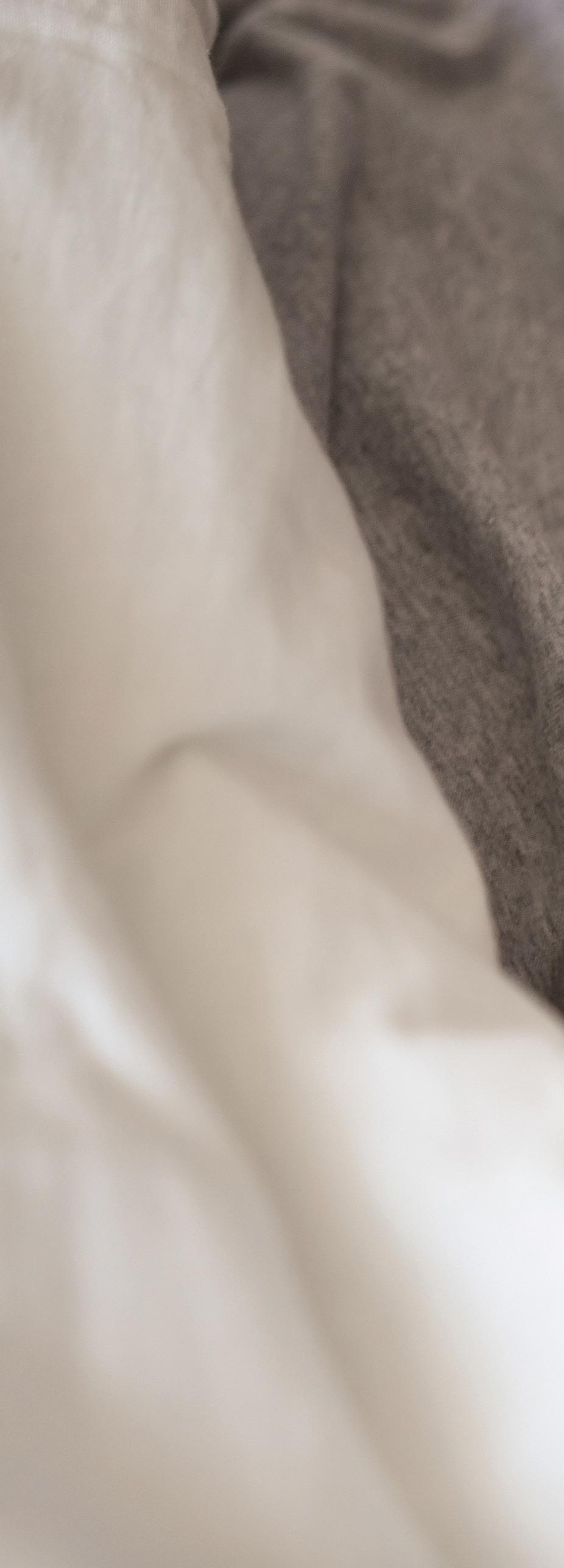
But how much sleep should our girls and boys be having? Experts assert that prep school-age children should sleep for 10 to 11 hours a day. Pre-prep children should sleep for 10 to 12 hours, and senior school children for eight to nine hours a day.

How should we ensure that our charges are sleeping as well as possible? Temperature is key. The NHS says that one’s bedroom should be much the same as the recommended drinking temperature for a full-bodied claret: 18°C. (The NHS didn’t actually mention claret, but I imagine that it would be a good point of reference for some.)
Happiness, being busy and purposeful endeavour during the day is also important. “A well-spent day brings happy sleep,” as Leonardo da Vinci famously said.
During the Covid-19 lockdowns, it became harder and harder to keep moving and exercising physically, especially if you were in a country or city with a particularly strict regime – in Madrid for example, children weren’t permitted to leave the house at all during the first lockdown. Every day blurred into the next, and complacency set in for all but those with wills of steel.
George Wienekus, Head of Boarding at Cottesmore School in West Sussex, shares his tried and tested formulas for helping his young charges get to sleep


SLEEP IS SO NECESSARY, SO VITAL AND IT’S an activity that we spend the most time doing YET WE DON’T TIMETABLE SLEEP ALONGSIDE MATHS, GEOGRAPHY, ENGLISH AND ART
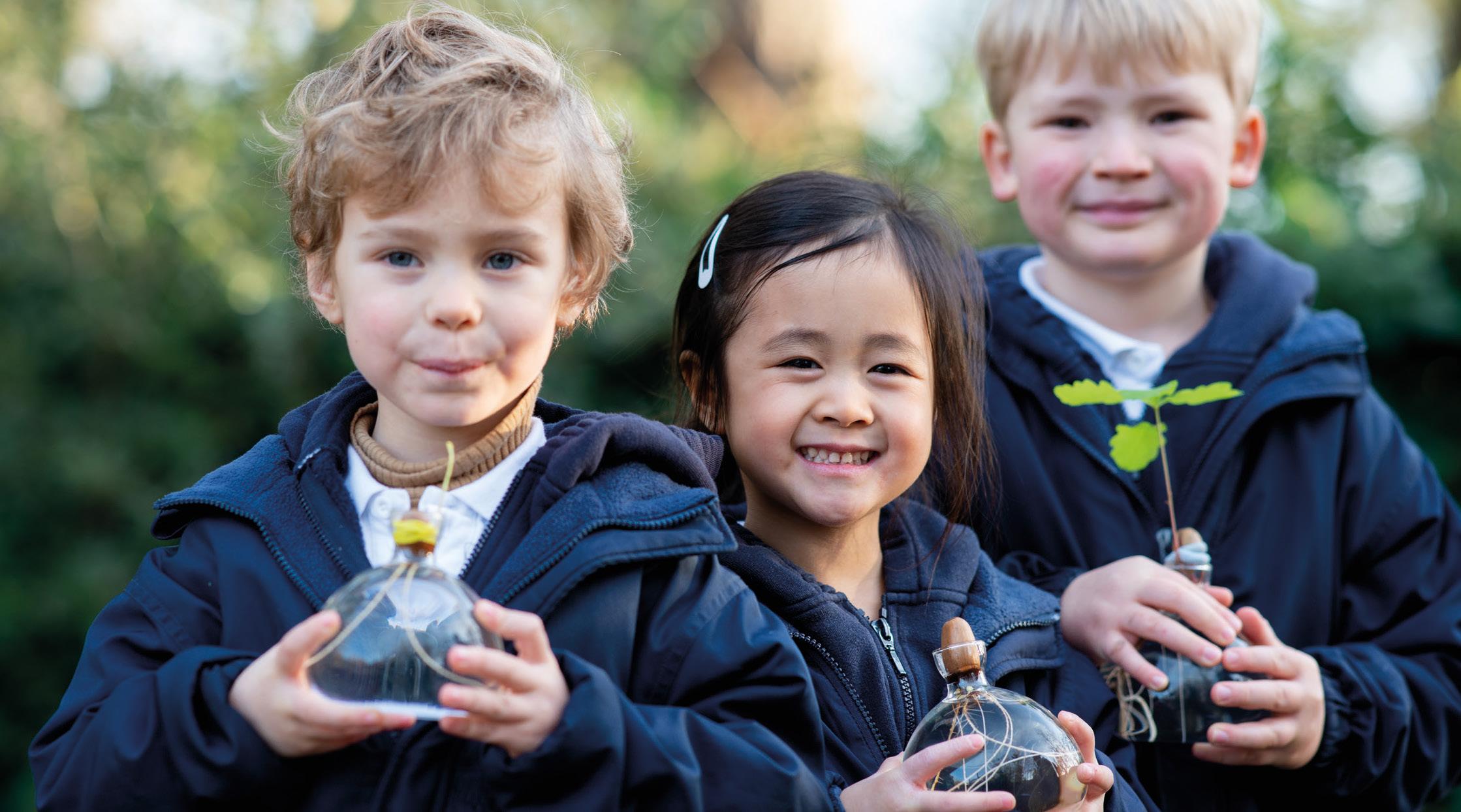
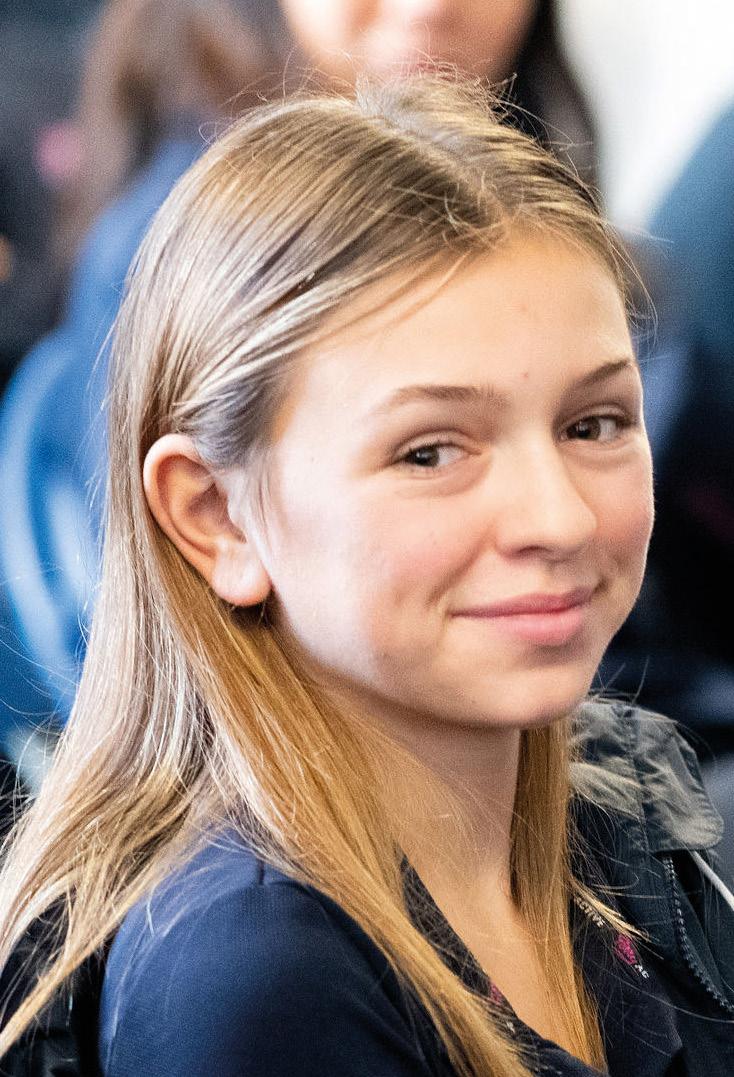
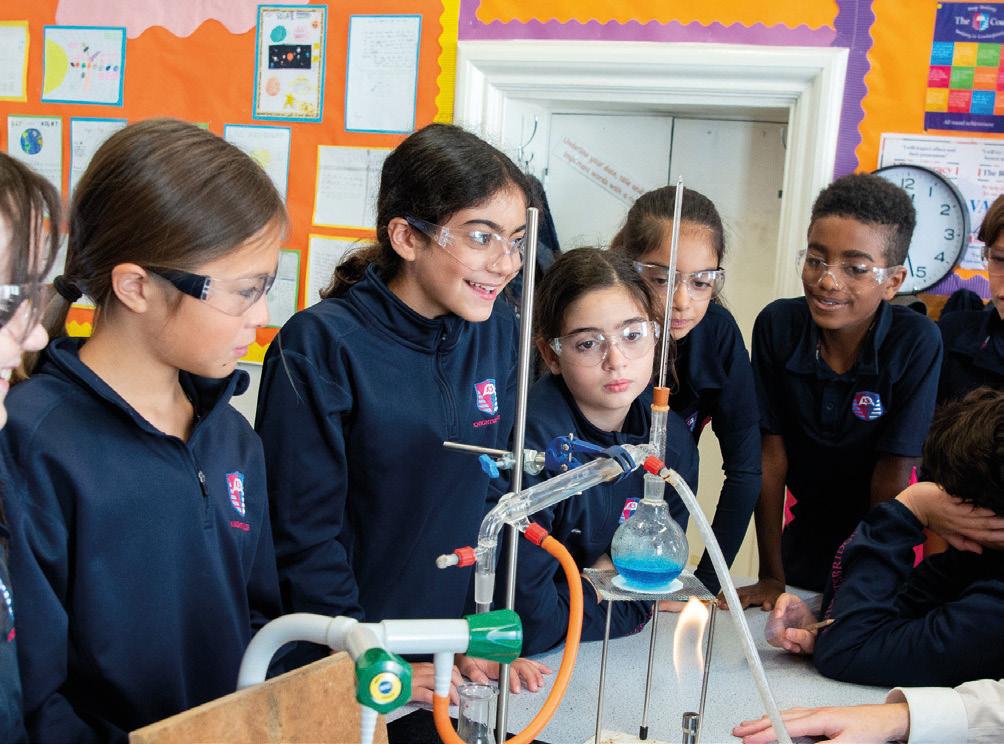
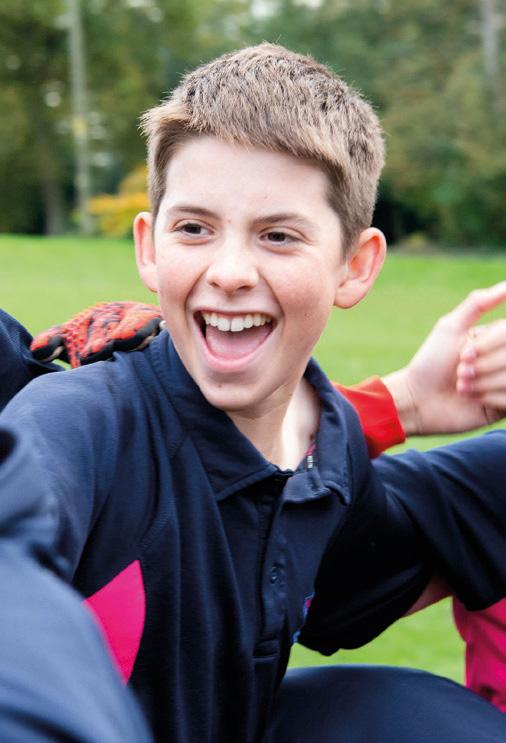


Reading a book before bed can be incorporated into your child’s calming nightly routine

To improve their sleep, girls and boys need the opposite of what the lockdowns provided. They need less screen time, more physical activity, more time in nature, more social interaction, a balanced diet, high water intake, purposeful activity in the day, solid routines, a consciously balanced existence between work, play and rest, and finally, they need to experience a feeling of safety and achieve the sense that all of psychologist Abraham Maslow’s needs are being met: physiological needs, the feeling of safety, belonging and love, as well as social needs (including esteem).
It becomes apparent while typing this list that the reason why boarding school girls and boys, at least at Cottesmore, sleep so soundly (aside from being very busy and full of purpose
during the day) is that there are so many opportunities to achieve the needs on the top tier of Maslow’s pyramid: esteem, cognitive, aesthetic, self-actualisation and transcendence. The ‘togetherness’ that a boarding community provides is strong for one’s feeling of social belonging. So often the children are publicly revered for a plethora of tasks, achievements and actions, which augments their esteem, self-confidence and to their sense of social fulfilment therefore promoting sound sleep.
So as I write this, it’s now time to start the Cottesmore girls’ and boys’ bedtime routines and turn in. We hope that your children sleep tight and wake up refreshed, ready to take on the world again tomorrow.
1. No screens No screens for as long as possible in the hours before bedtime.
2 Calming routine An hourlong standard calming night routine that ends with sleep.
3. Reading Reading a suitable book as part of this nightly routine.
4. “The 4-6” Children at Cottesmore find that a technique that we call the “4-6” is very helpful when trying to fall asleep: breathe in through the nose for four seconds, pause, and out through the mouth controlling the outward breath for six seconds. Repeat as many times as they can.
5. Bedroom temperature 18°C.
Daily exercise
Purposeful daily activities
Review Opportunities for acknowledgement of big and small achievements from the day.
Staying hydrated
Balanced nutrition Healthy, regular meals and snacks.
TO IMPROVE THEIR SLEEP, GIRLS AND BOYS need the opposite of what the lockdowns provided. THEY NEED LESS SCREEN TIME, MORE PHYSICAL ACTIVITY, MORE TIME IN NATURE

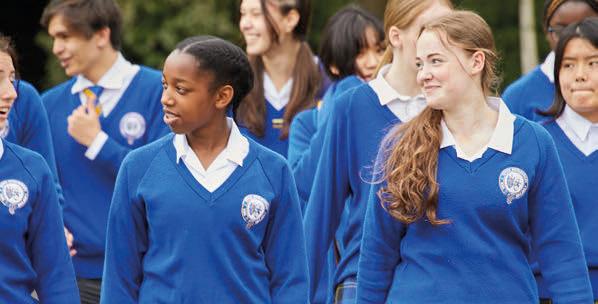
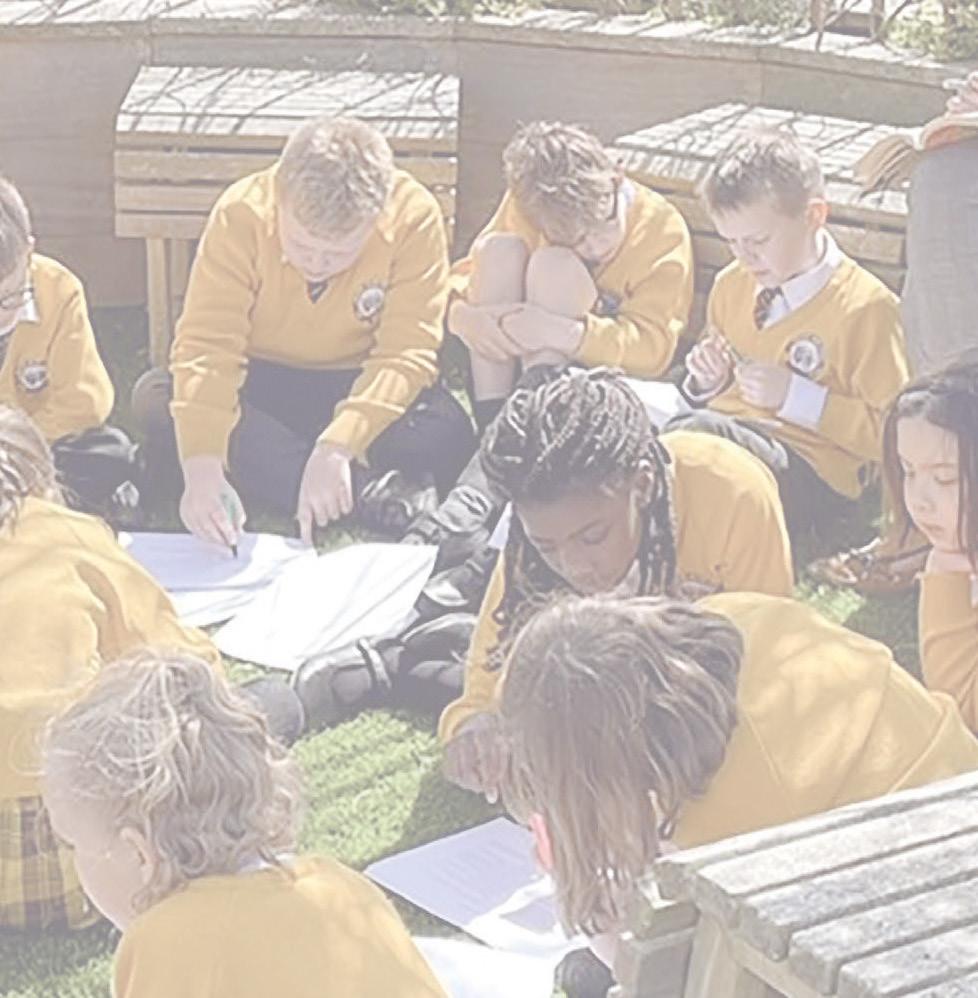


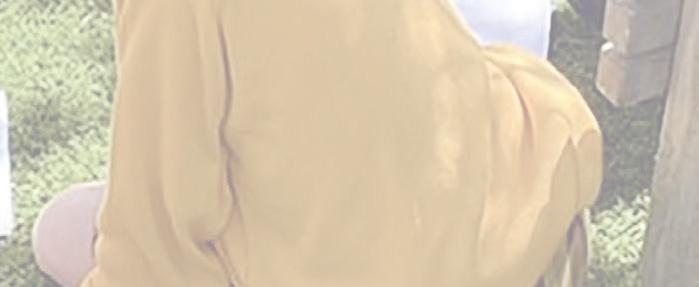


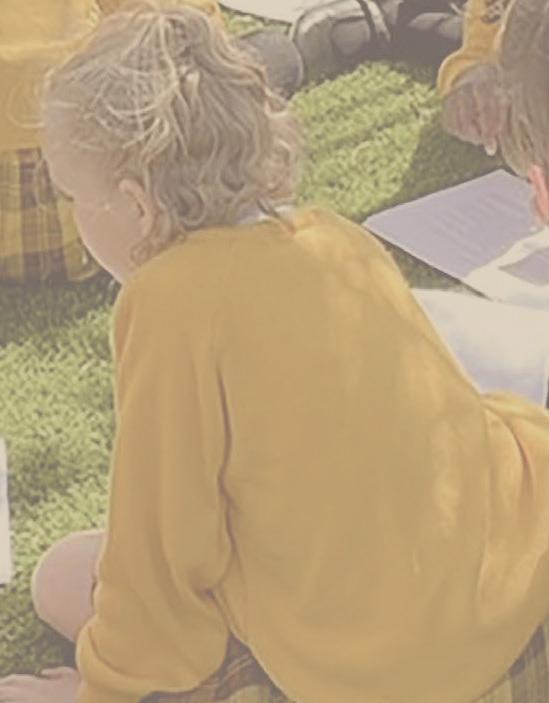
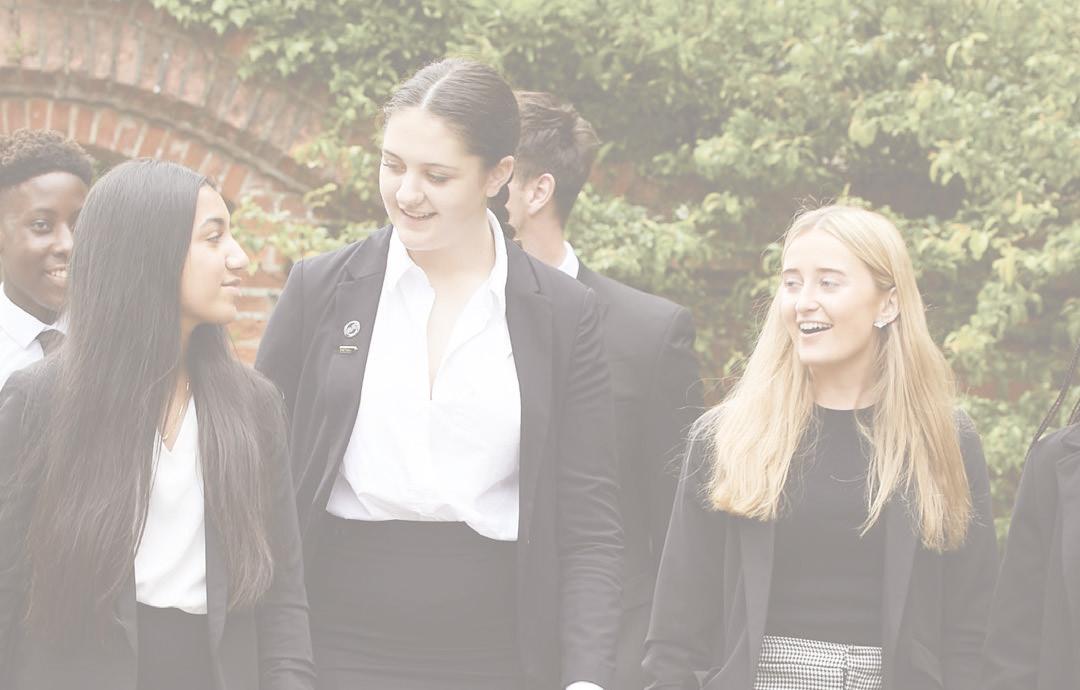






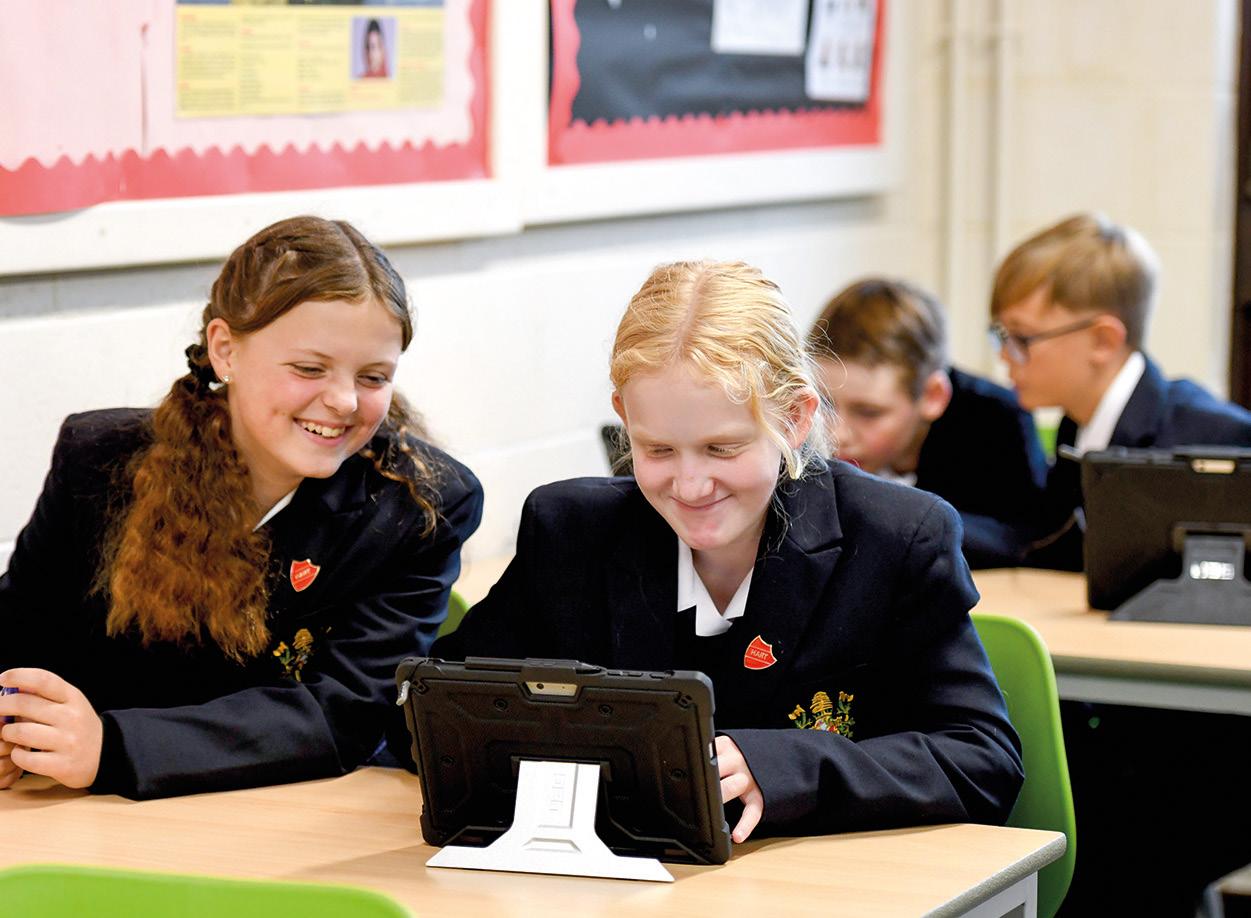


Children grappling with special educational needs can experience frustration, exhaustion and a lack of focus during school lessons











From getting the right diagnosis for a child with learning difficulties to selecting the best school, forging the right educational journey for them can seem like an almost impossible task. So, what should parents be looking for from a school? Charlotte Phillips investigates
There’s nothing like shopping for this year’s school uniform – that tiny blazer, so swiftly outgrown, to get parents thinking about what the future holds. Which school crest will your child be sporting in a couple of years’ time? If your child is in year one, you may be contemplating seven+ or eight+ entrance assessments. Parents of older children may already be looking ahead to senior schools.
Whatever the age range, the important thing is to get it right. For every family, it’s a voyage of discovery – a heady blend of anticipation and uncertainty. But for parents starting to suspect that their child might have some form of special education need (SEN) the biggest emotion can be one of anxiety.

Sometimes it’s the parent who senses that there’s something different about the way their child is managing at school. Quite often it’s an experienced teacher who may suggest that something isn’t quite right. And that can be very hard to hear, especially as the ‘something’ can cover a huge range.
When our children start school, we want them to be happy. And what that generally means is that they’re getting on socially, flourishing academically, taking part and enjoying all the fabulous extras on offer, like sports and music.
It’s when a child doesn’t quite fit into these
expectations that it can signal a problem. They may not make friends (or be invited to birthday parties). They might not pay attention to the teacher. They find lessons exhausting, difficult or tiring in a way that their classmates just don’t. Nothing comes easily to them and because of this, school is harder and simply not a happy place for them, so much so that they plead to stay at home.
It can be tempting to ignore a child’s difficulties and hope they’ll go away. And sometimes they do. Visit any reception class and the differences between oldest and youngest pupils can be huge – children
But when a child is unhappy, clearly finding life far harder than their friends, if you’re constantly being asked to speak to the teacher at home time or called in for meeting after meeting, it can be a sign that something is wrong. If things don’t get better, it’s time to take action.

And if your child does need support, the earlier this happens, the better. Tempting though it is to ignore it or put it off, you won’t be doing your child any favours. Even if they can’t articulate it, they’ll very often feel different –
with summer birthdays can still seem like grownup babies in comparison with the older sophisticates holding court at playtime. But go back a year later: as the littlest ones grow up, those differences tend to melt away.
And if there’s a reason why a child might be acting differently, it can often be a reaction to something upsetting that will get better on its own – then it might be better waiting for a short time to see if things resolve themselves.
even refer to themselves as ‘stupid’ – and that’s not good for their confidence.
Getting a diagnosis as soon as you, or the school, can see that there’s a problem that isn’t going away will help to show where a child is struggling and how to help them cope, academically, socially and emotionally. And it’s worth stressing that (despite what many parents are told) children who are also very gifted can also have special educational needs.
FOR PARENTS STARTING TO SUSPECT THAT their child might have some form ofspecial education need (SEN) THE BIGGEST EMOTION CAN BE ONE OF ANXIETY
So how early can you get help? Some forms of SEN – like autism (which can affect the way that children get along with others) and behavioural, emotional and mental health difficulties – which would include attention deficit hyperactivity disorder – may be diagnosed at a very early age, even before a child starts school.
Others, like specific learning difficulties (which includes dyslexia) are often only diagnosed after the age of seven, when children (very generally speaking) are no longer learning to read but reading to learn, and difficulties with literacy – understanding instructions, reading or writing longer texts –start to become more evident.
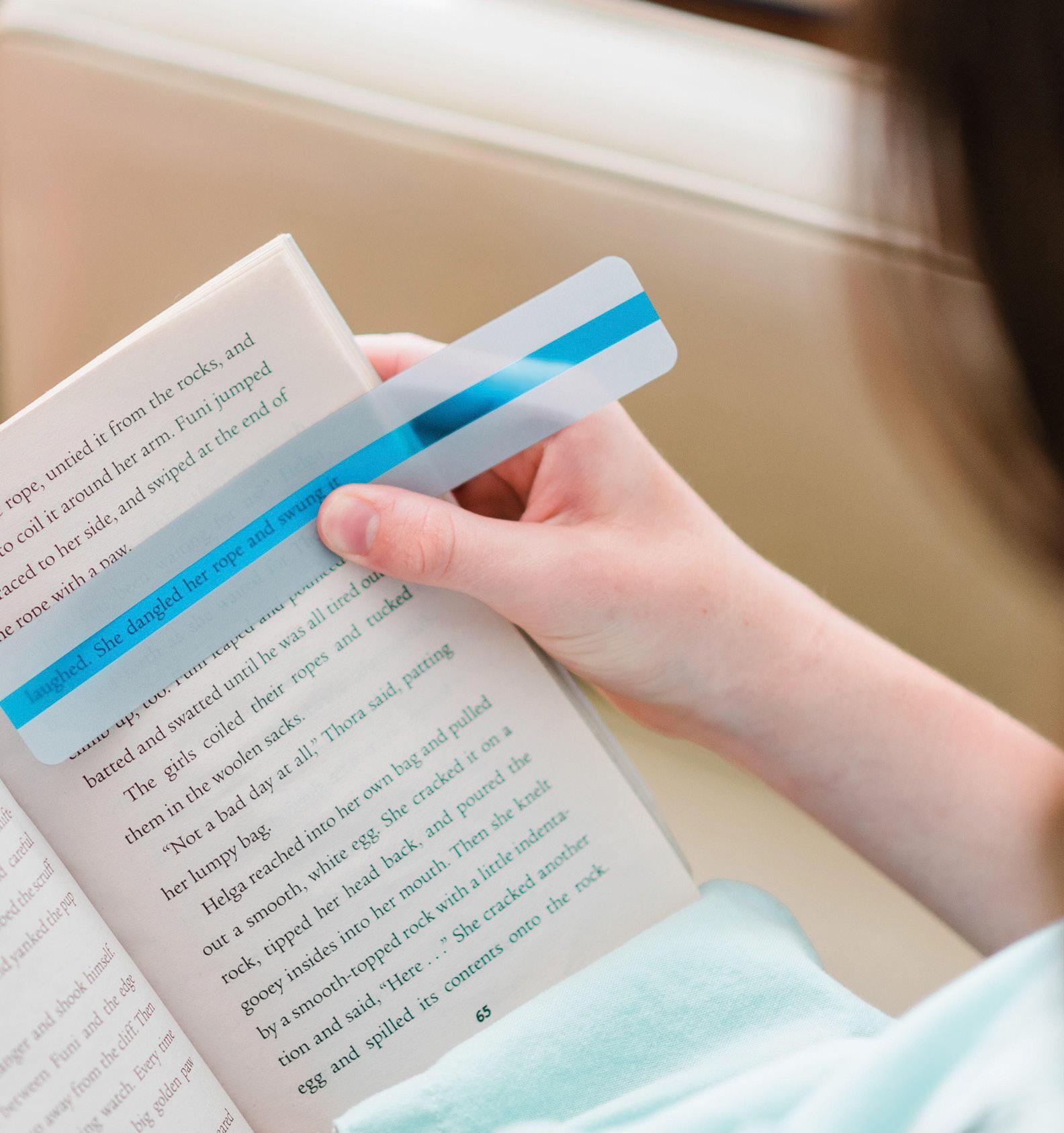
Parents will often start by talking to the current school, who may be able to put some support in place, set some clear goals and a timescale, and then review this to see how well it’s working. And sometimes, that can be all that’s needed.

It may, however, mean visiting the GP and asking for a referral to a professional or clinician who can carry out a detailed assessment, sometimes involving other specialists as well. An educational psychologist is often an important person in the process because it’s their assessment (sometimes
Here’s a handy checklist for parents seeking a school that will fully support their child’s specific special educational needs
• When looking at schools for a child with SEN, consider getting a report from a specialist, such as an educational psychologist, so you have an idea of what is needed to enable them to flourish.

• Attend the open day, and arrange to talk to the learning needs coordinator. Ask if the school caters for pupils with similar needs, and how they’re supported.
• Ask lots of questions: Find out if prep schools have supported pupils with similar needs and which senior schools they’ve moved on to.
• Take website wording with a pinch of salt: School websites look amazing – and that includes their SEN policies. Don’t take them at face value, though. Talk to senior teachers (and the head, if a prep school) about your child – they should sound welcoming and enthusiastic. If they don’t, think again.
• Check out the pastoral care: Schools SEN and pastoral teams should work closely together to give children who need a boost to their selfesteem the joined-up help they need.
• Make choosing a school all about your child: You want the school that’s going to help your child succeed. If that’s not the all-bells-andwhistles, fast-paced and uber-selective establishment you’ve had in mind all these years, that’s not important. However, getting it right for your child is.
• Know your rights: Organisations like IPSEA ipsea.org.uk, Contact contact.org.uk and SOS!SEN sossen.org.uk are packed with information and resources.
involving a visit to the school to see how a child is getting on there) that will help set out the support that needs to be put in place.
So back to thinking about which school is going to love and cherish your children because of who they are, not in spite of any learning difficulties. Once parents have the reports, they’ll need to show these to any prospective school during the admissions process. This isn’t as daunting as it sounds. Every school will have some pupils who have specialist learning requirements. What matters is how much help a child needs – and the school’s attitude.
As with most other aspects of the education they offer, schools have a varying approach to SEN support. Some are firmly on the side of the angels. Others, to put it mildly, have a long way to go. And most independent schools, however clued up they are about SEN, are likely to have limited resources. If there are other children also needing support who joined the school earlier than yours, the school may worry that its resources are being spread too thin.
• Abingdon House School, London
A mainstream, supportive education with a specialist approach.

abingdonhouseschool.co.uk
• The Unicorn School, London and Oxfordshire
A specialist school supporting dyslexia and related learning difficulties. unicornoxford.co.uk
• Bredon School, Warwickshire
“Specialist dyslexia teaching through a broad curriculum, allowing all pupils to shine.” bredonschool.org

• The Holmewood School, London
For pupils aged seven to 19 with high-functioning autism, Asperger’s Syndrome, and other communication and social difficulties. thsl.org.uk
• Bruern Abbey, Dorset
A specialist education and pastoral support for boys with dyslexia, dyspraxia and other learning difficulties. bruernabbey.org
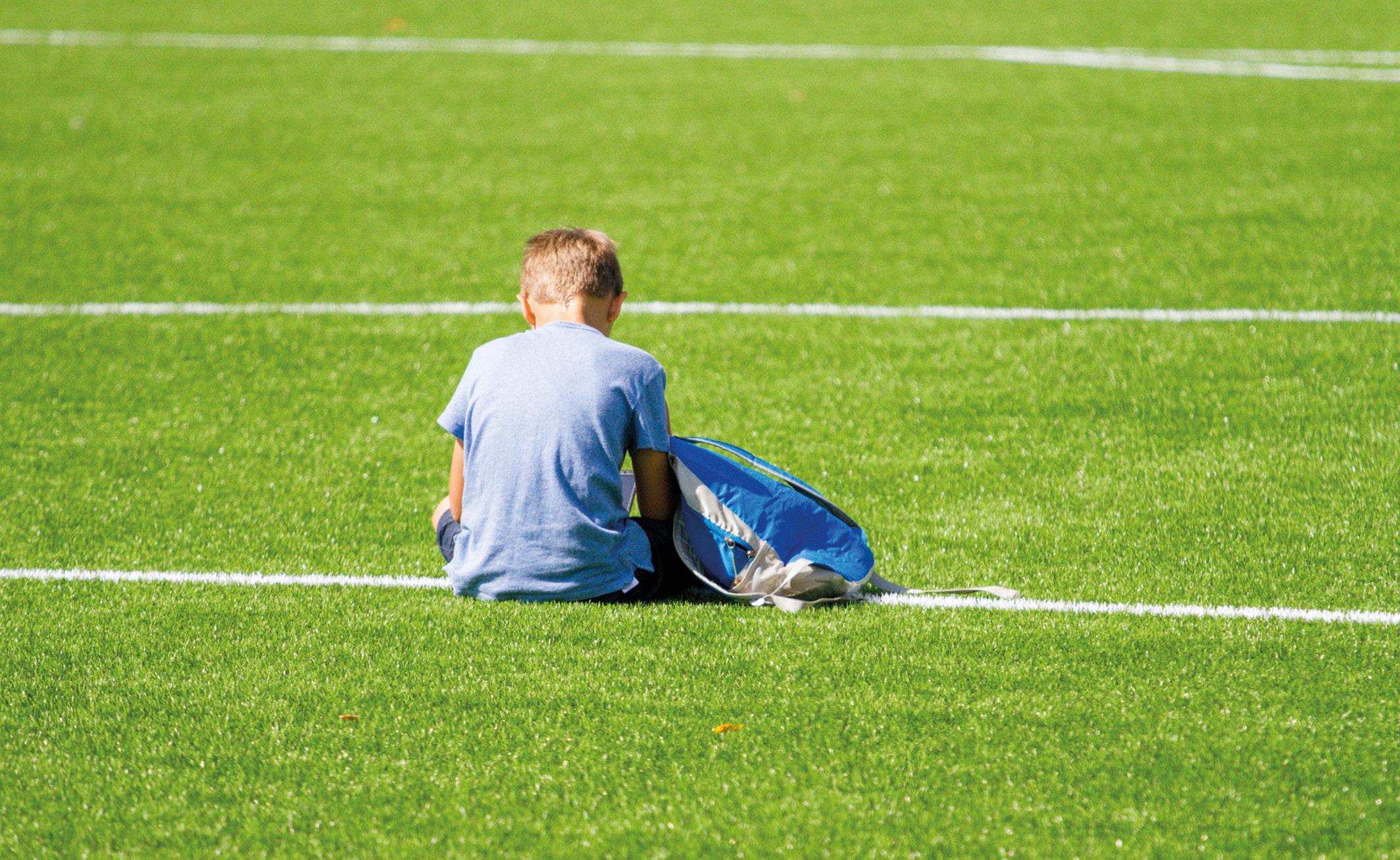
Resources for dyslexia, such as tinted reading aid rulers, can help a child once their diagnosis has been confirmed AN EDUCATIONAL PSYCHOLOGIST IS OFTEN an important person in the process because it’s THEIR ASSESSMENT THAT WILL SET OUT THE SUPPORT THAT NEEDS TO BE PUT IN PLACE

Philippa Worne is the mother of 10-year-old twins Ben and Max who both attend The Unicorn School in Abingdon, Oxfordshire. Here, she explains how the school’s tailored support has helped with Ben’s reading
“The boys were at a state primary and are June babies, so they’re young for their year group. Initially, I thought that this was the reason for Ben’s slow development, however, by the age he should have been reading – six or seven – he was struggling with it, and his writing too. I’m dyslexic, so it was in the back of my head that he might be as well. In the state system, you can only test children once they’re seven, so we had Ben tested and he was diagnosed as profoundly dyslexic.
Then lockdown happened. My husband and I were struggling with home schooling and really worried with how di cult Ben was
finding everything. We went through the minutiae of Ben’s dyslexic report and eventually got him diagnosed with additional speech and language and auditory processing issues too.
The teachers at Ben’s school were very supportive but we recognised that he needed more help than was available. During this time, a friend introduced us to the Unicorn School in Abingdon,
which is a specialist school that teaches children with learning di erences, such as dyslexia and other related learning di culties.
The teaching is tailored to each child, depending on how they learn which completely changes how the children perform. The classes are small and every child has a daily one-to-one lesson with a teacher.
The school excels at pastoral care with a



dedicated team always on hand to help the children. We sent Ben’s twin Max to the school because he su ered with terrible social anxiety after lockdown.
The parent community is very supportive, with many families having moved house, and even counties, so their children can attend. There’s plenty of help for any parent applying for an EHCP (Educational Health Care Plan) for their child.
Every child is proud to be a pupil at the Unicorn –they love it. The school is progressive, as it wants to change the way the world sees dyslexia both for the children, their parents and the wider society.”
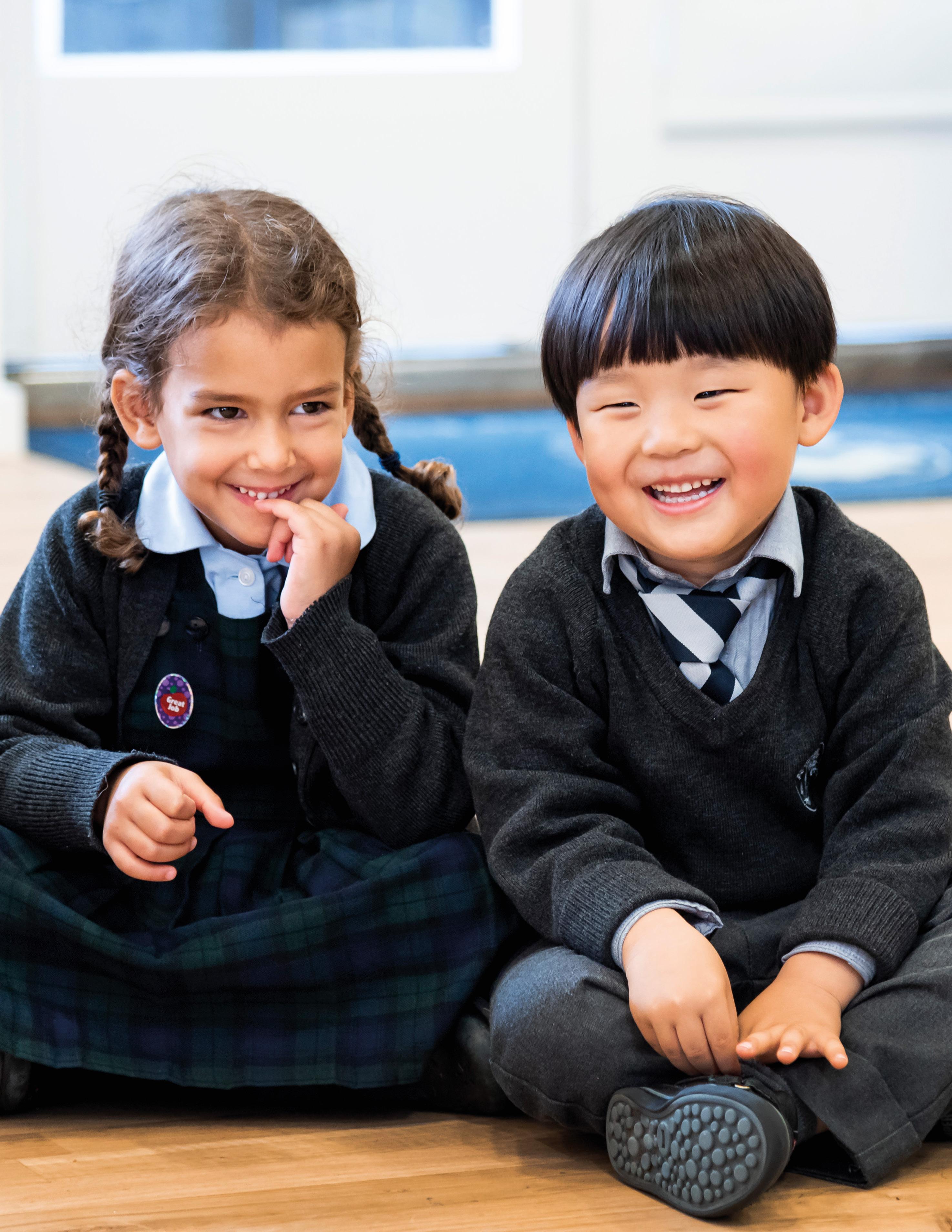
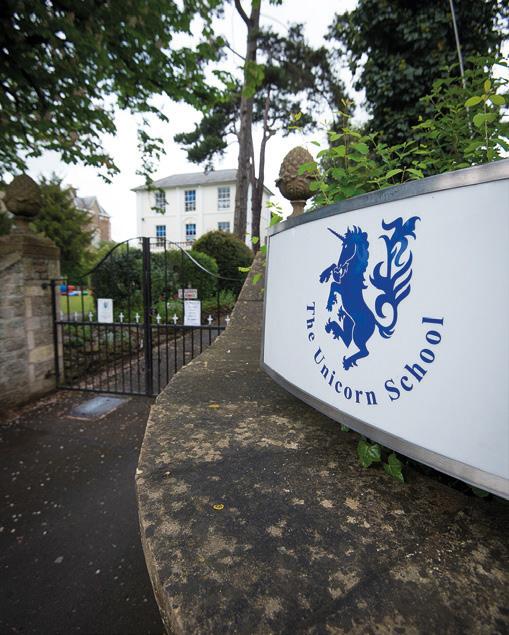
en there are academic expectations. Even those schools that describe themselves as non-selective will expect prospective pupils to be working at the same level as other children of their age.

It’s de nitely sensible to do your research before making contact with prospective schools. All, from the biggest school to the smallest, ultra-selective to the totally inclusive, will have a policy devoted to learning needs. A school that doesn’t make “reasonable” adjustments for pupils with special educational needs is likely to be breaking the law – it’s all set out in the 2010 Disability Discrimination Act.
For parents who had a particular high- ying prep or senior school in their sights, a rethink might be needed – not because their child isn’t academically able, but because the support they need to ourish and grow in con dence at this moment in time is more than that school may be able, or willing to give.
It can be hard to cope with. But ultimately, all families are doing is nding the school
that’s right for their child at this moment in their educational journey – and is going to work for them now. A kinder, gentler, SENfriendly prep or senior school that’s lower on pressure, higher on individual support and academically exible (teaching the same thing 20 di erent ways, if necessary, to make sure that a child gets it before moving on, rather than teaching 20 things the same way) could be just what your child needs to make progress and be happy. And happy children – as every parent and teacher can testify – are a lot more likely to do well at school, with or without special education needs.
A SCHOOL THAT DOESN’T MAKE “reasonable” adjustments for pupils with special educational needs IS LIKELY TO BE BREAKING THE LAW



England Youth Coach and Football Pathway Manager at St Joseph’s College in Ipswich, Paige Shorten, explains the impact of the Women’s Euros win this summer and how she hopes to ensure the next generation of Lionesses reach their potential
The Lionesses’ Euros glory at Wembley this summer has put women’s football rmly in the limelight, spurring a new generation of girls to lace up their boots and get out on the the training pitch.






At St Joseph’s the sport already takes centre stage, with star players going on to compete in both league and international competitions. e school has partnered with Ipswich Town FC Women since 2018, establishing itself as a bastion for the girls’ game in the UK. As of this term, I’m St Joseph’s Football Pathway Manager, as it aims to cement its reputation as the premier school for the sport in this country.
At St Joseph’s College, we want to lead the charge for women’s football – and have already had huge success, with many former students now playing at the top level of the sport. Along with myself, the girls are taught by former “Tractor Boy” (Ipswich Town’s nickname) and current Colchester United mid elder Cole Skuse, who took up the role of Head Coach this September.
e college’s scholarship programme has so far supported and developed several international and rst-team Ipswich Town FC players through its dual-career partnership.
St Jo’s students Summer Hughes and Sarah Brasero featured live on ▲
St Joseph’s College is establishing itself as the UK’s premier school for girls’ football

the BBC during Ipswich’s FA Cup quarter-final match against West Ham in March, alongside former pupils including Maddie Biggs and Anna Grey.
I joined the school in 2021 initially as a coach and want to see St Jo’s become the top school in the country for women’s football.
St Joseph’s College has had huge success in men’s rugby and I want to see the very same success in women’s and men’s football.
We want to see shirts on the wall from all of the different clubs and international squads our girls play for, creating a footballing legacy the girls can look up to.
Our ambition is to see our students playing to the very best standard, playing attractive football and for other teams to look forward to playing both our male and female squads.
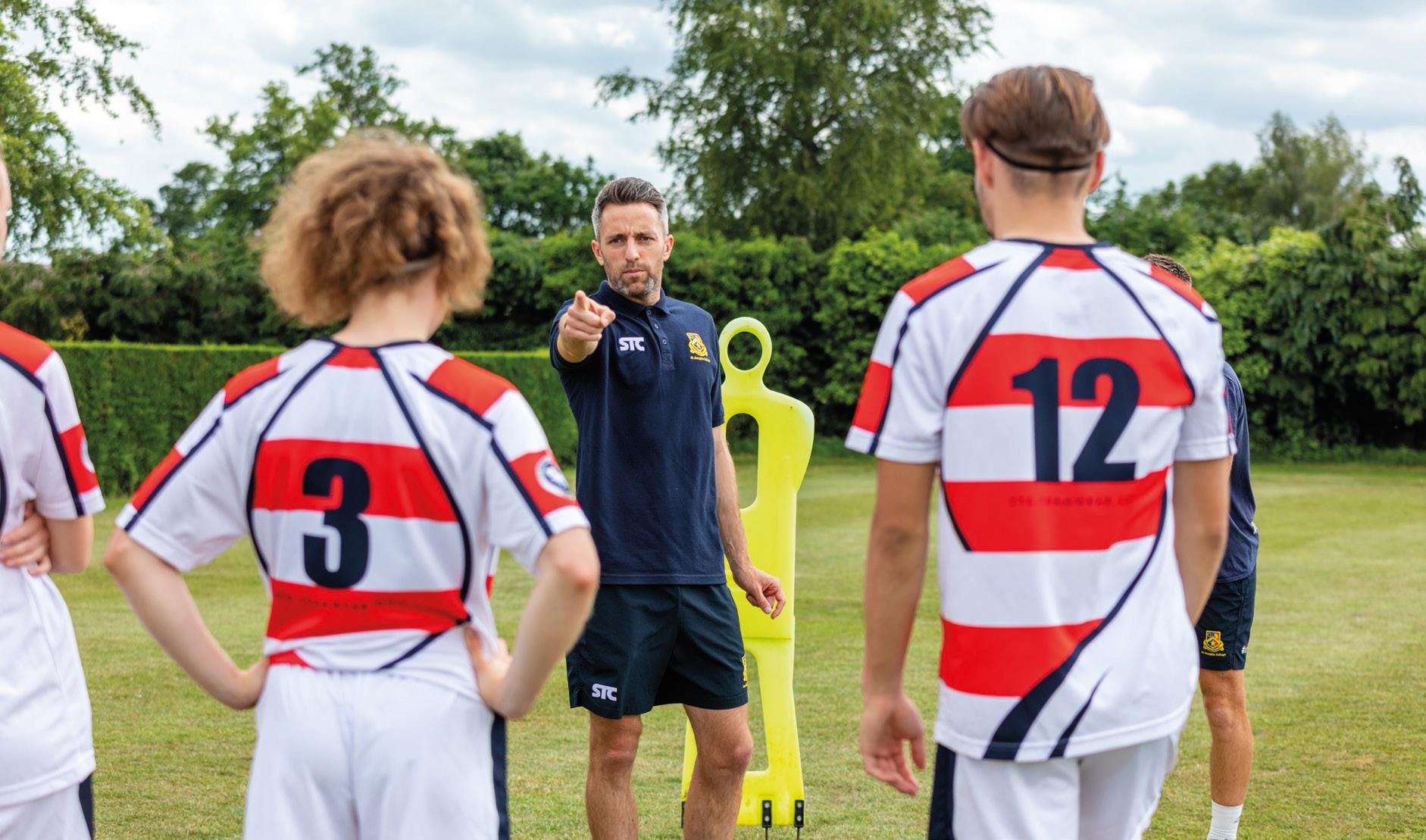
With regards to the female game, the ultimate aim is to have the most progressive female football programme in the country, and I would say we’re not far off achieving that.
I’ve been amazed at the growth of the women’s game in recent years – and St Jo’s is at the forefront of developing the very best up-and-coming talent.
This summer, I was lucky enough to attend the Women’s Euros Final at Wembley and watch the Lionesses make history, inspiring the country with a special group of players and staff.
Women’s football is growing fast, and the recent Euros success has really put it firmly in the public eye. And watching the sport develop in the local region has been brilliant.
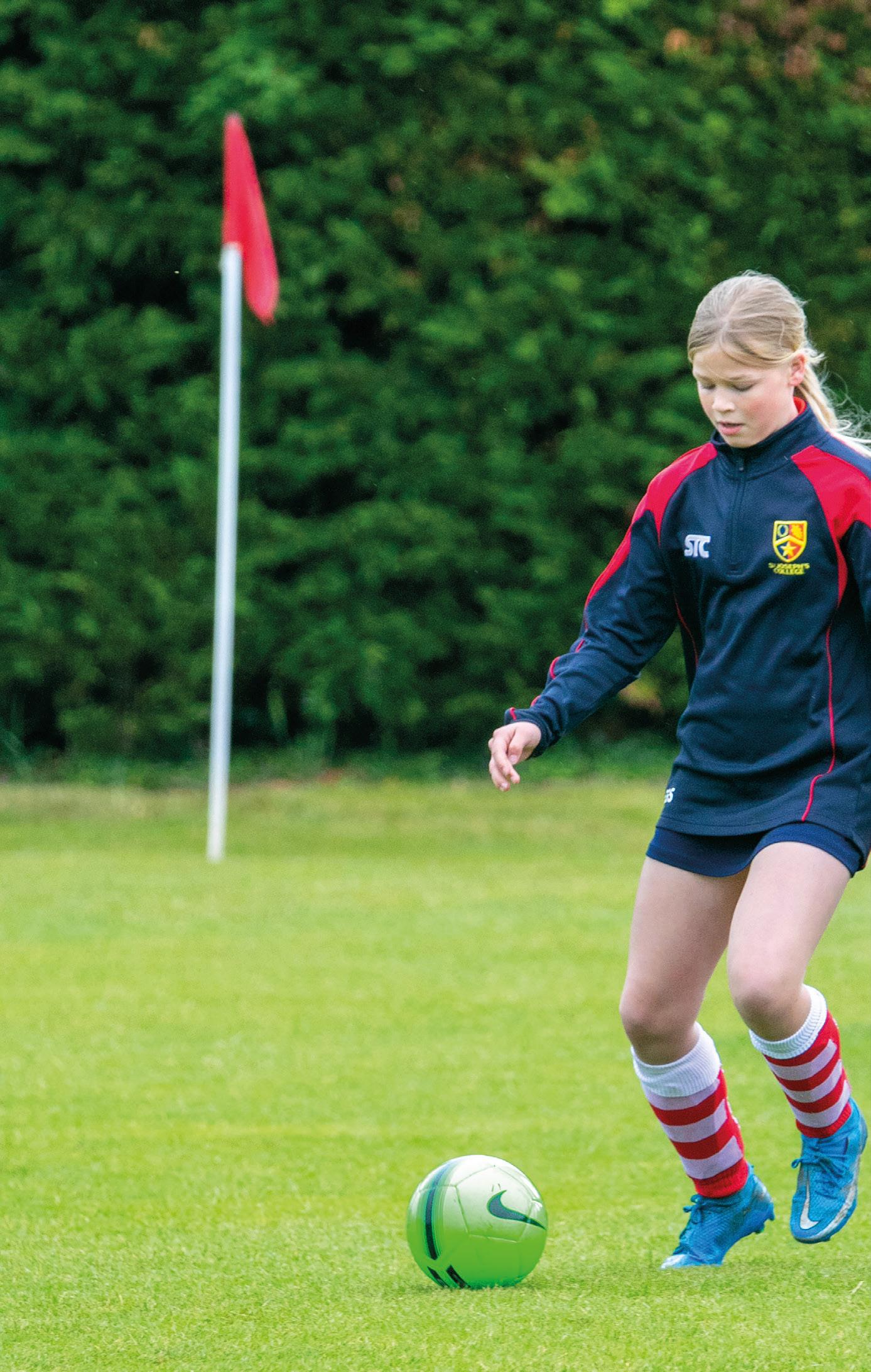
This has permeated through the age groups at St Joseph’s, where our girls are getting into the game at a younger age, and developing into rounded players with technical, tactical, social, physical and psychological attributes.
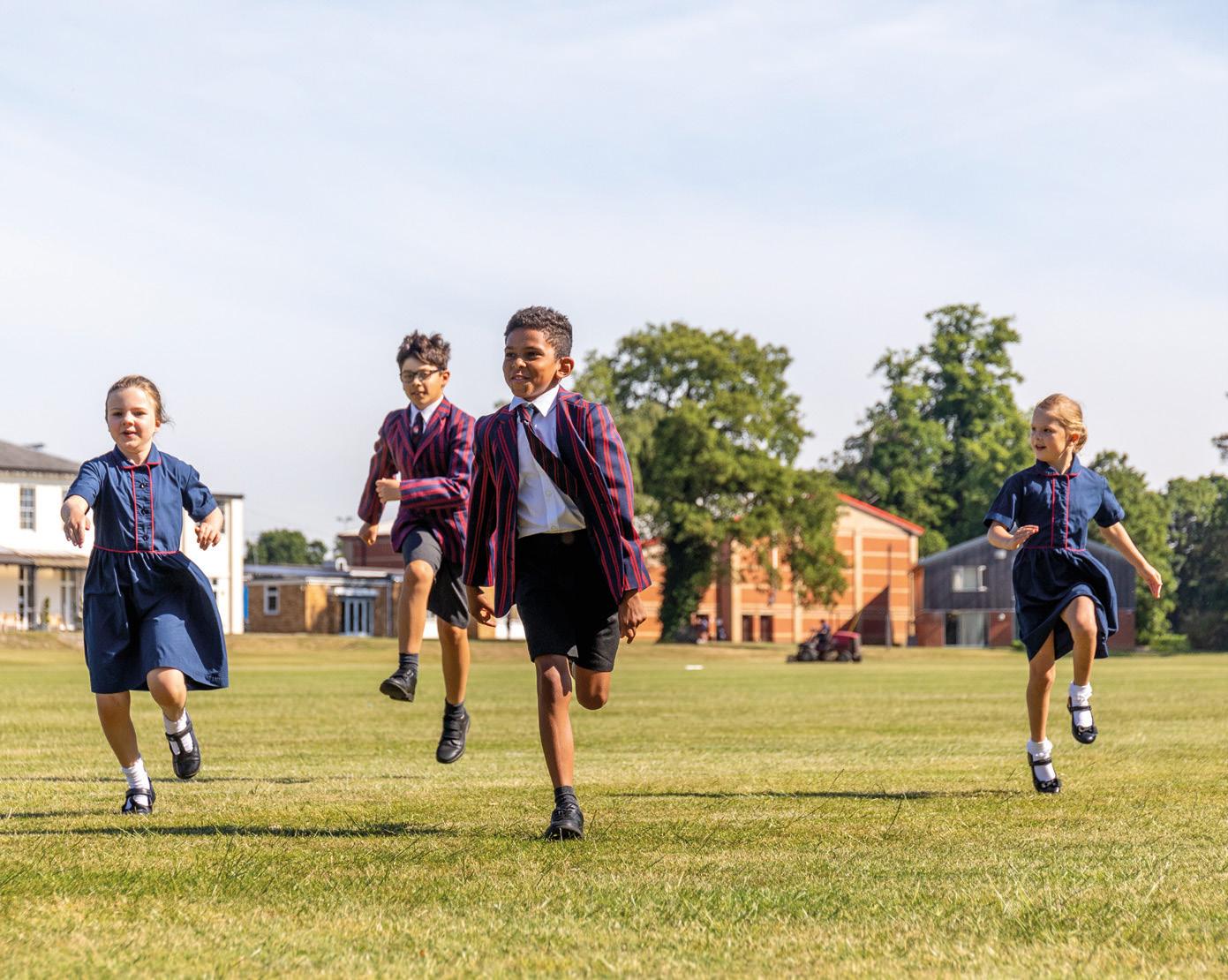
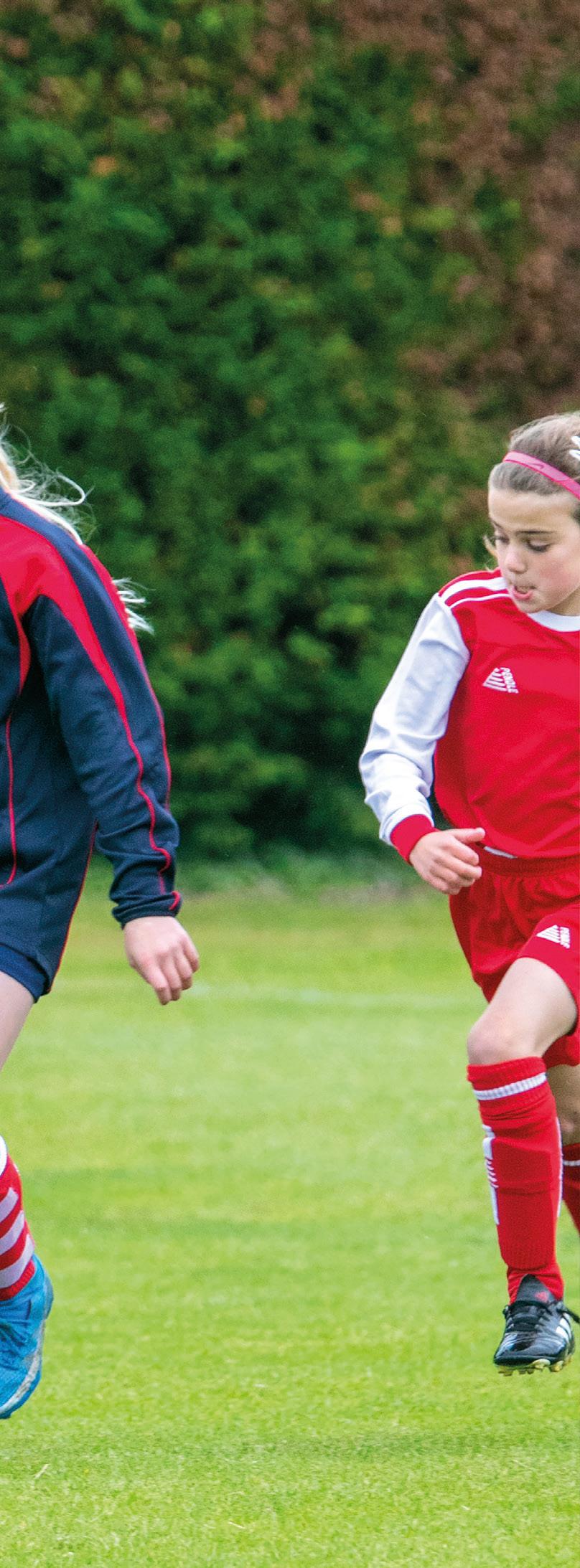
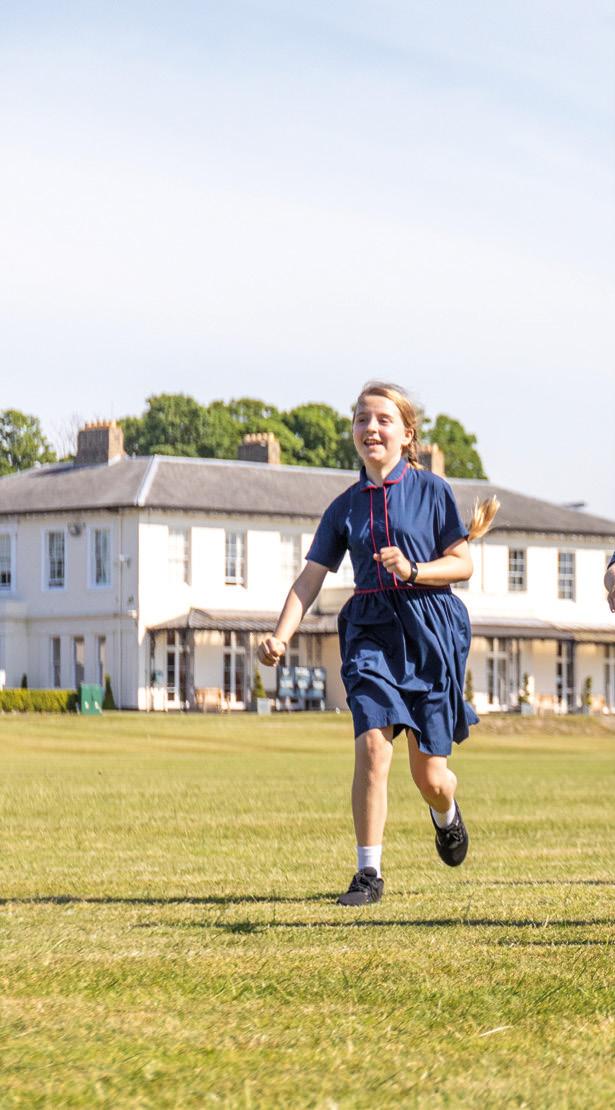
We’re now seeing women’s football fixtures on mainstream TV, and vast stadiums packed with fans. The sport is taking off and it’s truly wonderful to see.
For us as a college, we want to take the lead in building the women’s game from its grass roots, by building more local partnerships and outreach work to encourage and complement the growth of the sport.
Students on the Ipswich Town scholarship programme continue to train and play for Town, while receiving a top-quality education both on and off the pitch.
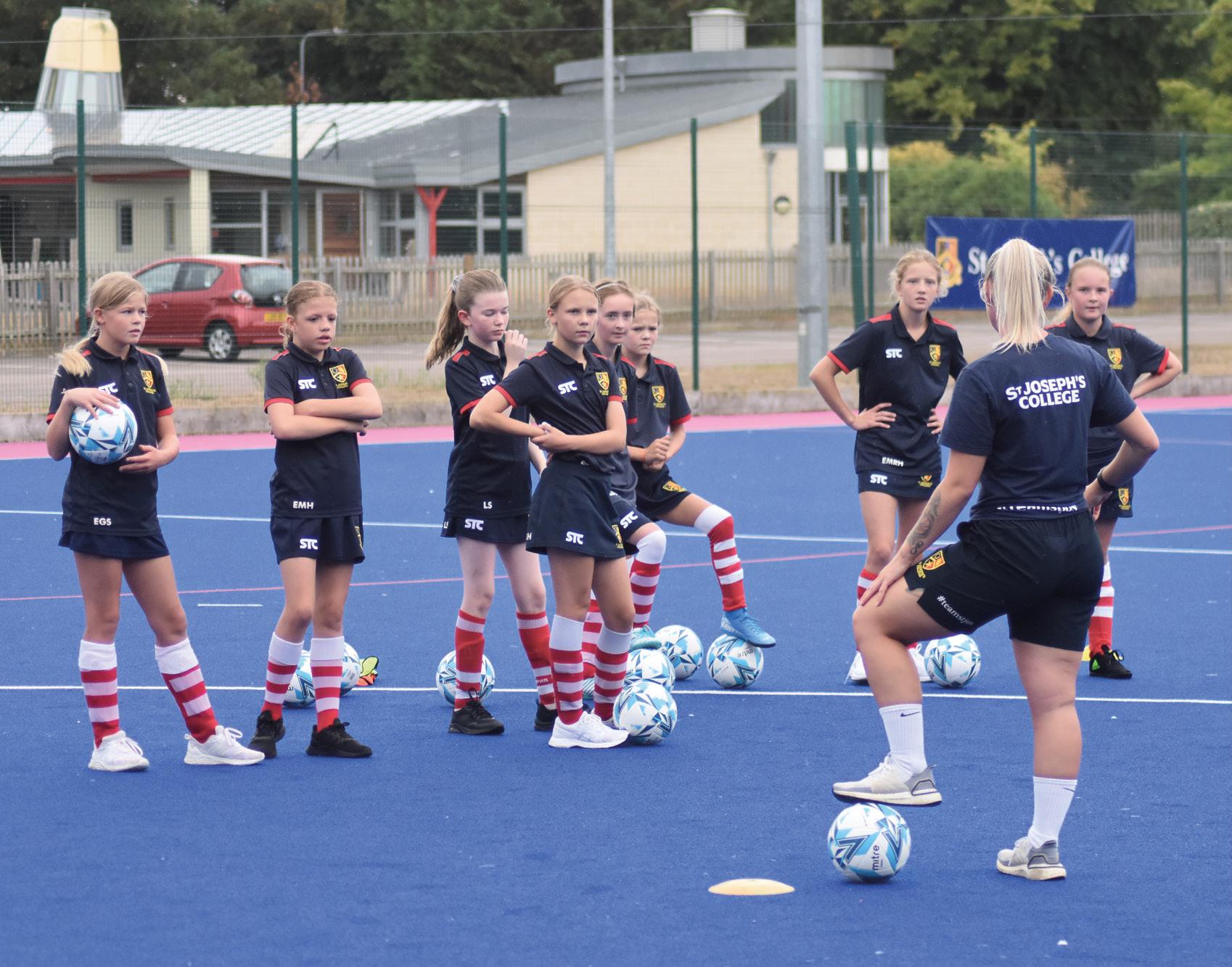
Professional football player Cole Skuse is at the school every day, training on and overseeing both the girls’ and boys’ programmes. He does this while he continues to play as a professional, so he has a wealth of experience and footballing knowledge to share.
He has huge, invaluable experience on the pitch – I don’t think there’s anywhere else in the country with such care, desire and high standards to get the best out of our students.
Seeing former St Jo’s students playing for Ipswich Town, in televised games like the West Ham FA Cup quarter-final, is such an inspiration to the girls and the Lionesses’ Euros glory has really cemented that.
We want our students to build on that success and become role models to other girls coming into the game. We want to be at the forefront of women’s football in English school competitions and sports colleges.




We also want to offer coaching and refereeing courses at the school, opening up all aspects of the sport to our students.
It would be amazing to see our former students both playing professionally and coaching the next generation of female football players, continuing the sport’s momentum.
WE WANT TO TAKE THE LEAD IN BUILDING THE women’s game from its grass roots, by building more LOCAL PARTNERSHIPS AND OUTREACH WORK TO ENCOURAGE THE GROWTH OF THE SPORT




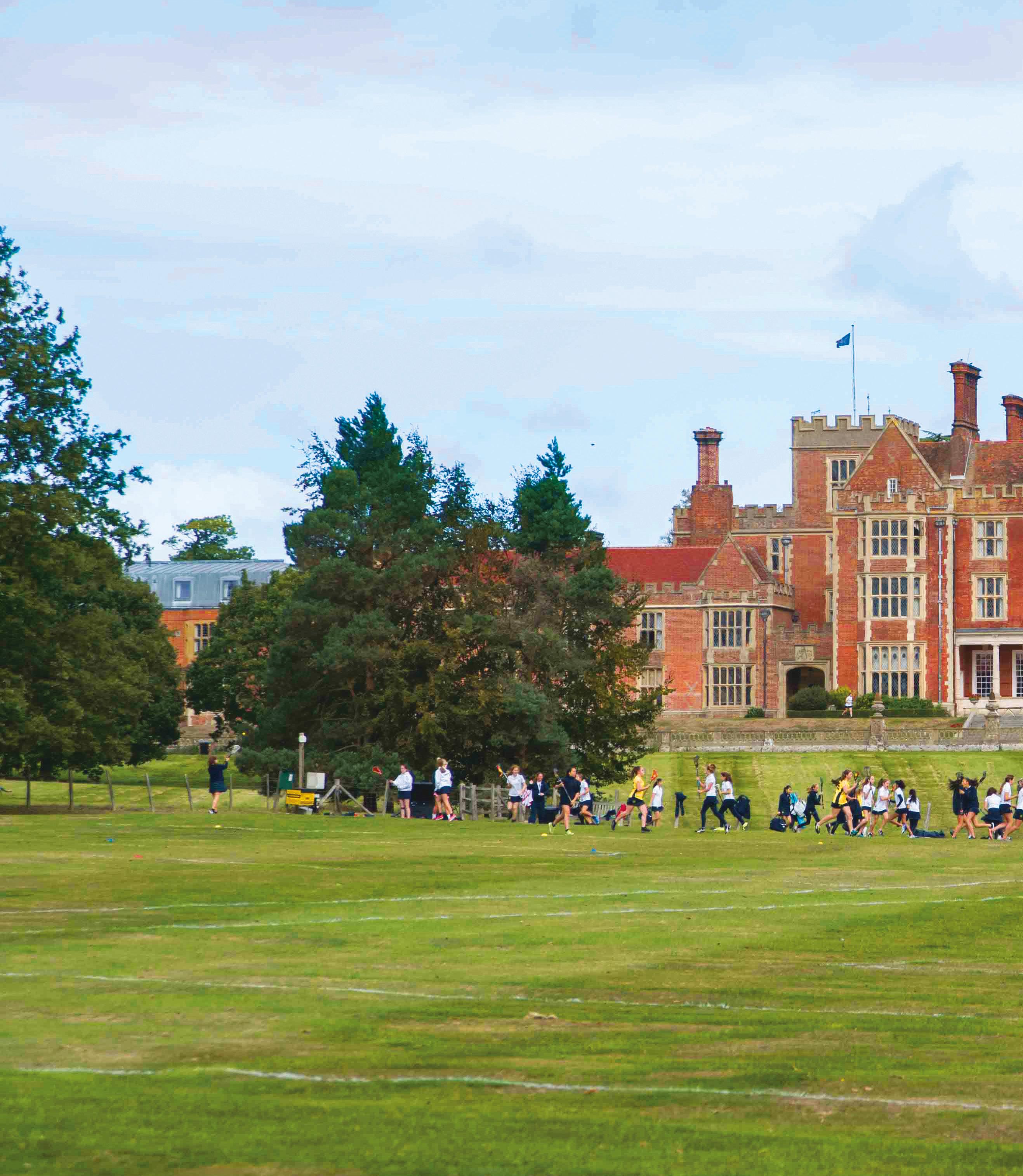
One of the many words that’s o en used to describe the independent school sector is ‘expensive’.
While it’s certainly true that the fees of the leading boarding schools such as Eton, Harrow, Wycombe Abbey and Benenden, are in the region of £40,000 a year, this doesn’t necessarily make them unattainable.


Firstly, not every independent school charges fees of this level. e media tends to focus on those charging the highest fees, but as with any market, there are a wide range of di erent options available, with fees to suit most budgets, even if with some assistance. e price varies greatly across the country, starting from a few thousand pounds a year, and will depend on whether you want to choose a boarding or day school for your child. A day school will typically charge a lower fee, but it’s worth remembering that the boarding fee includes those ‘hidden costs’ such as food (which we know young people eat a lot of!) and activities.

Secondly, there’s an enormous amount of


Samantha Price, Head of Benenden School in Kent, outlines the various methods of funding an independent school education that are open to talented students of any background
NOT EVERY INDEPENDENT SCHOOL CHARGES fees of this level. The media tends to focus on those CHARGING THE HIGHEST FEES, BUT THERE ARE A WIDE RANGE OF DIFFERENT OPTIONS AVAILABLE
assistance available in the form of bursaries and scholarships. Data from the Independent Schools Council shows that independent schools provided more than £1.1bn of fee assistance in 2021, which is a signi cant sum.

A helping hand e good news for families is that the amount of fee assistance available is going to increase, due to political pressure (which is entirely correct) and – believe it or not – a genuine ethical desire from schools to expand the level of support they can o er.
Perhaps inevitably, the topic has become something of a political football in recent years, with the ensuing noise overlooking the simple reality that the vast majority of independent schools are not fabulously wealthy. Most schools aren’t in Eton’s league and don’t have substantial endowments, built up over
decades, available to fund bursaries. At most schools, every bursary place has to be paid for through fundraising.
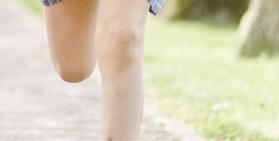

At the top schools, a bursary for the full seven years will cost in the region of £280,000, which demonstrates the challenge that schools face when trying to invest in bursaries. e
added complexity is that bursaries require consistent, ongoing investment, unlike for example a development project to construct a new building: the last thing a school wants is for the money to run out midway through a child’s time at the school.
St Margaret’s Prep in Wiltshire provides means-tested bursaries for students who show potential

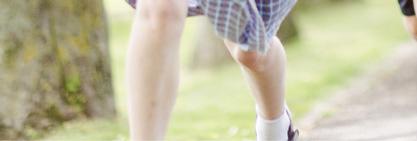
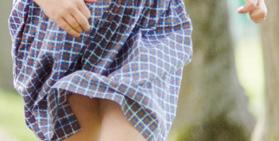
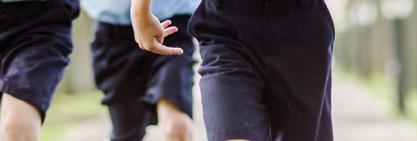
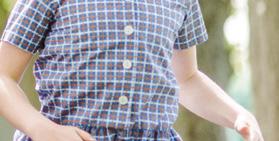
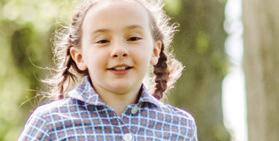

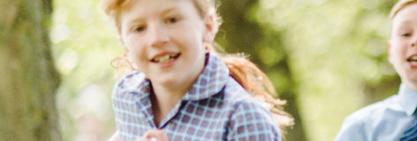


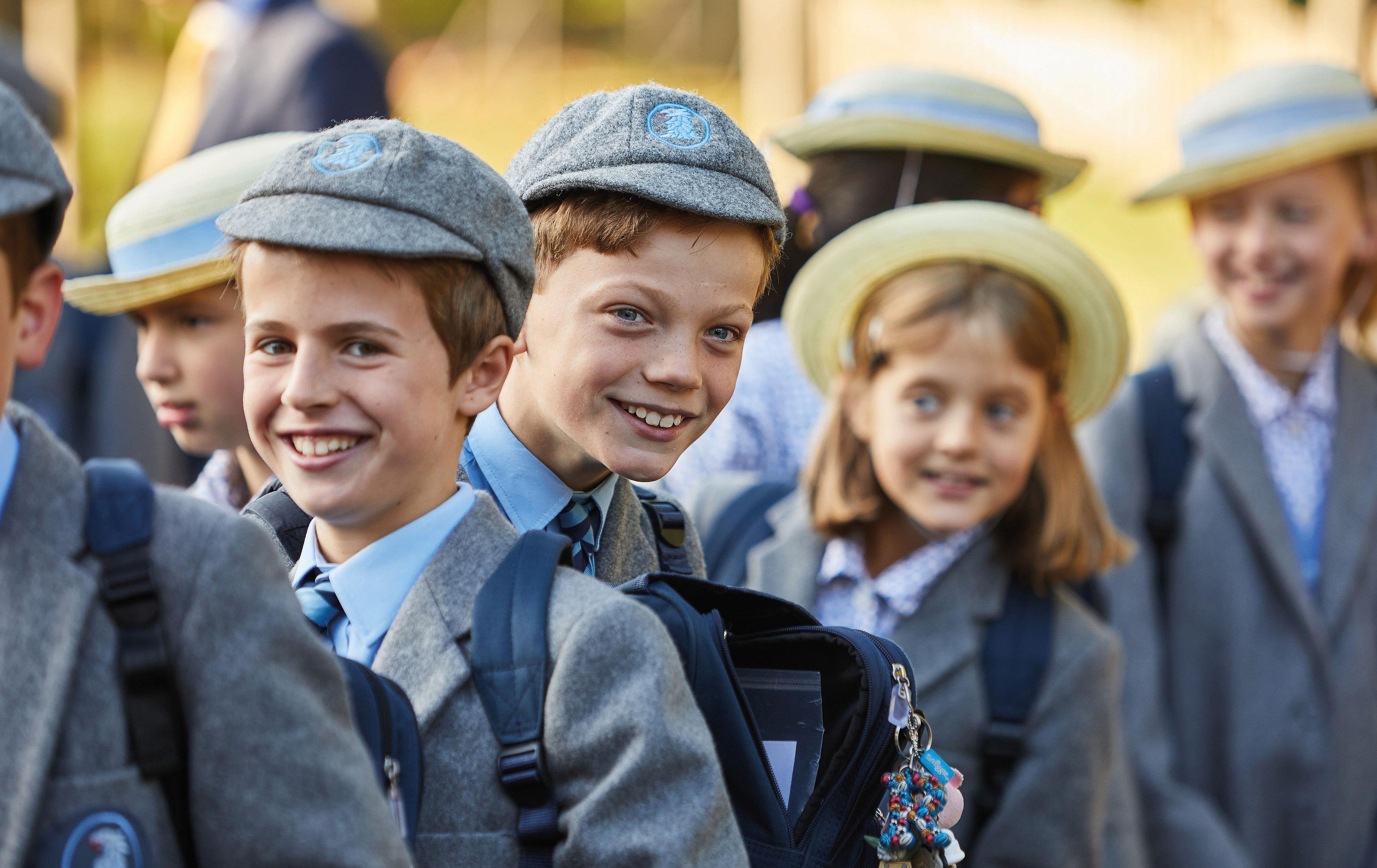
However, schools are trying very hard to expand their support. Benenden in Kent has just launched a £5m fundraising campaign to triple the number of full bursaries it o ers, while Pocklington School in York, is aiming to raise £10m during the next decade, and Rugby has set a £50m target by 2030.
Bursaries will be means-tested, so a school will undertake a nancial assessment which will consider the value of assets held by applicant parents, including assets such as
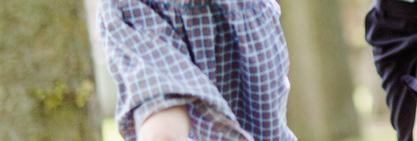

THE AMOUNT OF FEE ASSISTANCE IS GOING to increase, due to political pressure and – believe it or not – A GENUINE ETHICAL DESIRE TO EXPAND THE LEVEL OF SUPPORT THEY CAN OFFER
Crown House Preparatory School in High Wycombe provides an outstanding education for girls and boys aged three to 11 years, priding itself on its close-knit community and nurturing environment. e school, named by e Sunday Times as the best performing independent co-educational school in Buckinghamshire in 2021, encourages all pupils to develop a lifelong love of learning through a rich and broad curriculum, where activities are characterised by a sense of fun and challenge to ensure that all pupils ourish.
Crown House has a reputation for dedicated and passionate sta who nurture and inspire the pupils in their care, not just academically, but socially and emotionally too. e school knows that con dence, a sense of security and warmth is fundamental to success, so teachers work hard to create a secure and welcoming environment. At Crown House, every child is supported with individualised attention throughout their journey at the school.
e school’s curriculum is designed around children’s interests and from an early age, teachers harness children’s love of asking questions, allowing them to become independent learners. As children progress throughout the school, Crown House continues to hold the development of the learner – as well as the pursuit of academic excellence – in equally high regard.
Crown House pupils are encouraged to question, discuss and reason across all areas of the curriculum. Experienced sta encourage curiosity and perseverance to develop enquiring minds, and this approach, along with a challenging curriculum and small class


sizes, ensures Crown House pupils achieve consistently high results.
Sport is an integral part of school life at Crown House and children enjoy playing di erent games with each other, learning the meaning of teamwork, patience, fair play and resilience. e school has timetabled PE and games lessons that start in reception, and in the prep school all pupils participate and represent the school in a wide range of sports including cross country, tag-rugby, netball, football, hockey, rounders, cricket and athletics. e school also takes part in many regional and national tournaments.
Every child has a creative side, and this is developed at Crown House where the school’s
creative arts room and specialist teaching generate a vibrant and dynamic environment where exciting, innovative work takes place, alongside re ective thinking. Pupils at all levels throughout the school are also encouraged to acquire a passion for music and the world of wonder that is drama. At the end of the summer term, every child from reception upwards take part in the school’s summer production at the Swan eatre in Wycombe.
Crown House consistently achieves a 90 per cent 11+ pass rate, and year six leavers go on to a range of local grammar and independent schools, including Wycombe High School, Beacons eld School and Dr Challoner’s School.

e headteacher and senior leadership team start to meet with parents from years four and ve to discuss the best options and t for the next stage in their child’s education and this approach, coupled with teachers’ excellent knowledge of the 11+, means that year six pupils achieve excellent results and usually get into their rst-choice school.
Pupil happiness and wellbeing are at the heart of the school’s ethos. Crown House children nd their passion and reach their full potential.

To nd out more, see crownhouseschool. co.uk, and to organise visits, email o ce@ crownhouseschool.co.uk, or call 01494 529927.

You’ll fi nd a welcoming, secure and nurturing environment for your child at Crown House Preparatory School in Buckinghamshire
THE SCHOOL KNOWS THAT confidence, a senseof security and warmth is fundamental to success, SO TEACHERS WORK HARD TO CREATE A SECURE AND WELCOMING ENVIRONMENTPupil happiness and welfare are at the heart of the school’s ethos The school’s curriculum is designed to instil a love of learning
At Benedict House School, you’ll find a caring environment in which all children feel relaxed and at home and where staff get to know every child, not just those in their own classes. This ensures children are happy, motivated to achieve, enthusiastic about their learning and perfectly placed to make the most of the fantastic opportunities on offer at the school. The new Headmaster, Mr Craig Wardle, would be delighted to welcome you to Benedict House and show you around the school.

The school is currently undertaking an exciting refurbishment programme, which will see the complete refurbishment of Benedict House on an enlarged site, double the size of the existing school, including newly designed sports courts and play areas, a brand-new library and STEAM areas and a new sports hall. This refurbishment will enable the teaching staff to provide a high-quality education to more pupils and become a two-form entry school from September 2022, while keeping class sizes small. With more space and better facilities, teachers will be able to provide even more opportunities than before for their cherished pupils.
BENEDICT HOUSE has always beennoted for the excellence of its teachingand HIGH STANDARD OF ACADEMIC ACHIEVEMENT AMONG ITS PUPILS
These exciting changes are reflected in the new school motto, Towards the Future as a Family: a celebration of these developments and the school’s unique family feel. Benedict House will still be a small school, but with additional space, more subject-specialist staff and better facilities that will enable staff to provide even more opportunities for pupils, including extra after-school clubs.
Benedict House enables every child to achieve their full potential through its supportive staff, close relationships with our parents and tailored learning. The children achieve highly in the classroom, on the sports field, on the stage and in the music department, and the community believes this is down, not only to fantastic pupils and inspiring teachers, but to the family atmosphere you’ll find in abundance at the school.
Benedict House has always been noted for the excellence of its teaching and the consequent high standard of academic achievement among its pupils. The school’s pupils are well prepared for the challenge of secondary school, and the success rate is unparalleled among local state and independent schools, with a consistently high percentage of pupils gaining entry into selective grammar schools. This year, year six pupils achieved the best ever 11+ pass rate in the history of the school, with 100 per cent passing the Kent test and 80 per cent passing the Bexley test.
Everything that happens at Benedict House has the pupils and their individual needs at heart, and staff hope that you will take the time to come and visit the school. Find out more at benedicthouse.co.uk and book visits via hello@benedicthouse.co.uk or on 020 8300 7206.
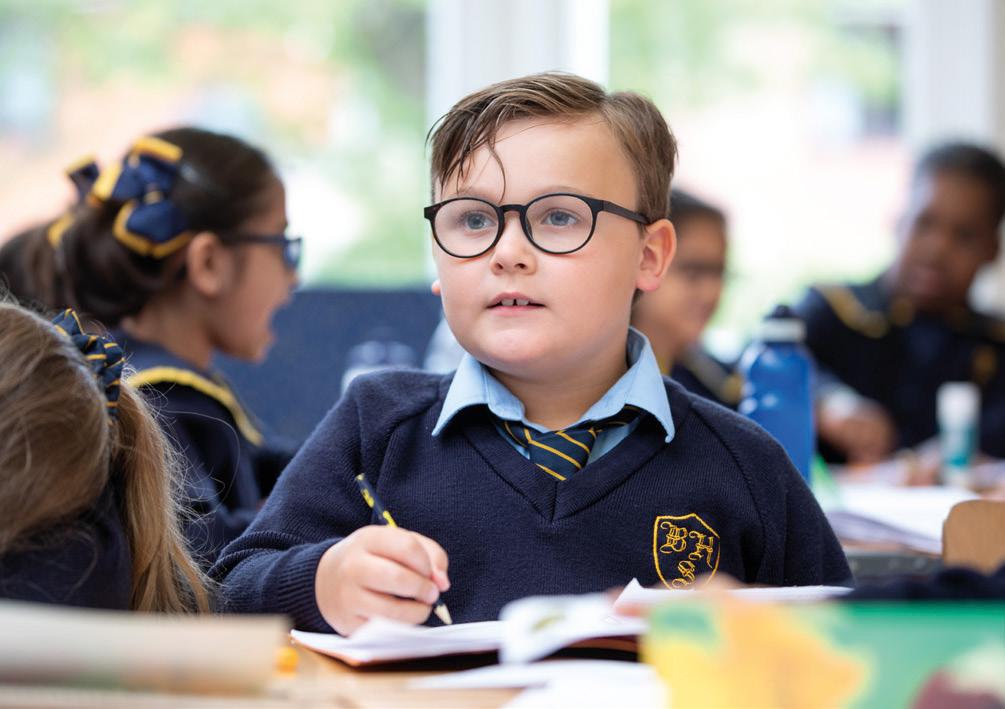
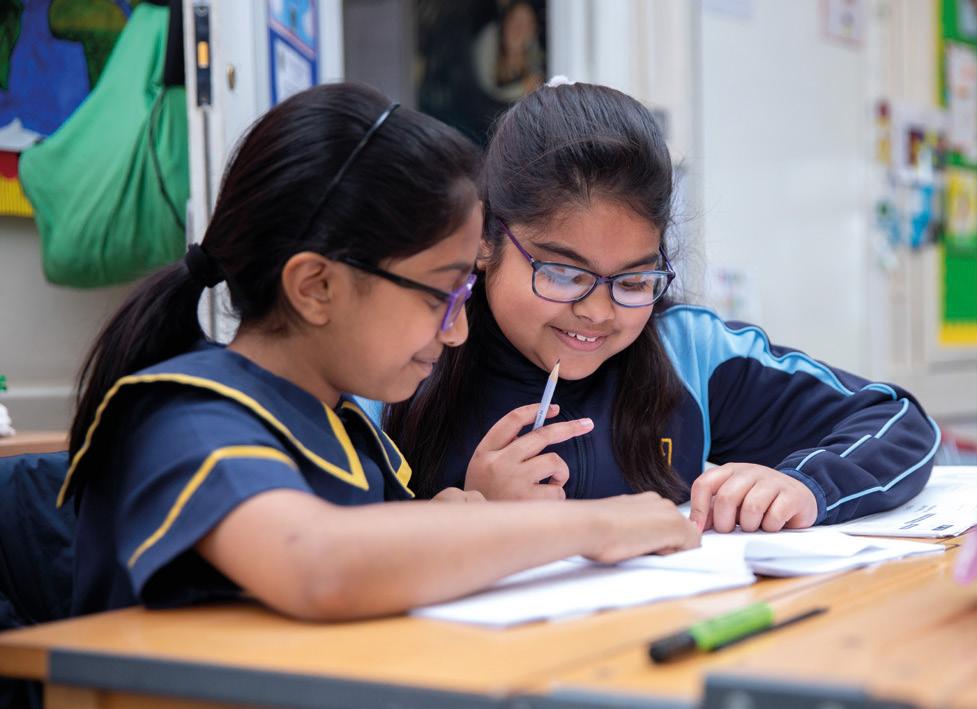
Benedict House Prep is a vibrant school with a wonderful sense of community spirit in the heart of Sidcup
the family home, savings and investments and pension provision, as well as household income and any other dependents. is assessment will dictate the level of reduction o ered, if at all, but your child would also need to achieve a good pass in the school’s entrance exams, as well as ful lling other criteria, which will vary from school to school.
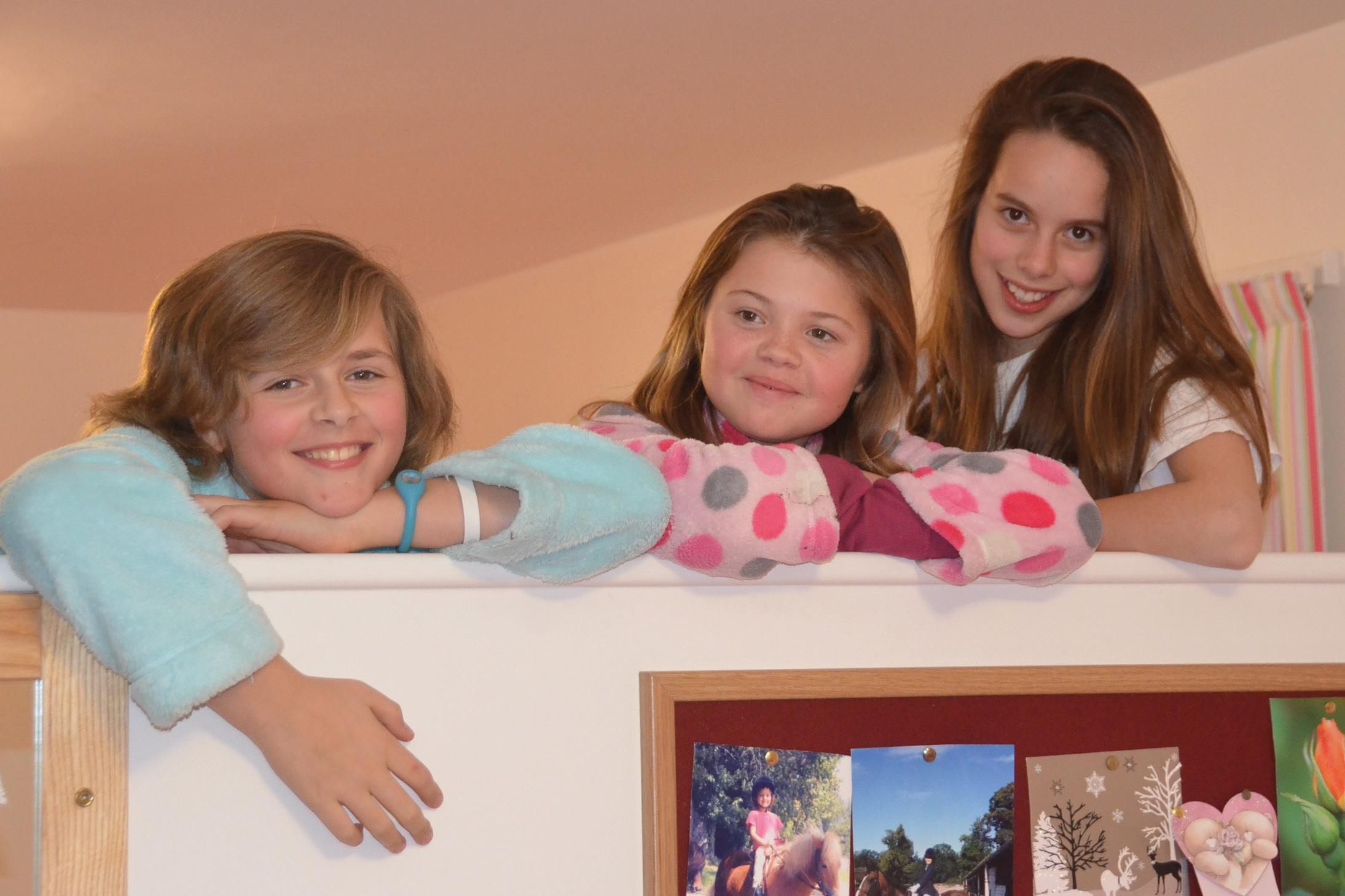
While the level of fee reduction can be as small as ve per cent, it can go all the way up to a full bursary, which in reality means 110 per cent of fees, because it also covers uniform, school trips and other day-to-day costs.
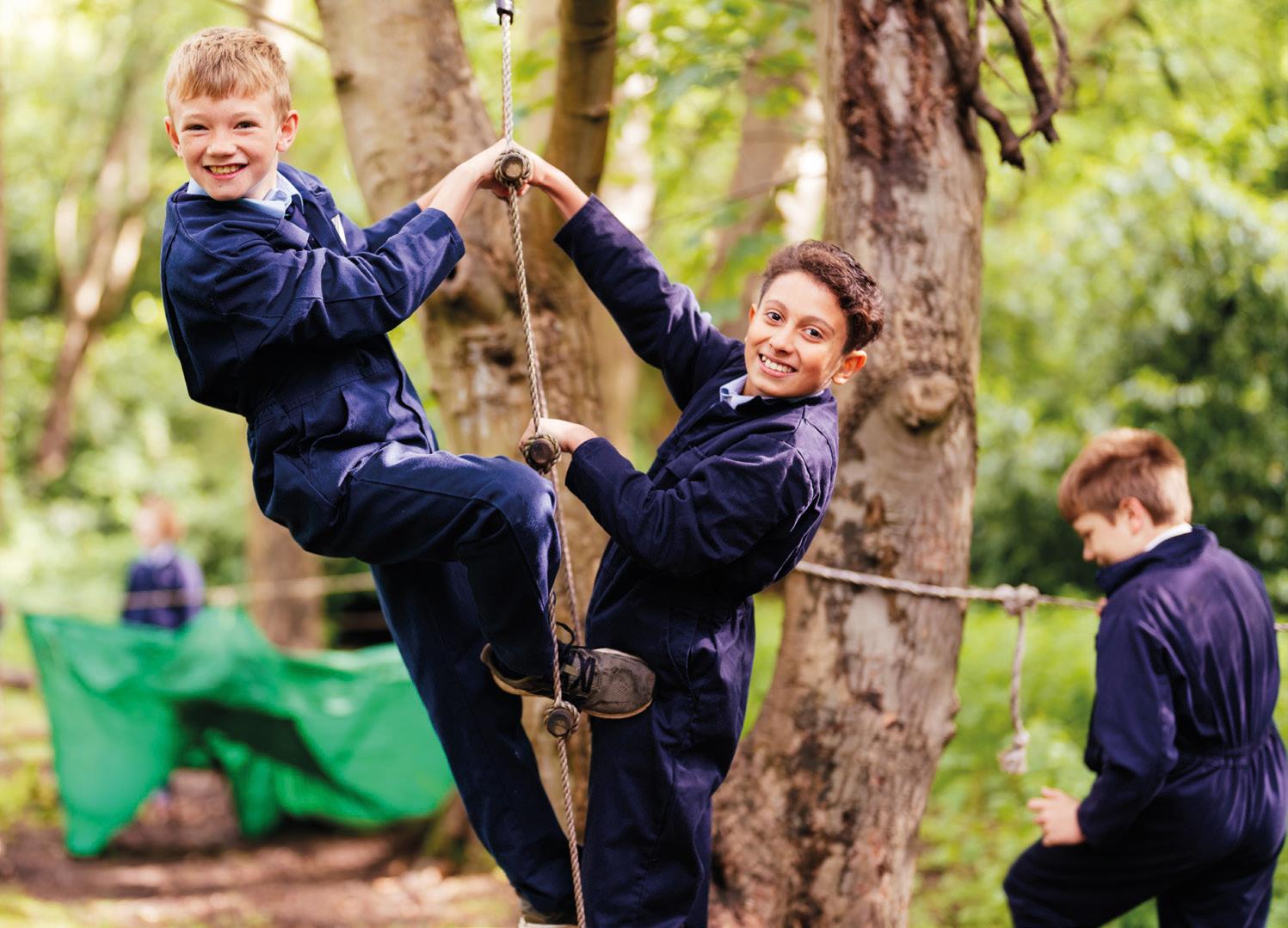
Please bear in mind that this can be a very competitive process; o en lots of families apply for bursaries and schools only have so much money to go around, so don’t be too disappointed if you’re unsuccessful – but equally, there’s nothing to lose by giving it a go. e best thing to do is to look at schools’ websites; the process is very transparent but inevitably varies from school to school. Some are being especially helpful by stating upfront what families can expect; for example, that families with an income above £120,000 are unlikely to qualify for support, while those earning less than £30,000 might be steered towards applying for full bursaries. Again, each school di ers, so do take the time to read what your chosen school, or schools o er.
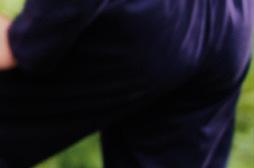
Scholarships are di erent to bursaries in



that they’re awarded based on a student’s achievements in a certain area (whereas a bursary is based purely on family income), such as music, sport, drama or a particular academic subject. e awarding of a scholarship is an honour that includes additional support to help a child excel in that area, which can include one-to-one tuition, specialised training or extension learning projects, designed to stretch high- yers.
Traditionally, scholarship awards o en came with a fee reduction attached, although increasingly schools are moving away from this approach and instead inviting scholarship recipients to separately apply for a bursary if they would like. is is because there was concern – not without substance – that the process led to fee reductions for those families who didn’t need them, leaving less money in the bursary pot for those who’d really bene t.
It’s widely accepted that the independent sector rose to the challenge during the pandemic, quickly getting remote lessons underway and ensuring no students fell behind in their learning. Many schools successfully juggled the additional challenge of multiple time zones, while some boarding schools stayed open for more than a year straight to help care for overseas students who couldn’t travel home during school holidays.
In addition, most schools o ered parents a rebate or discount on the fees because they couldn’t o er all their usual services, while many set up hardship funds aimed at helping parents whose incomes were a ected by Covid-19. ese funds were invaluable, helping to keep children at school when their parents suddenly found they couldn’t a ord the fees.
While the fees at independent schools are frequently reported as ‘expensive’, hopefully you can now see that within the sector there’s a wide range of schools at di erent price points, as well as an enormous amount of fee assistance. It’s well worth having a look to see what’s available.

WHILE THE LEVEL OF FEE REDUCTION CAN BE as small as five per cent, it can goall the way up to a full bursary, WHICH IN REALITY MEANS 110 PER CENT OF FEESLangley in Norfolk o ers academic, languages and cocurricular scholarships in varying degrees across the school

I applied for the De Neumann Mathematics scholarship after hearing about the opportunity through my maths teacher at school. I’d heard about the opportunities available at The Royal Hospital School and I really wanted to reach my potential in academia. I aspired to get top grades in my maths, biology, chemistry and physics GCSE exams, so hoped that I might stand a chance of being awarded it.
Why is it called the De Neumann Scholarship?
Professor Bernard de Neumann (1943-2018) was a former RHS pupil who was passionate about continuing relevance of mathematics at the school. RHS received a gift from his estate to support the continued development of the subject, and I was the first pupil to be granted the scholarship.
What was the timeline involved in applying for it?
After completing the De Neumann application form in January, I attended an assessment day with a few other candidates, where we sat a maths test and had an interview with the
Head of Maths and Deputy Head (Academic). A few weeks later I was o ered the scholarship, subject to strong GCSE results.
Did they help guide you through the process?
I started at RHS amid the pandemic having not being able to attend my previous school from the March of that year (2020).
From day one RHS had a positive impact on me, with online pre A-level classes during the summer term, which kept me occupied and meant that I had some continuity in education.
I was then made to feel welcome and a part of the school immediately.
Is being a scholar a lot of extra work?
As an academic scholar, you’re expected to work hard and act as a role model among your peer group and younger pupils.
We’re also expected to take part in the Riddle Society, which provides academic challenge and a chance to explore areas outside the curriculum. We can also take advantage of specialist subject talks, academic trips and develop our oracy skills through debating, public-speaking and Model United Nations.
Can you apply for more than one scholarship?
Yes as long as you meet the
criteria. The scholarships are in specialist subject areas.
Do you receive a discount on the school fees?
It’s a means-tested scholarship of up to 100 per cent o the day fee.
What are the benefits of winning a scholarship?
It has provided me with many opportunities, particularly growing my passion for maths, physics and chemistry, leading me to apply for aeronautical engineering courses at university. I’ve just accepted a place at the University of Surrey.
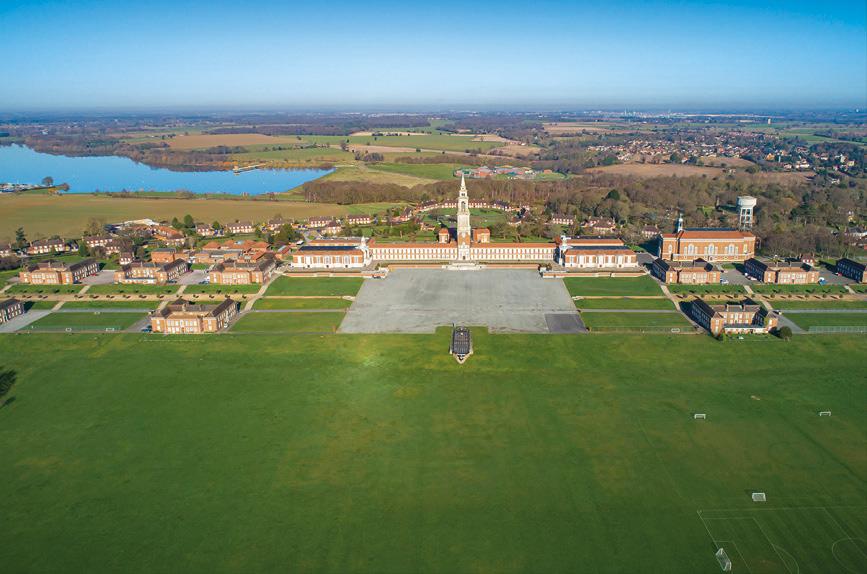

What di erence does it make to you?
It has been a life changing gift for me. Before I started at RHS I wasn’t keen on school, had little belief in my abilities, had no aspiration to go to university and no idea what I wanted to do in life.
Thanks to RHS and the scholarship all of this has changed. I’ve loved going to school at RHS, and throughout my time there, I’ve taken part in the Combined Cadet Force, a ski trip to Austria and even represented the school competitively in both rugby and cross country. I was particularly proud to receive my “Colours” award for running in my last term.
Owen Smith is a year 13 De Neumann scholar at Royal Hospital School in Suffolk. Here he tells us about his scholarship journey…
AS AN ACADEMIC SCHOLAR, you’re expected to work hard AND ACT AS A ROLE MODELThe co-ed school is in Ipswich







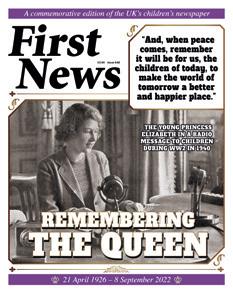





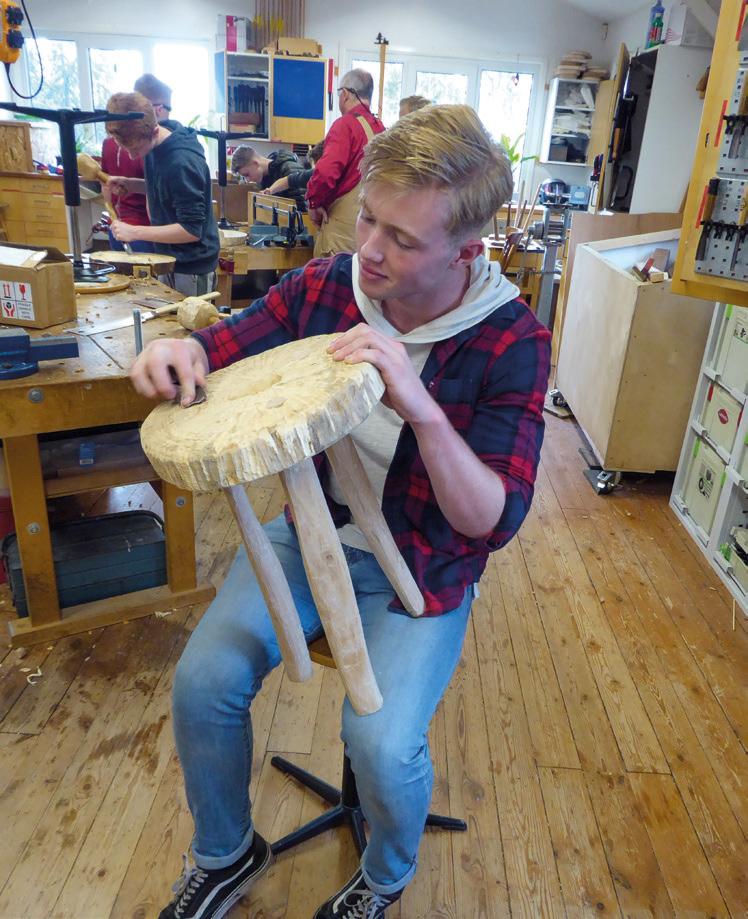
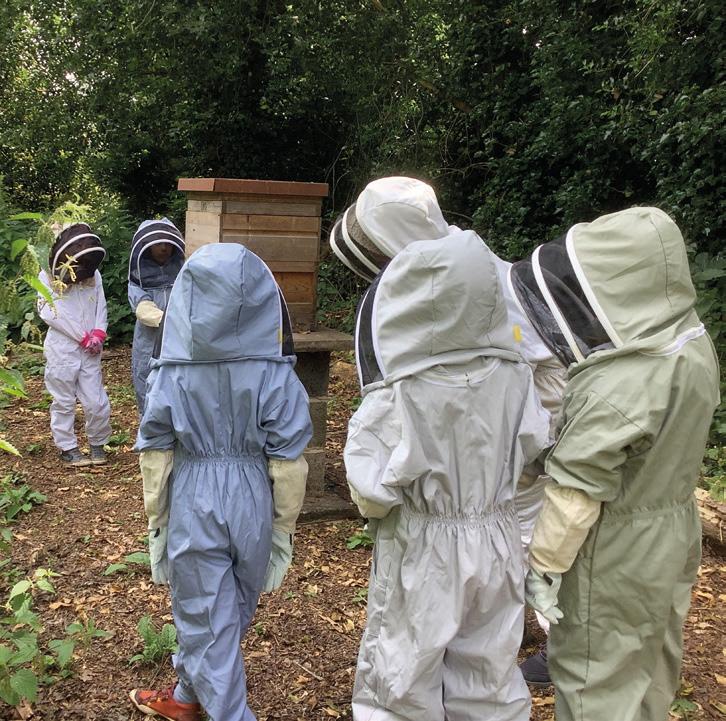
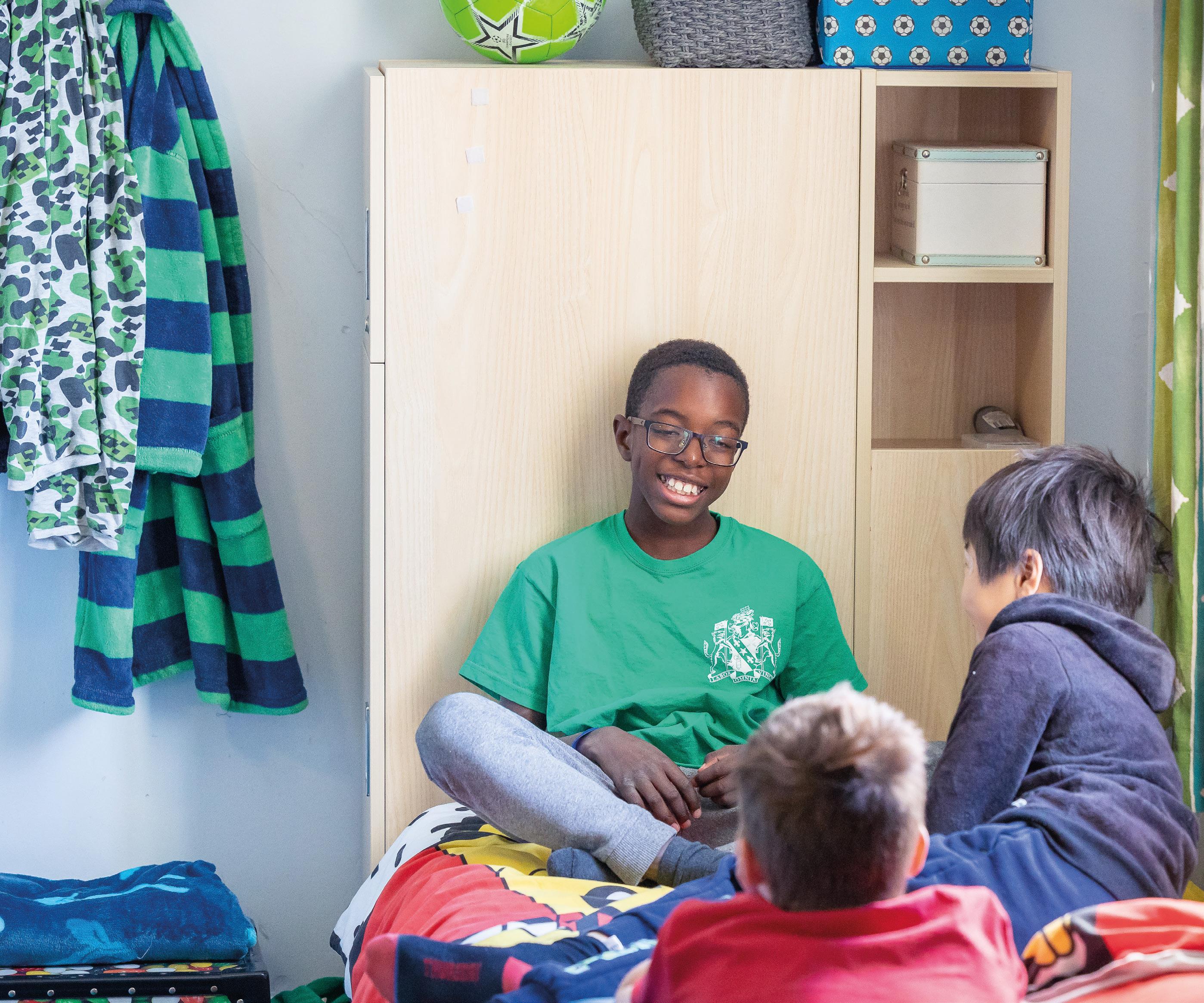
ask five

Children thrive in a boarding environment from the age of eight when there’s a flexible, child-led approach. Schools often discuss boarding as a practical solution for families, and it most definitely fosters confidence and resilience in children, but the bottom line is that boarding is fun. Witham Hall boarders have the option to board for one to five nights a week from the age of eight, but they can alter the number of nights they board each term. When boarding isn’t compulsory, but put forward as an option to have fun with their friends and staff, children can ease into a rhythm without pressure. Boarders then benefit from a growth in confidence and selfbelief, regardless of whether they try boarding at the age of eight, 10 or 13. At Witham, this system has created a buzz and anticipation for younger pupils who beg reticent parents to let them board when they reach year four!
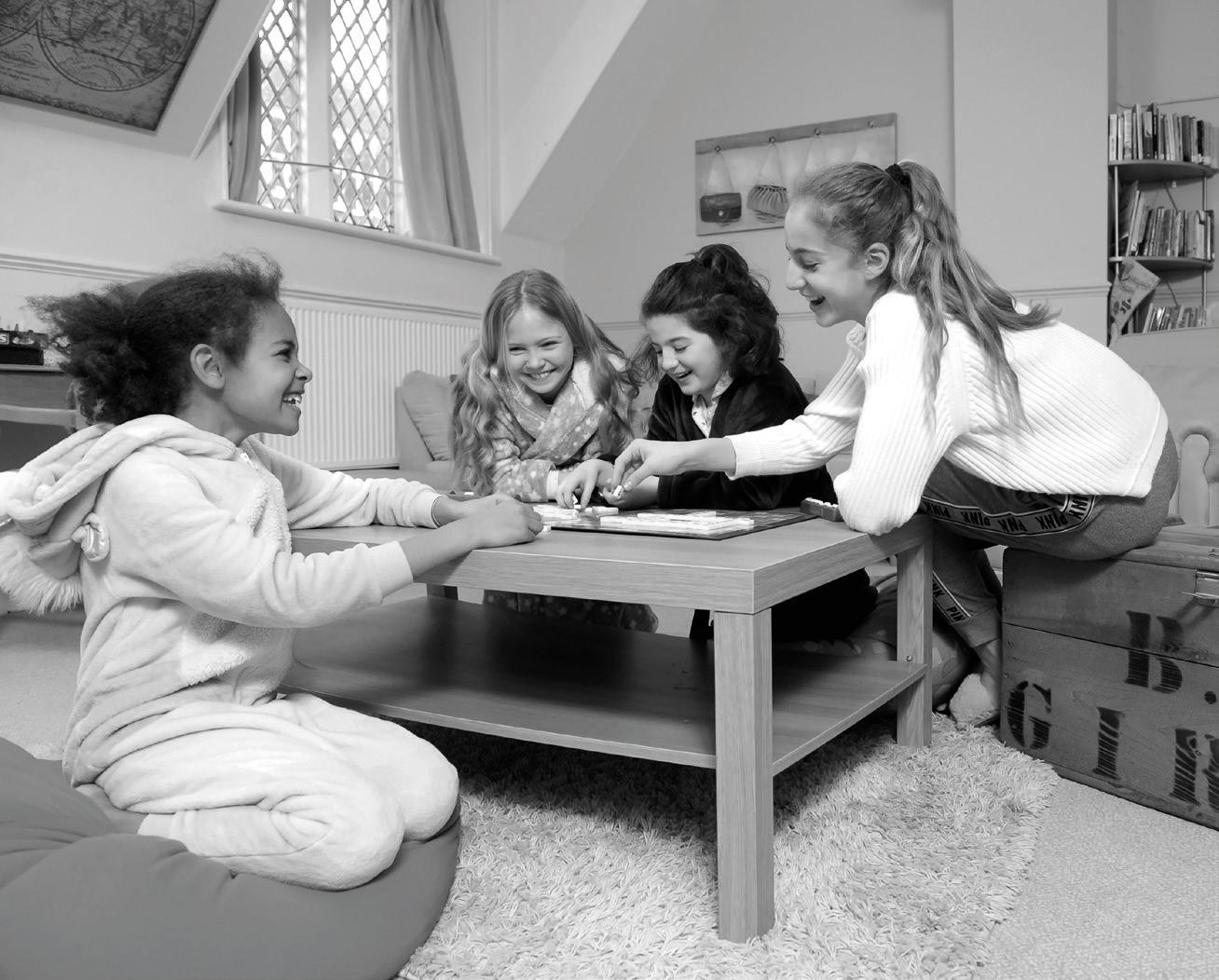


The right age to board will vary from child to child, but it depends heavily on the want and/ or need for that child to board. Also crucial is successful three-way communication between the parents, the child and the school. A child who’s keen to board from any age will usually thrive and flourish, especially if both they and their parents feel included in the boarding process. A child who may not be as keen to board but understands that there’s a reason why they need to, such as parental work commitments, social opportunities or for linguistic and cultural experience, will also tend to experience a happy and successful time in boarding. Obviously, a good match between the boarding house and a child is also a key contributory factor to the success of their boarding experience.
Every child’s boarding journey is individual. Some children take to boarding like a duck to water from the age of seven, while for others it might not be until age 11. However, it’s key that the child is included in any discussion about boarding, and that they understand and have a love for boarding too!
Flexi and occasional boarding is a great way to discover and develop your child’s readiness for boarding. At Cade House (the Cheltenham College Prep boarding house) some of our junior boarders (year three and year four) are flexi boarders (a regular night or a few nights each week) and some are occasional boarders which is boarding on an ad-hoc basis. We actively encourage parents to use flexi and occasional boarding solutions in year three and year four to develop a passion for boarding.
After this, we encourage pupils to increase their evenings until hopefully by year seven and year eight, your child is boarding for a minimum of three nights a week.
SCHOOLS OFTEN DISCUSS BOARDING AS A PRACTICAL SOLUTION FOR FAMILIES and it most definitely fosters confidence and resilience in children, BUT THE BOTTOM LINE IS THAT BOARDING IS FUNLucy Meadows WITHAM HALL Ruth Burton-Russell HIGHFIELD AND BROOKHAM SCHOOLS Gareth Jones BILTON GRANGE SCHOOL Georgina Johnston HANFORD SCHOOL Jack Avery CHELTENHAM PREP Boarders at Bilton Grange develop enduring bonds

Parents seeking a definitive answer to this question will be disappointed: there isn’t one. It depends entirely on the character of the individual and the circumstances of the family. “When your child is ready” would sum it best.
Prep schools typically offer some form of boarding from year three or year four. There has been a decline of boarders starting at this age over the last 20 years, but that doesn’t make it wrong for those that do. The majority thrive. They develop skills of self-reliance, resilience and empathy, plus they tend to be having fun while developing enduring bonds with others experiencing a similar adventure.
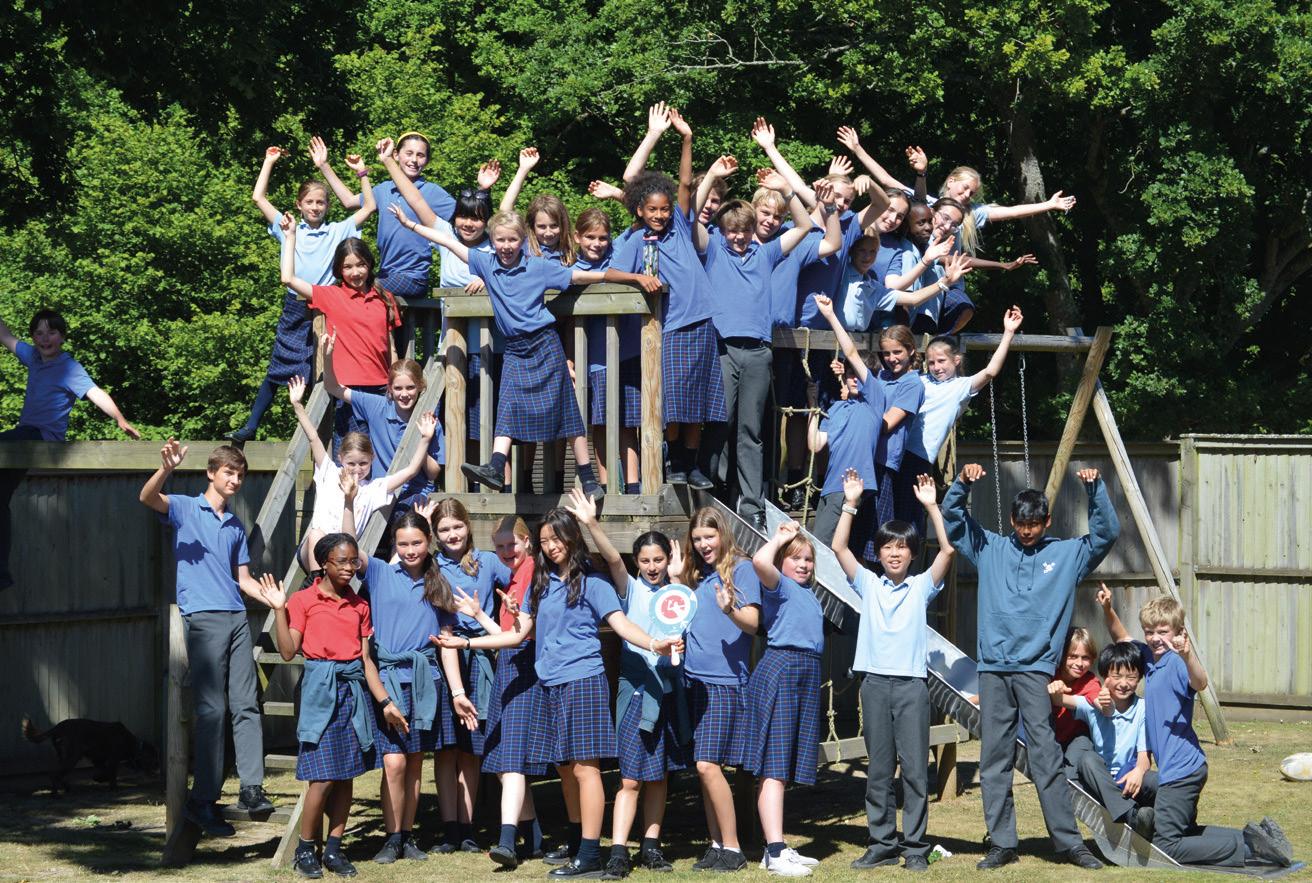
Boarding is more flexible than ever, and one or two nights a week can provide the perfect introduction for those wavering on the fuller commitment. Schools value the individual and will tailor the boarding experience to make it right for each child, whether that’s one night a week or seven.
We have girls joining us as boarders across all age groups and, they almost exclusively love it and settle in extremely quickly. There are many families for whom boarding provides the ideal answer whether they’re in the armed forces or, perhaps, live in London. They’re keen for their daughters to spend their school days in
the glorious Dorset countryside, rather than in the back of the car on a long school run every morning and evening.
Our boarding is popular and this means the dormitories are full of noise and laughter; weekends are busy too. Having said that all day girls also have a boarding bed and can stay
overnight should they wish, and everyone is free to go home at weekends too. Some girls start as day girls and then become boarders pretty quickly once they get a taste of what fun boarding is at Hanford. Those who have never boarded before soon find their feet and it’s as if they’ve been living with us from the start.
BOARDING IS MORE FLEXIBLE THAN EVER, and one or two nights a week can provide theperfect introduction FOR THOSE WAVERING ON THE FULLER COMMITMENTBoarding at Highfield and Brookham Schools relies on successful communication between child, parent and school
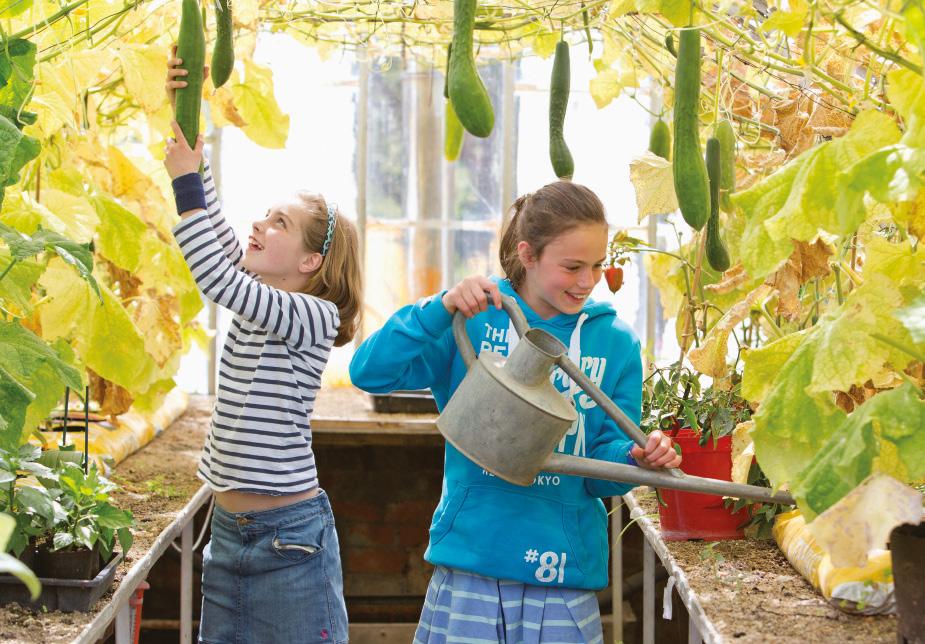
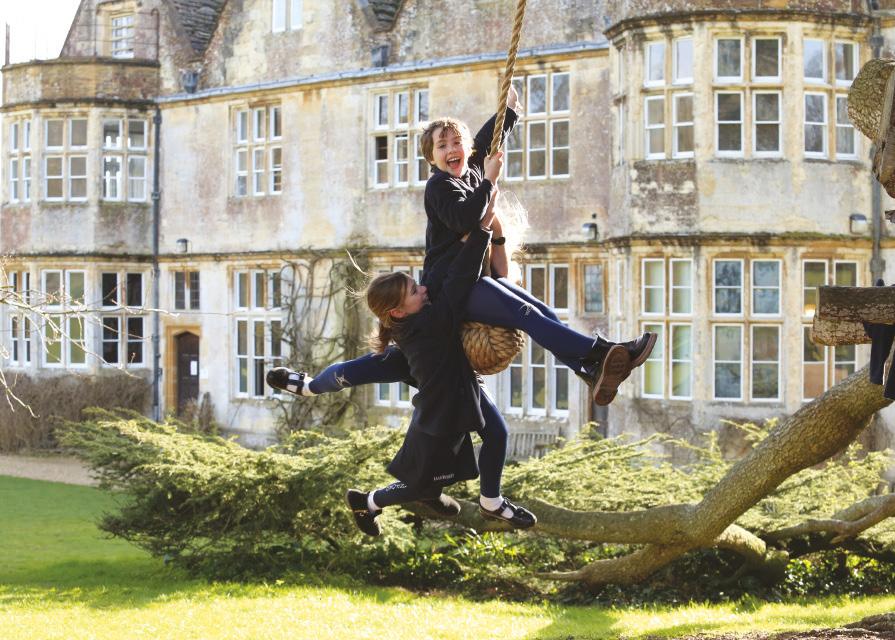
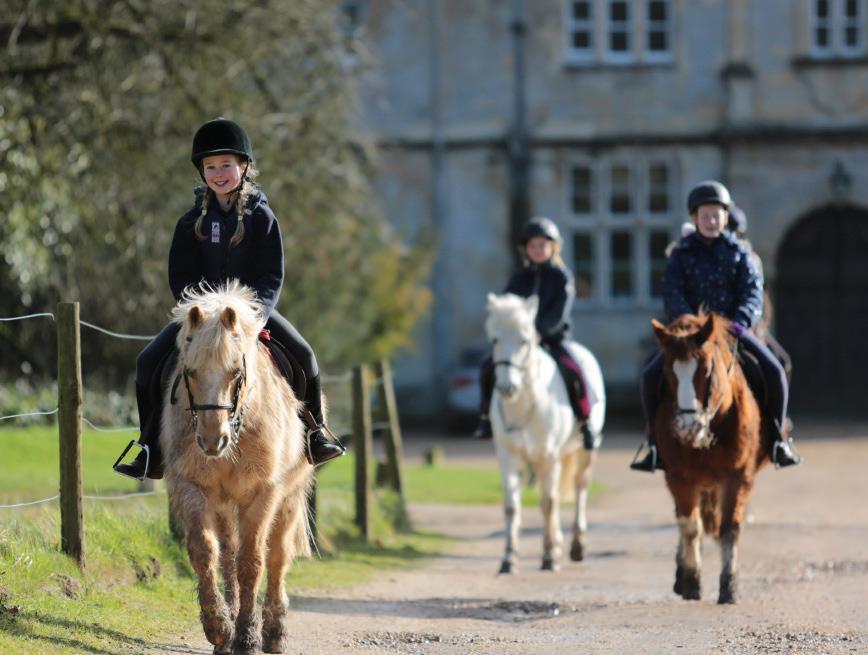
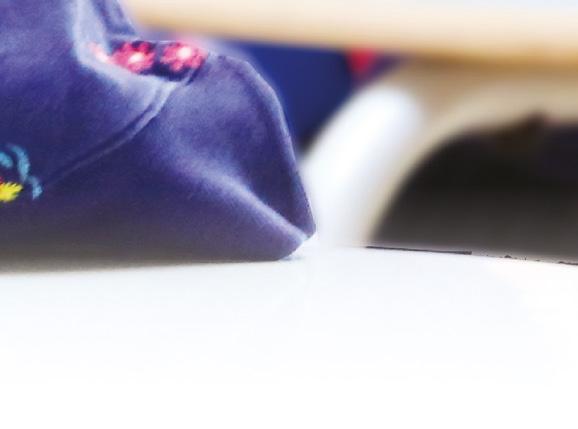

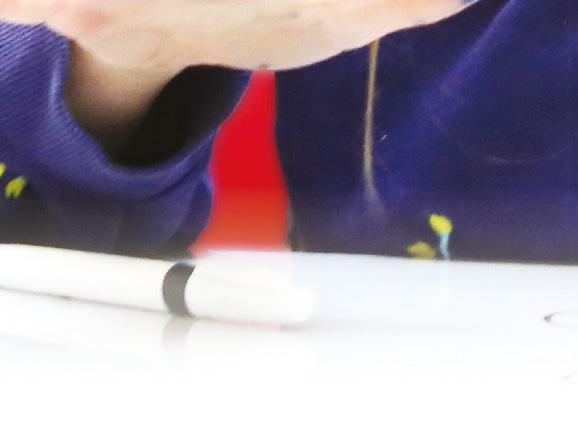
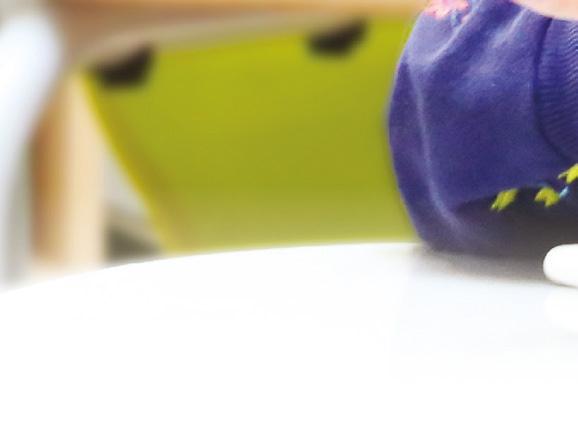



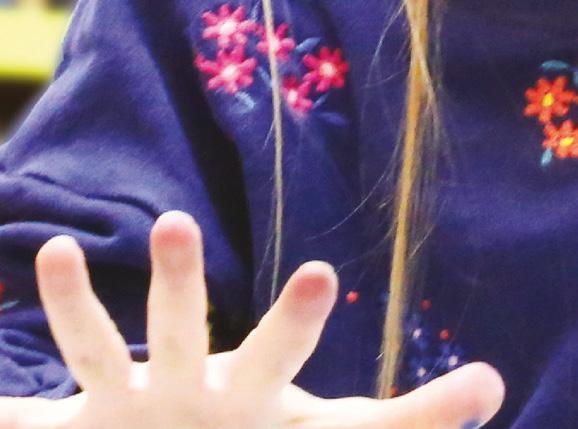

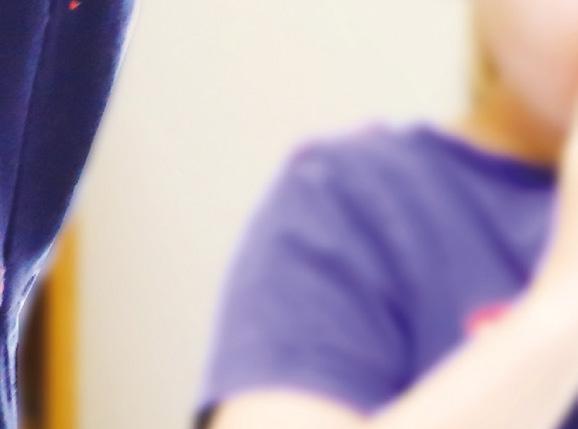

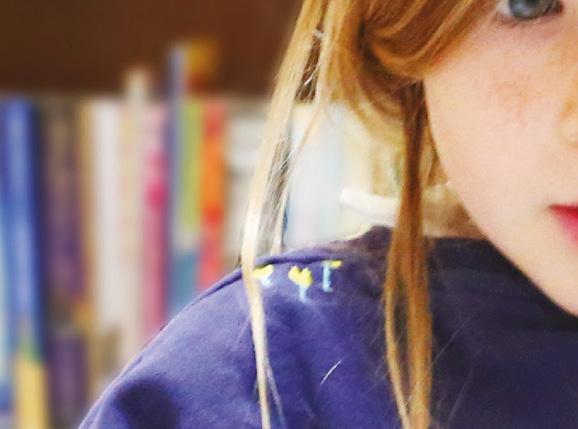


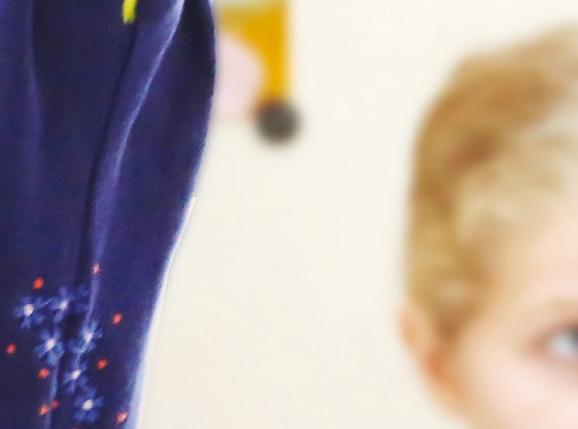
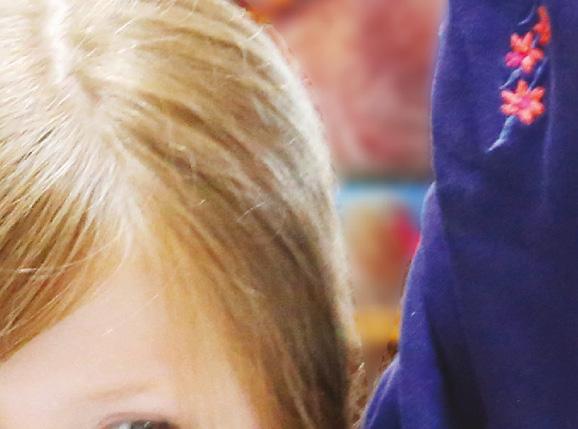


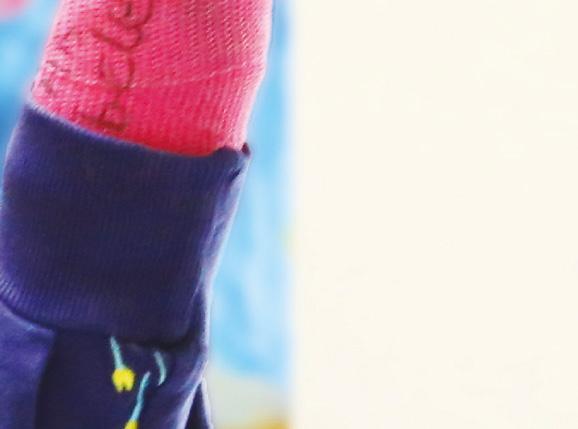




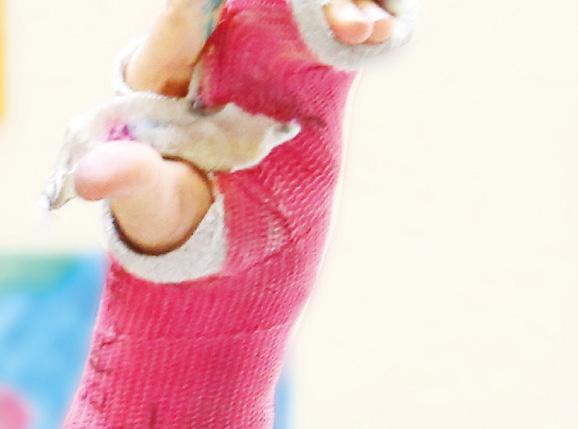



This South-East London boys’ prep is known for its Four Quadrants of Learning, a curriculum designed to develop well-rounded young individuals
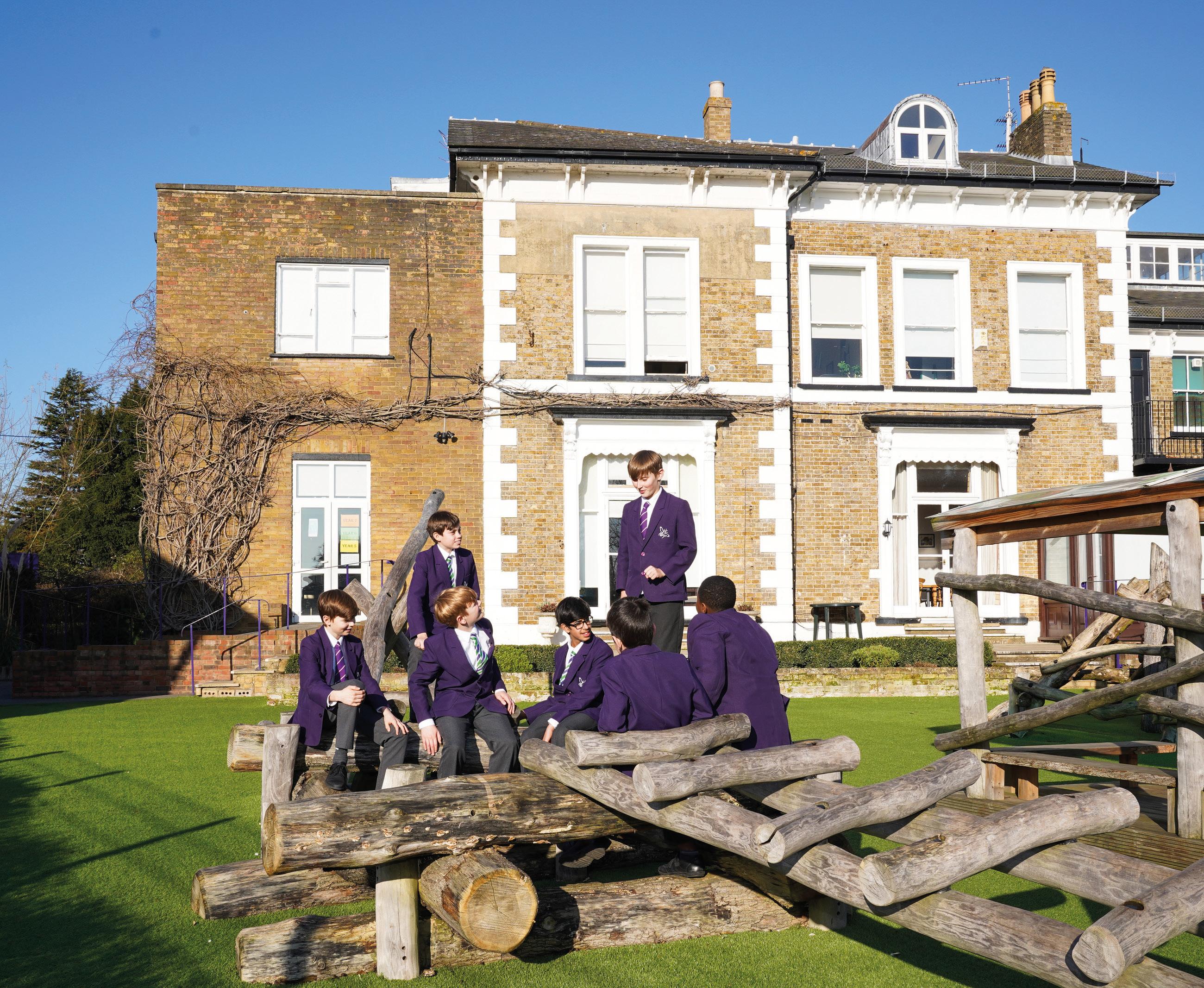

Bickley Park was founded in 1918 by teacher Richard Brandram. He introduced the bee motif, which has been the school logo ever since. It’s believed that his family crest featured two bees, so Brandram adopted it for the school as bees are associated with industriousness and community, values the prep still lives by.



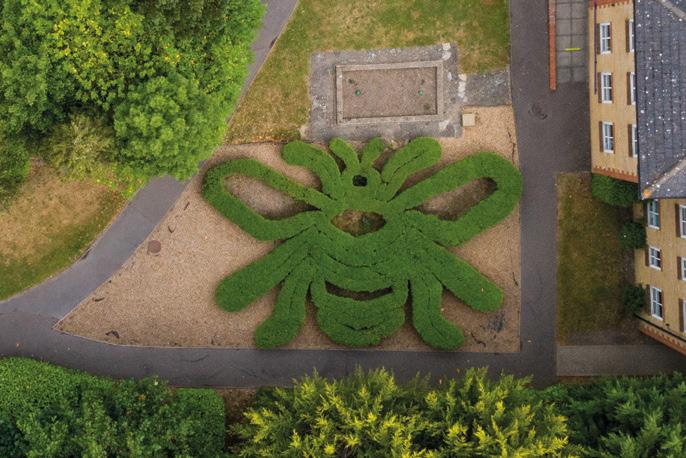
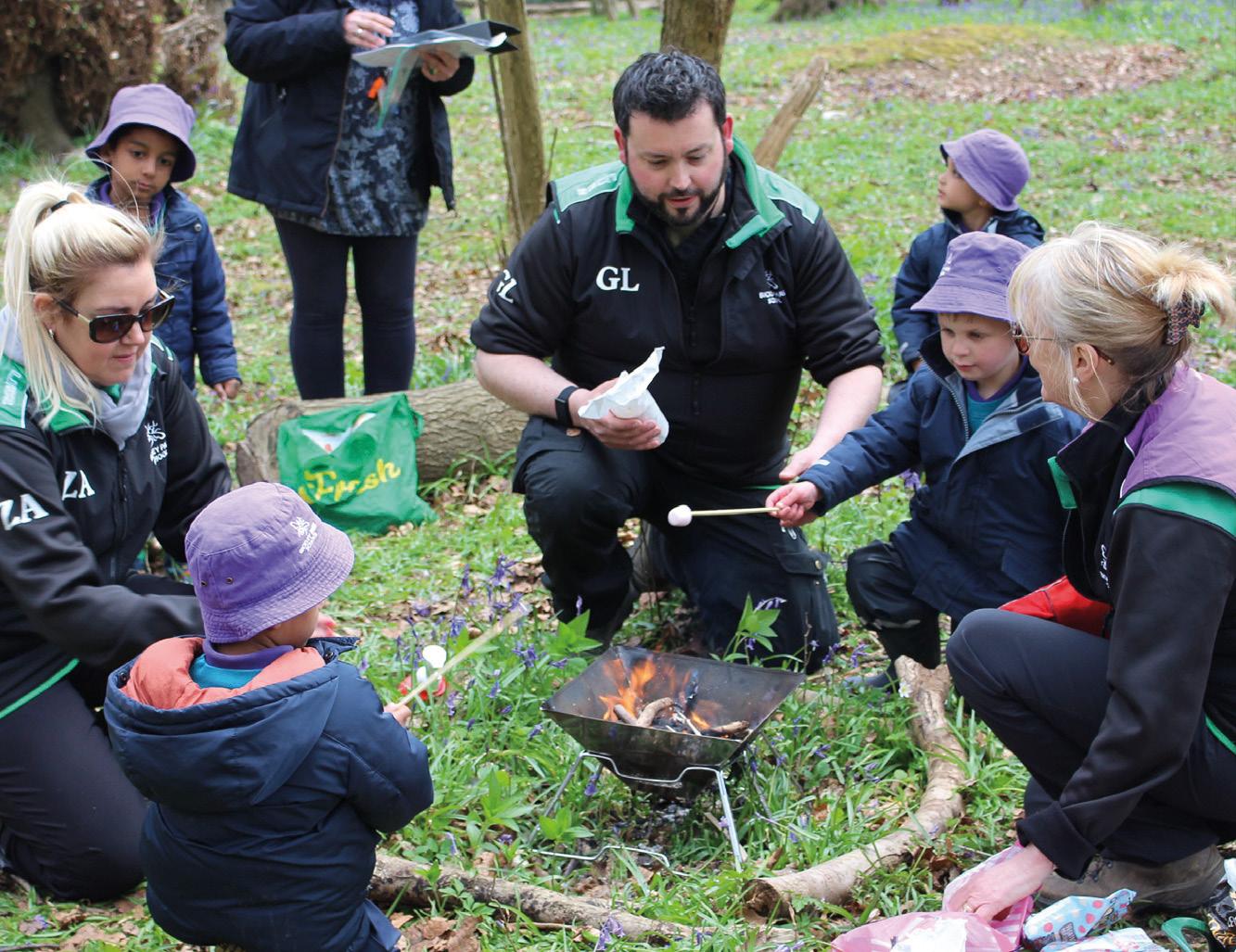


he Village Prep School believes that every child should achieve their full potential through exceptional teaching tailored to their individual needs.
The school offers 2½ to 11-year-old girls meaningful and exciting learning experiences that go well beyond the curriculum, and take advantage of its exceptional outdoor space, right in the heart of north London’s Belsize Park. Village Prep girls achieve fantastic results, and 2021 saw the school’s best-ever year six results, with 16 scholarships to a host of leading London day schools.
The school’s Head, Morven MacDonald, would be delighted to welcome you to the school and give you a tour of its spacious Edwardian building and outdoor space. This includes a full-sized, floodlit netball court, a large grass area, an adventure playground, an outdoor classroom, fruit trees and herb gardens.
Beyond this space, there’s a well-equipped theatre used for a wide array of indoor sports, as well as theatrical productions. Morven is a dynamic young headteacher, whose passion for
nurturing a love of learning is evident in every area of school life.
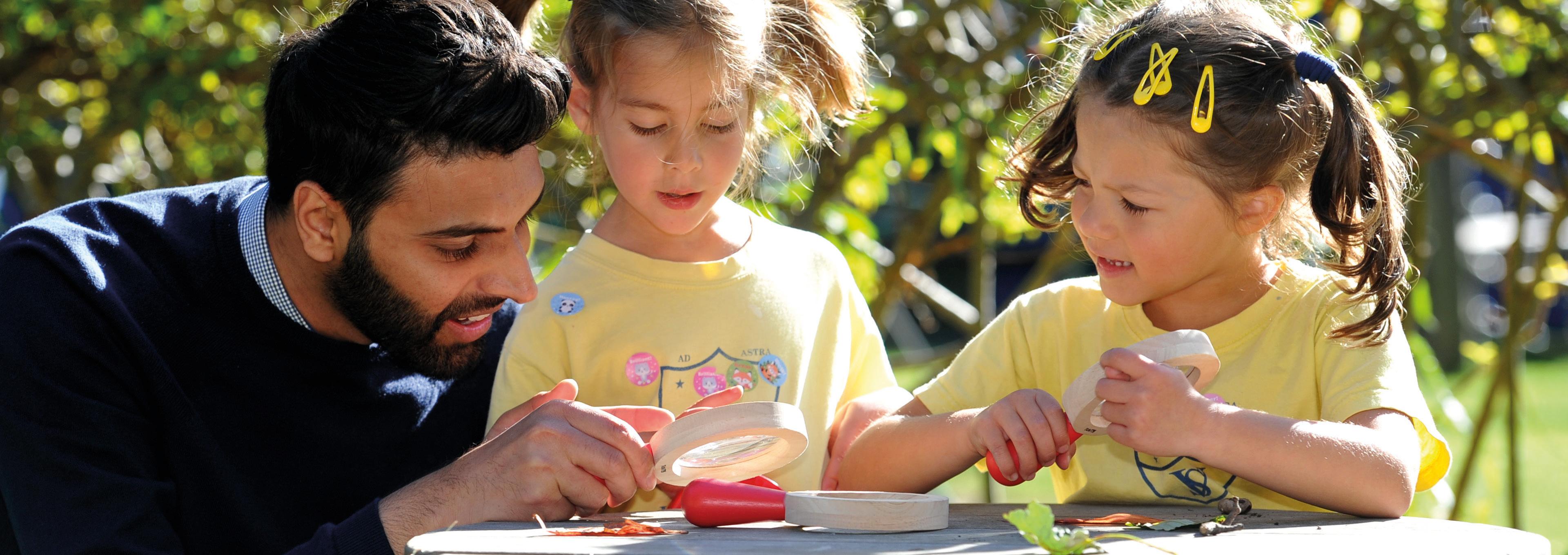
Sport is an important part of life at The Village Prep, and as a partner school of Saracens Rugby Club and associate school of Saracens Mavericks Netball Club, the girls have the opportunity to see top-class sport and gain coaching tips from experienced professionals. As part of the Chatsworth Schools group, The Village Prep also benefits from invaluable expertise by being part of a family of schools.
Beyond reading, homework isn’t regularly set for girls to complete at home. Instead, the girls in KS2 are given independent study homework
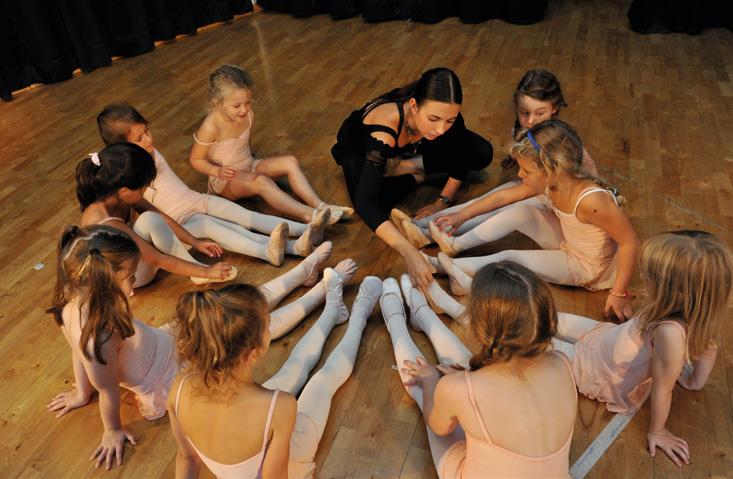
slots during the school day. Teaching staff believe this helps the girls develop excellent independent study skills and understand how to approach learning tasks effectively. Moreover, they leave school at 4.30pm having completed their homework and attended an extracurricular club, meaning that home time is for family discussions, reading and play!
At The Village Prep, teachers nurture a commitment to protect the planet. This is reflected across the school, from the hessian backing on the display boards and the school’s work with a local social enterprise group, to the way in which girls are made aware of the impact of food choices, by highlighting the carbon footprint of meal options served at lunchtime. An eco approach is an important part of the school’s ethos.
As the girls reach their last year, the school seeks to make every moment count through enrichment, responsibility and exam preparation. There’s a bespoke approach to the 11+ and in their final year, girls complete weekly practice examinations tailored to their individual needs and enjoy art-appreciation lessons, which teach them how to form ideas and share them. Each pupil receives the support and input they need to demonstrate their full potential.
Visit thevillageprepschool.com, or contact the admissions team via email at admin@ thevillageprepschool.com or 020 7485 4673.
With exceptional facilities and enriched learning, The Village Prep School in North London provides an outstanding education for every pupil
Ingrained in Whitgift’s DNA is that the school was founded as a ‘gift’ to the people of Croydon 425 years ago.
Giving back is a natural and very important concept for the whole school community, especially those who have benefited from a Whitgift education. A programme of initiatives took place last year, built around the concept of giving back, all helping to further strengthen community links and embed new partnerships. None of these would be possible without the strong working relationships and mutual trust which has been built with local headteachers and other
community leaders. A local primary school headteacher made the following statement about this relationship:
“Over the last few years, we’ve developed an excellent partnership with Whitgift School, thanks to the commitment and desire they have for supporting and developing others within the local community. As a local primary school, we’ve seen huge benefits for our children through a wide range of initiatives run by Whitgift.”


In July, the third annual Community Summer
School (WCSS) launched. There were stimulating lessons in English, maths, science, philosophy, languages and history, as well as enrichment activities (art, dance, drama, fencing, team building) that helped local girls and boys in year five to become excited by the opportunity education provides. Headteachers of local primary schools selected the most in need of this experience to build academic and social confidence.
A total of 25 staff and more than 30 volunteer students ran the programme –working with more than 200 students from 31 local primary schools, offering a fully packed
Whitgift’s collaborations with local primaries, summer schools and residential training camps show that community is at its very heart, says Andy Marlow, Director of Partnerships and CommunitySixth formers act as teaching assistants for weekly community service activities with local primary schools
High eld Prep School, part of the Chatsworth Schools family of schools, is known for its small classes, specialist teachers, nurturing environment and access to outstanding local sporting facilities. We all want the best for our children and a High eld education is a rich, yet a ordable experience with a bespoke, personalised approach to teaching children in a kind and supportive environment.
e prep school recently extended its co-educational provision, and is now welcoming boys from nursery up to the end of year two, so that more families can bene t from all that the school has to o er. From year three onwards, High eld Prep is a girls-only school, allowing girls to thrive and ful l their full potential.
High eld girls leave the school with con dence in STEAMrelated skills, as well as a real self con dence in their all-round academic performance.
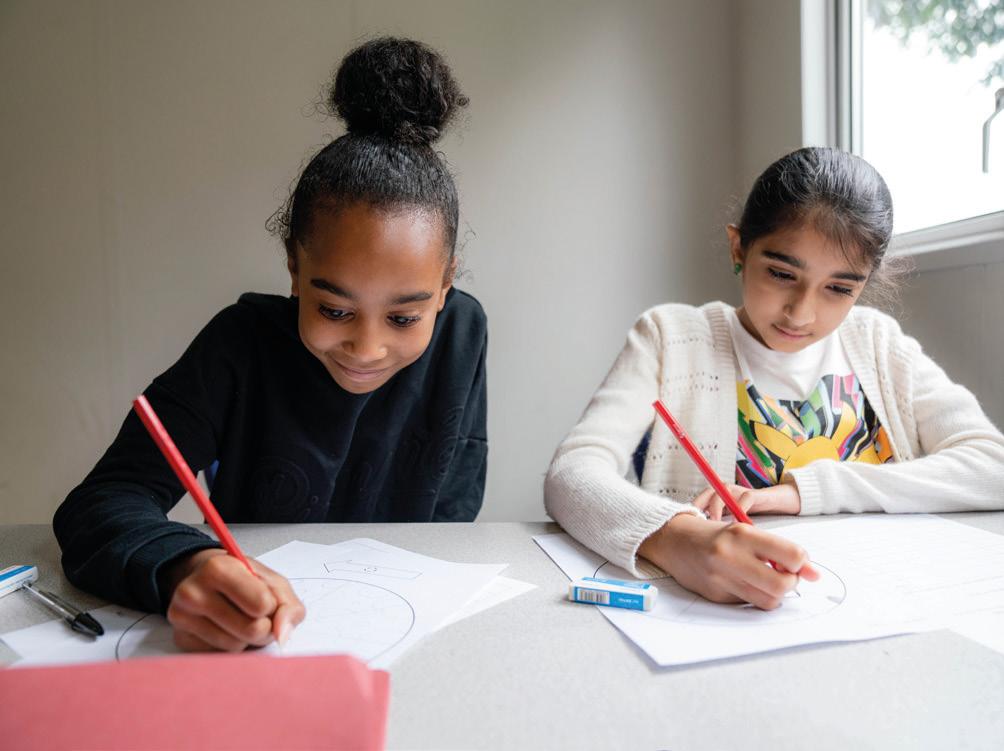


At High eld, great value is placed on giving pupils the opportunity to ourish in all areas of school life. Sta aim to create an atmosphere of happiness and warmth, which motivates pupils to work and play to the best of their abilities. Both inside and outside the classroom, a sense of vitality is generated, based on the principle that learning is fun. High eld’s outstanding team of experienced teachers and support sta
are committed to making every family’s time there as rewarding and ful lling as possible.

Sport sits rmly at the heart of the curriculum with the busy, vibrant school providing pupils with the opportunity to learn new skills, challenge themselves and work as a team. At High eld, sport is for all and there’s a comprehensive physical education curriculum, which begins in pre-prep. e school has always had fantastic success in sports, which High eld believes is down to its access to outstanding local sporting facilities, its onsite netball court, sports hall and a dedicated sports teaching team.
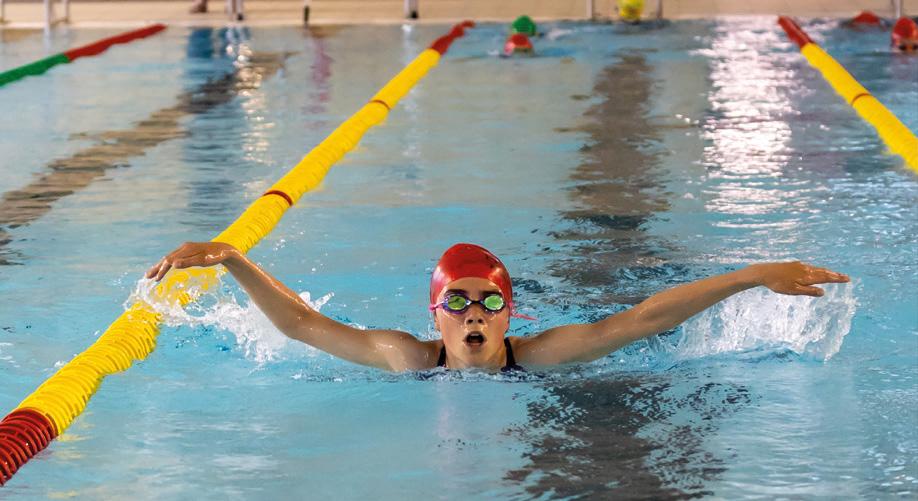
At High eld, pupils are excited by science, technology, engineering, computing and
the arts, as well as the power and potential these elds have to enrich learning across the curriculum. Teaching sta believe that inspiring pupils to be creative and con dent is hugely important if they’re to excel and achieve in the 21st century.
High eld girls move on to a range of leading schools aged 11, and all of the girls are well prepared for 11+ and senior-school entrance examinations. e school o ers independent senior school exam-prep classes and mock interviews, and has an impressive track record of girls reaching their senior school of choice, frequently with scholarships. When the time comes to leave, High eld is proud that the girls do so as con dent, resilient and curious independent learners who are primed and ready to take on any challenge they choose. Nothing holds High eld girls back as they follow the path to becoming fearless females and leaders of the future.
Visit high eldprep.org, or contact the admissions team at o ce@high eldprep.org or on 01628 624 918.

With an emphasis on STEAM subjects, sports and building self-confidence, Highfield Prep School in Maidenhead is preparing pupils to achieve big things in life
TEACHING STAFF BELIEVE THAT INSPIRING PUPILS to be creative and confident is hugely important IF THEY’RE TO EXCEL AND ACHIEVE IN THE 21ST CENTURYHighfi eld has a bespoke, personalised approach to its teaching Swimming lessons take place at the state-of-the-art Braywick Leisure Centre
week. It was an exceptionally rewarding experience for all involved. There was a feeling of being part of a wider educational movement in Croydon and of being able to play a small part in inspiring local young people. Funding was raised via school community donations.
Using the ImpactEd educational research tool has shown significant impact on pupils who attended over three years. On average, increases were measured in the following characteristics: > metacognition +3.1 per cent and > motivation +3.4 per cent (2022 data).

Parents’ feedback on summer school was overwhelmingly positive:
• “She had an amazing week and really enjoyed drama and fencing in particular. She

came out every day with a smile on her face.”
• “Our son was impressed from day one by the level of education and service you provide and now feels very motivated to study well. Thank you so much.”
• “Our daughter had a great week. We believe it’s helped build her confidence, which she’ll apply going into future situations in life. She has tried new things and although a little nervous about certain aspects, she’s been proud of her efforts and achievements.”
• The 22-year-old Whitgift Primary Project runs throughout the year during term time, welcoming more than 1,000 children annually from primary schools in the local area for a full week of exciting lessons.

• Weekend Masterclasses form part of the offering to local year five students, again supported by Whitgift students and staff.
• Whitgift sixth formers are involved in weekly community service activities, supporting local primary schools by acting
as teaching assistants and mentors to pupils in their school environment.
• In July 2021, Whitgift held a residential training camp for ACE who work with young people of African and Caribbean heritage, they now train weekly on our site.
• Our sports facilities and grounds are regularly used by local groups and schools. We’re an area partner for a national charity MCC HUB, bringing cricket to empower young people to reach their full potential and unite communities.
• From musical performances for young and old at local care homes or concert halls to sharing our facilities and sports coaching with local groups and going out into the community, we’ve seen first hand the reciprocal benefit of these events and encounters. Students regularly share stories of life-changing moments and show a deepened appreciation for the transformational nature of education, expressing how grateful they are to have played a role in making a difference, and will seek to do more.
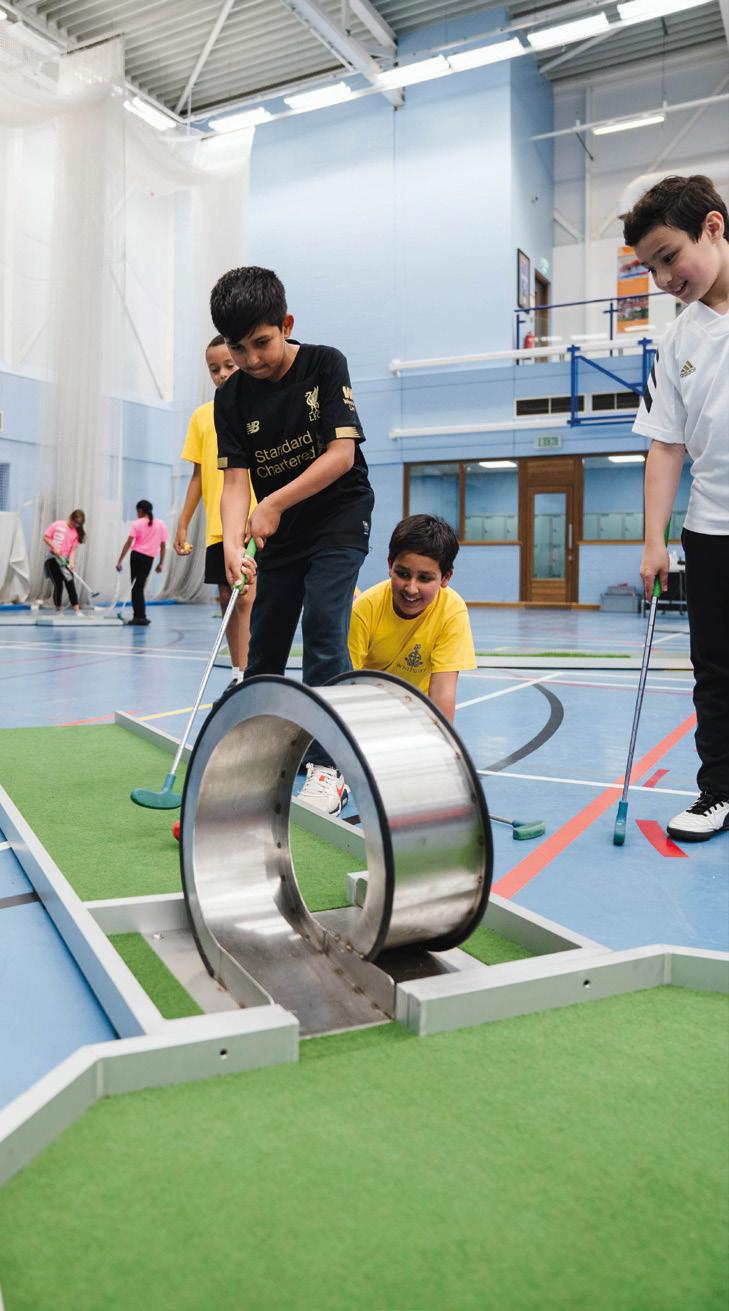


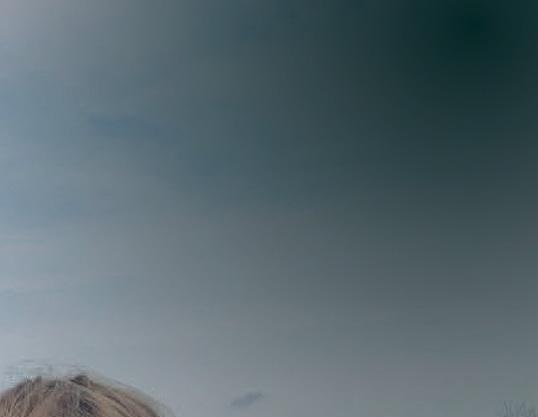







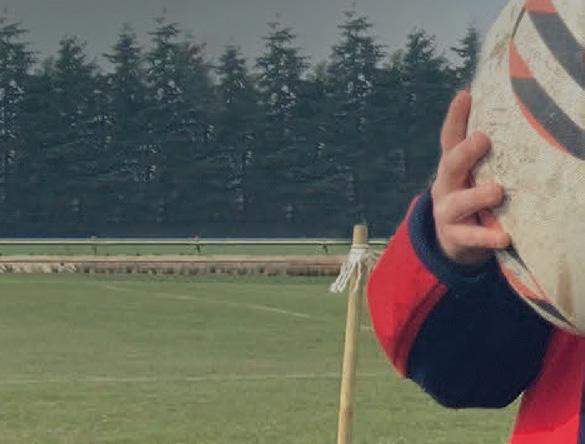

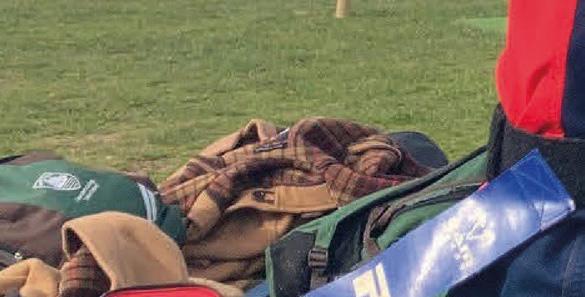

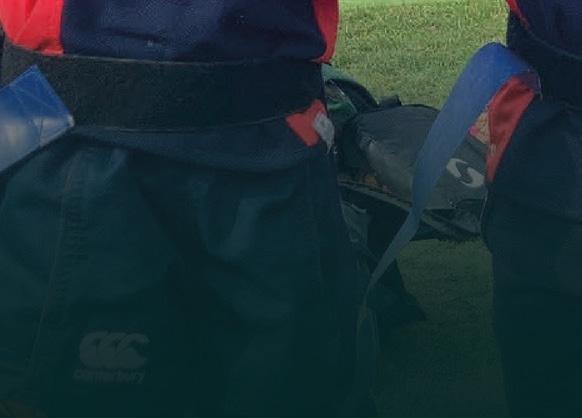
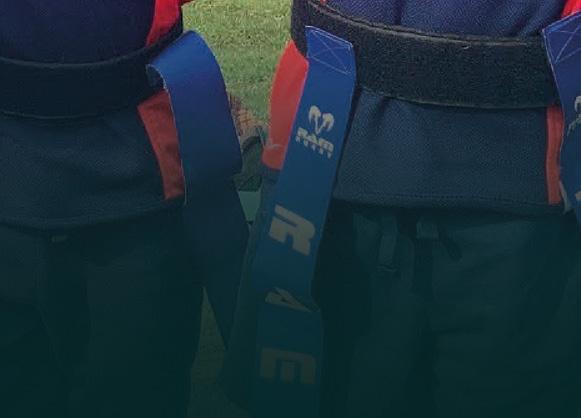



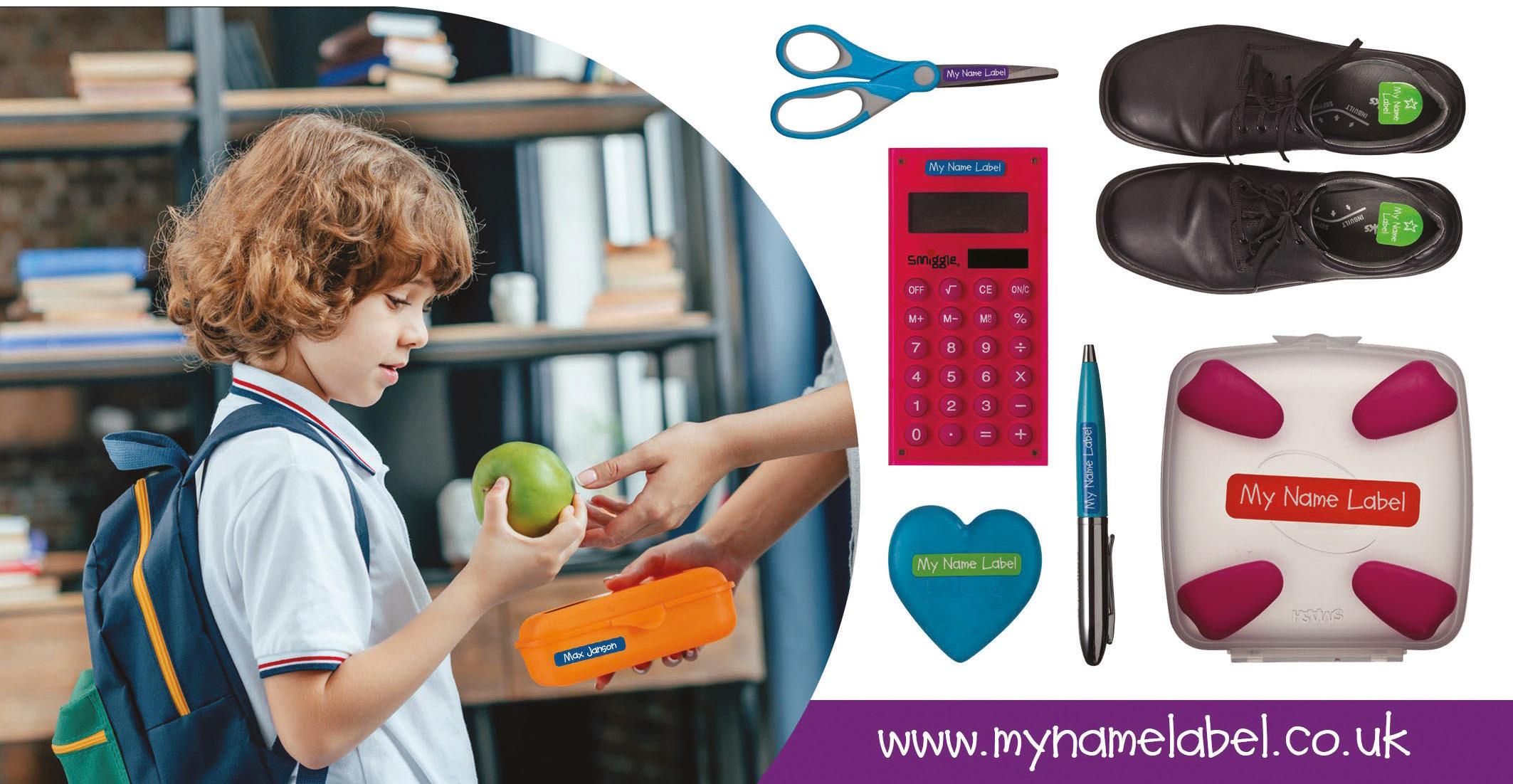

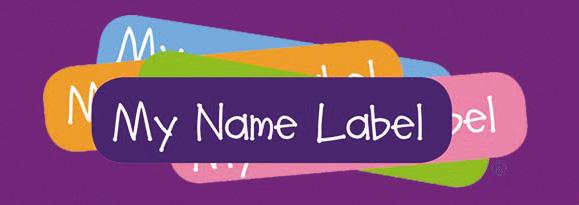




believe that every child has immense potential that, in the right environment,
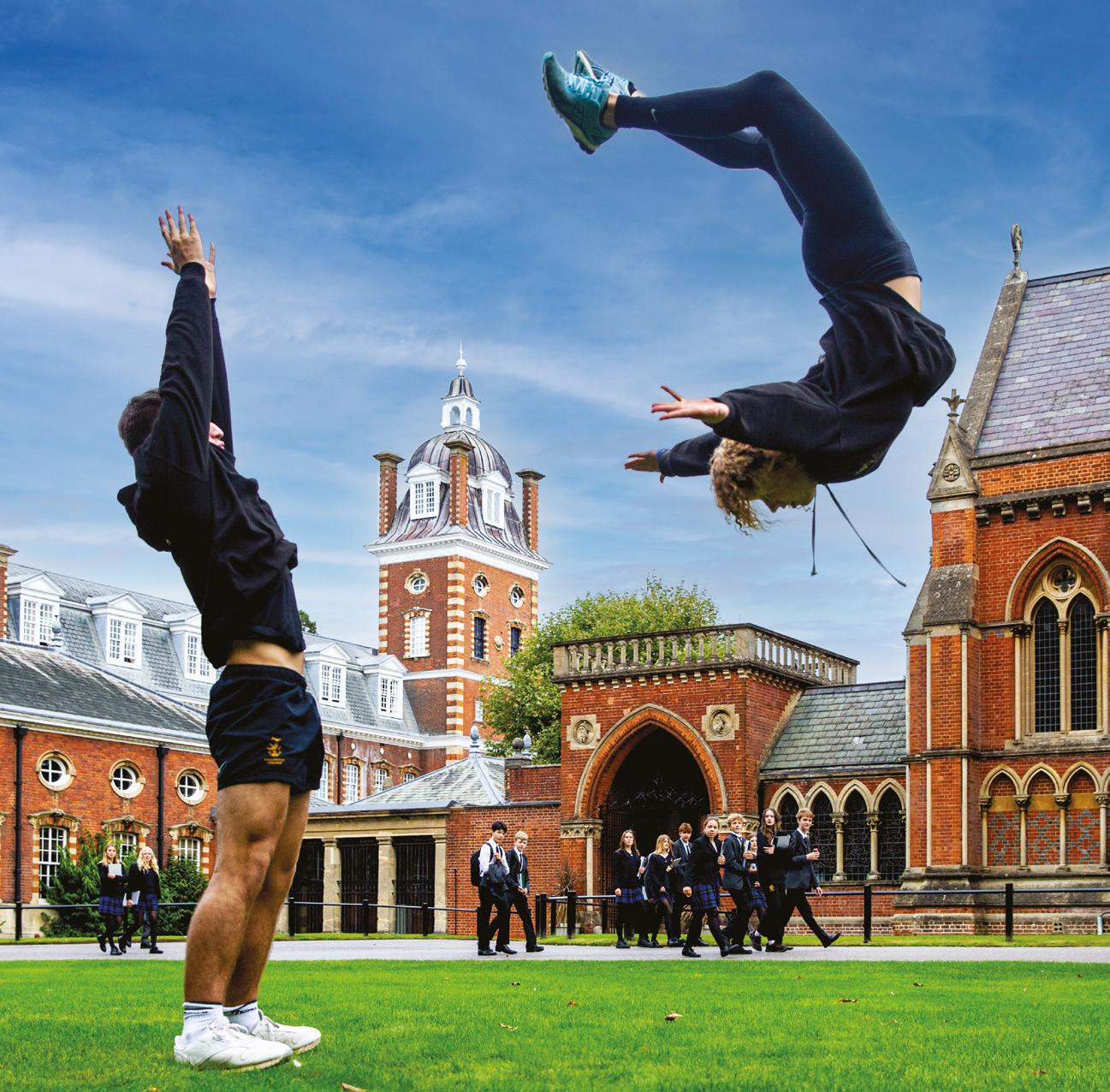
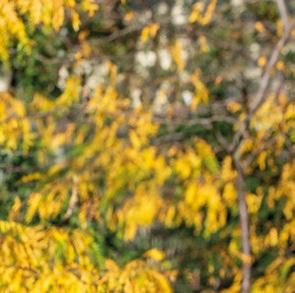

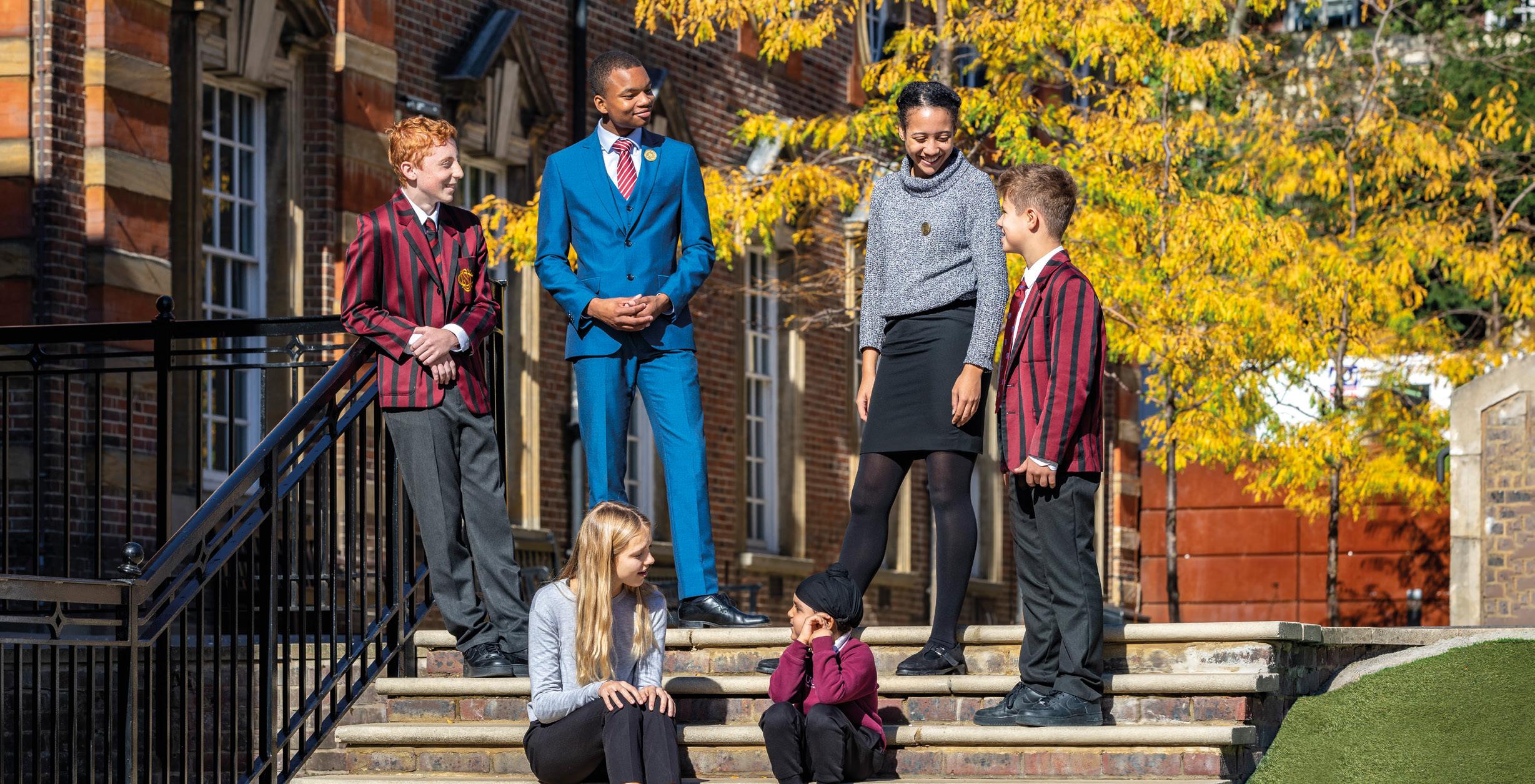
be



and



THE CURRICULUM FRAMEWORK IS COMPRISED OF THREE KEY CONCEPTS: the acquisition, application and assessment OF KNOWLEDGE FOR LEARNING


Curriculum 2020 is a unique and exciting framework for learning, designed to ensure that our children are high-functioning global citizens and are fully prepared for the demands of education and employment in the 21st century. Universities and employers are clear that academic excellence alone is now insufficient for personal and professional success in the modern world. Curriculum 2020 enables teachers to assess pupils’ learning in many different ways, drawing out individual pupils’ strengths which do not always come to the fore during a written test.
The new framework was designed over 18 months, using feedback from universities and the employment sector, international trends in education, a breadth of educational research findings and consultation with local senior schools. The curriculum framework is comprised of three key concepts – the acquisition, the application and the assessment of knowledge for learning. The curriculum will enable staff to assess pupils’ learning in many different ways, drawing out individual pupils’ intelligences, which are not always evident during a written test. Teachers help pupils to identify their talents, and track their own progress through personal-learning portfolios. Project work and immersive learning activities will encourage the development of collaborative learning skills, presentation and research skills. Outdoor learning activities are regular events, during which pupils will develop
a greater understanding of their place in the world, and all that they can do to make a positive global impact.
In order to trigger the children’s natural curiosity, each lesson begins with a question or a problem that needs to be solved. Using this method, the aim is to draw out pupils’ enquiry and enterprise skills naturally, helping them to take greater ownership of their learning though their understanding of the purpose behind each lesson.
The school has also introduced focus days. Prep pupils are immersed in learning
mental wellbeing, pupils in all year groups benefit from specialist teaching from staff with expert subject knowledge in Rose Hill’s first-class facilities. In years one to four, they develop knowledge, understanding and skills in history, geography, science, art, religious studies and PSHEE through a topic-based, thematic approach to learning. Pupils are highly motivated to achieve through this style of learning, and make excellent progress.
The school believes that every child is gifted and talented in their own way. Having their strengths and talents nurtured can provide children with the confidence to succeed in all aspects of school life. Psychologist Howard
for a day about a particular topic: acquiring and applying knowledge. The four skills strands of enterprise, adventure, enquiry and philanthropy are woven into every child’s experience through outdoor learning, risk taking, creativity, investigation, collaboration, curiosity, presentation, global awareness and communication to name a few!
The new curriculum is broad and deep. With an embedded focus on physical and

Gardner says, “ask not how intelligent is the child, but how is the child intelligent?”. This theory of multiple intelligences is the inspiration behind the unique assessment strategy. Over the course of a year, Curriculum 2020 will provide opportunities for all pupils to shine. In July, parents receive feedback on teachers’ observations, highlighting their child’s natural intelligences and suggesting ways to further develop those talents.
The five keys to success (including the integrity keyring) ensure that pupils know the value of these character traits and are able to
The theory of multiple intelligences inspires the prep school to develop pupils’ natural talents

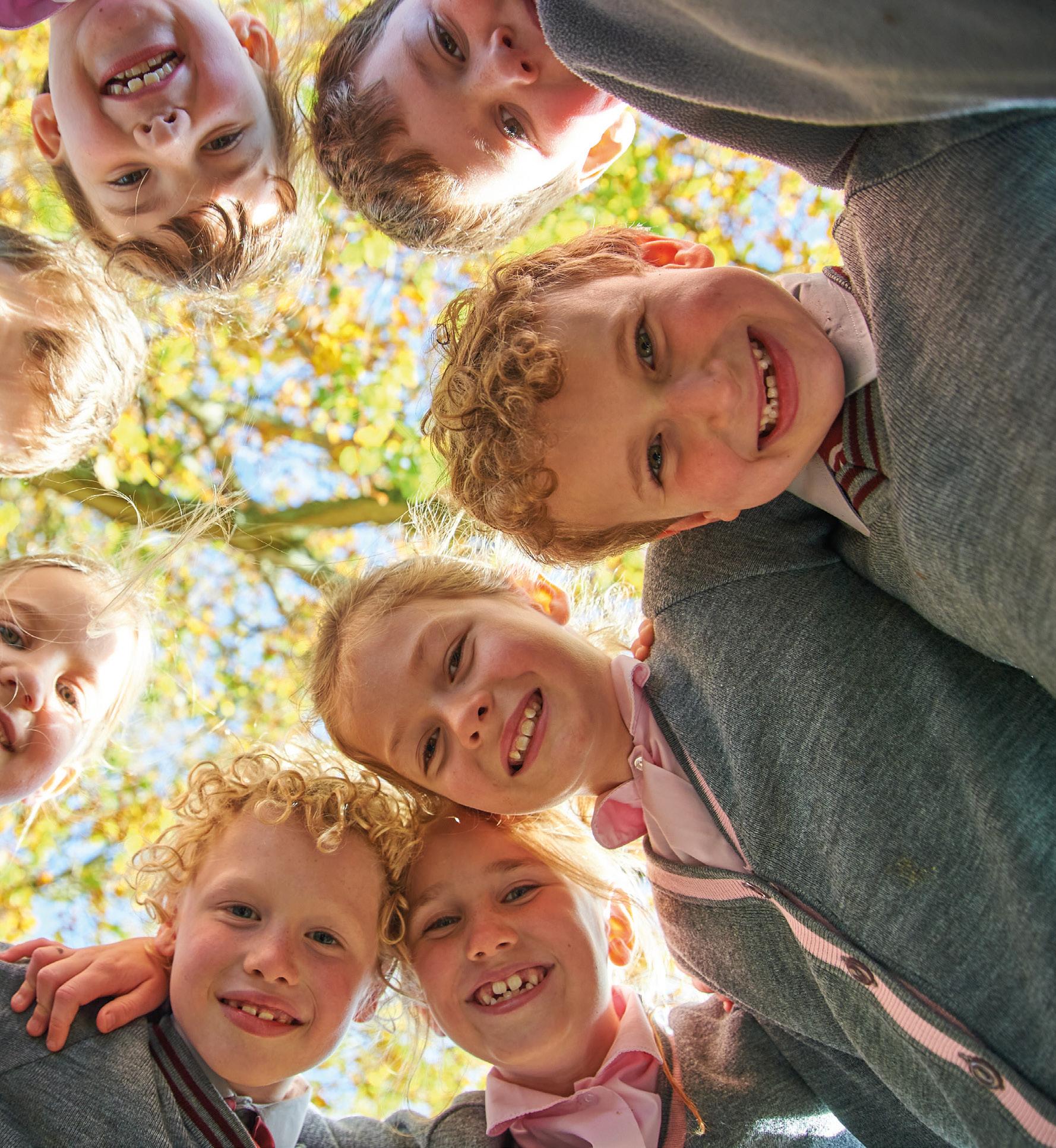
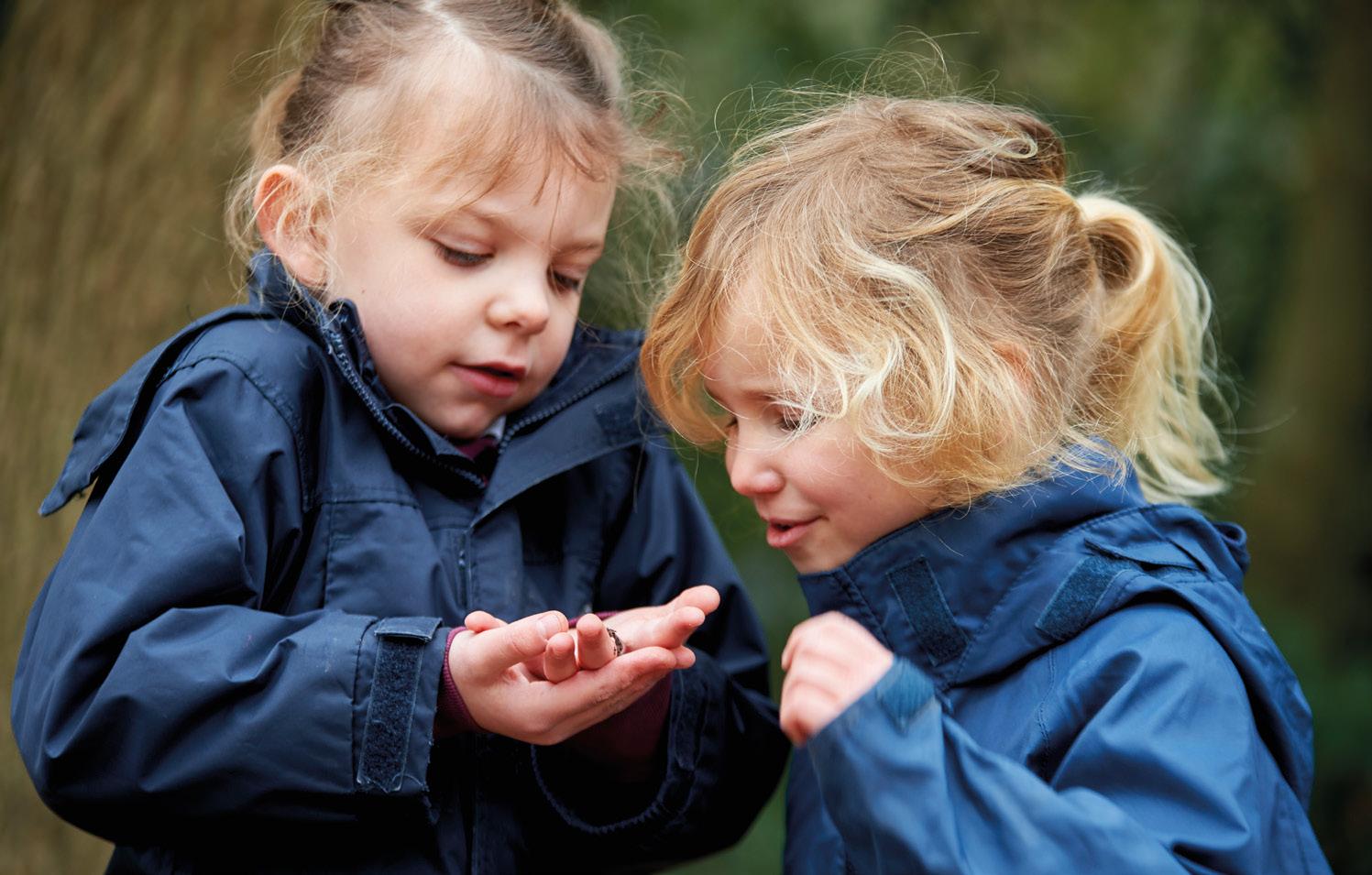
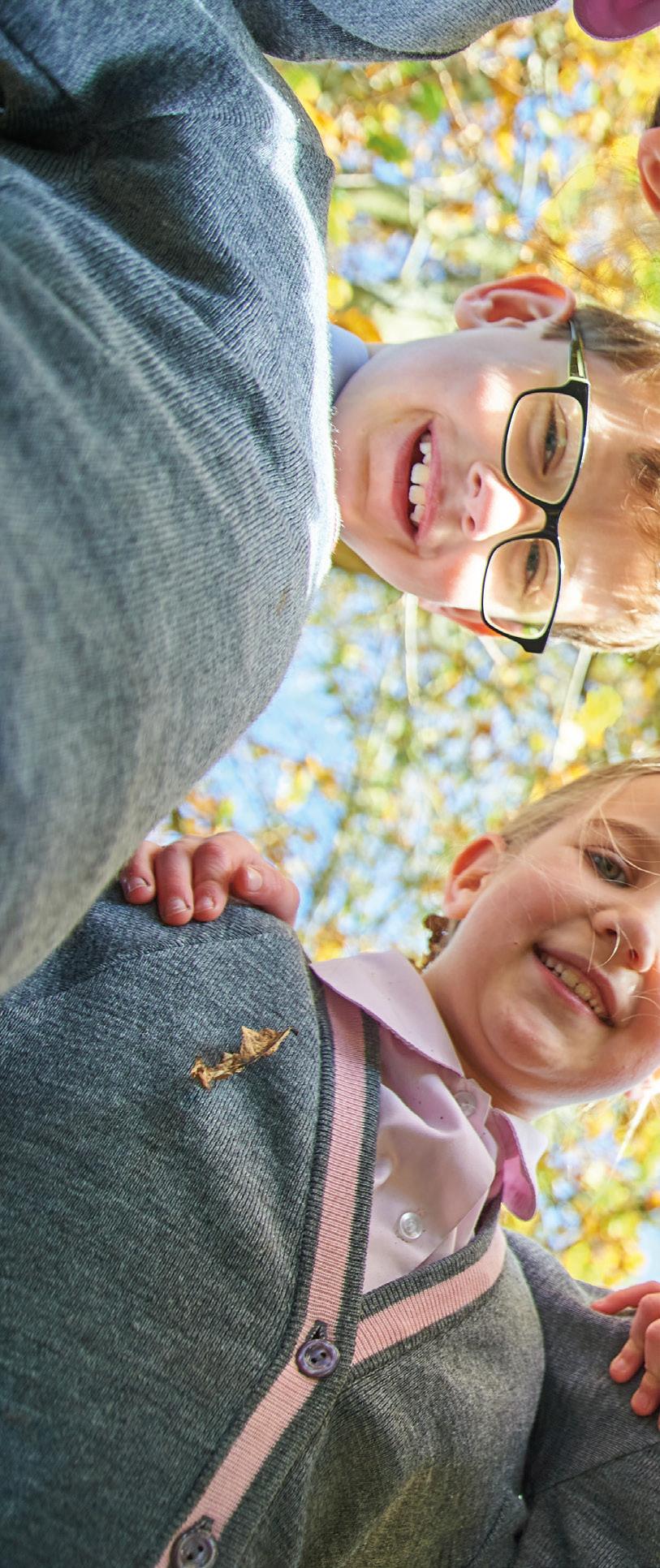
THIS THEORY OF MULTIPLE INTELLIGENCES IS THE inspiration behind the unique assessment strategy. Over the COURSE OF A YEAR, CURRICULUM 2020 WILL PROVIDE OPPORTUNITIES FOR ALL PUPILS TO SHINEOutdoor learning is a regular activity at Rose Hill School
recognise them within themselves and others. Teaching staff see evidence of this every day, as the children become more independent and invested in their learning. The employment industry tells us that, more than ever before, they need young adults who can demonstrate confidence, resilience, perseverance, organisation and the ability to get along with others. Academic excellence alone will not open doors in the major professions. Work completed on the five keys to success –through PSHEE, form time, assemblies and all other daily activities – forms the character curriculum for Curriculum 2020.


The Rose Hill Life Skills Diploma is a challenge for pupils to learn everyday skills, supporting their transition into young adulthood. Through
•
‘We really appreciate the changes you and Ms Lang have made to the curriculum too and for the hard work of the teachers implementing it.’
• ‘The focus days have given … the chance to practise teamwork skills, which was particularly important after lockdown.’
•
‘... benefitted a lot from doing their year four project and the year six refugee project.’
‘The year six Life Skills Diploma was also a valuable experience.’
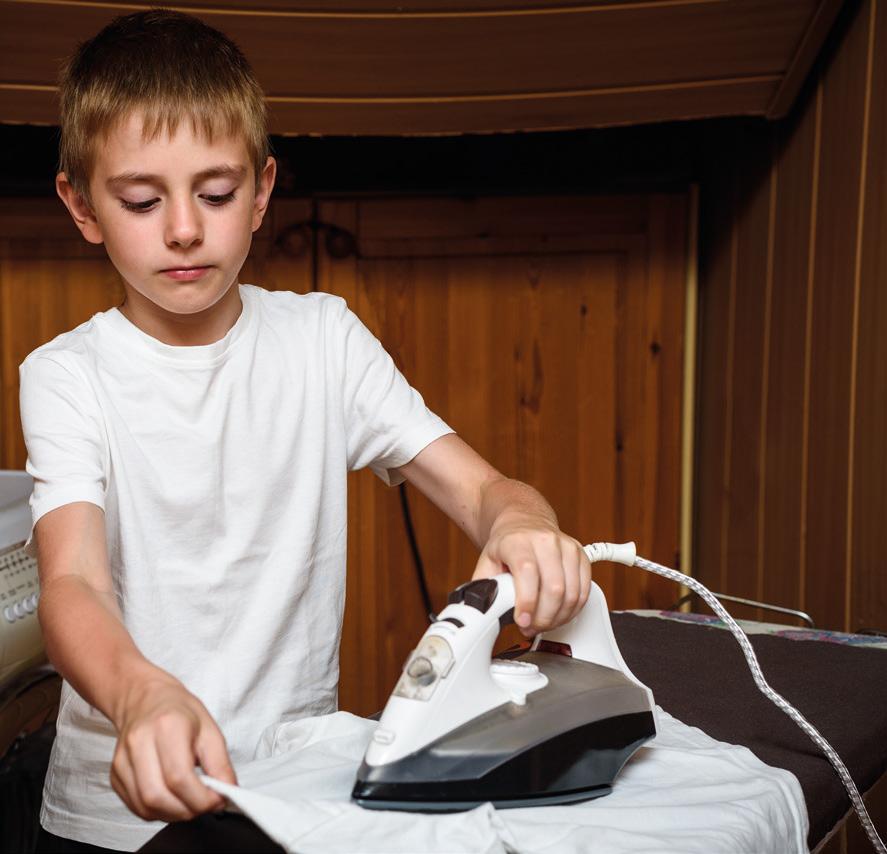


Curriculum 2020, pupils in years six, seven and eight will be given opportunities to learn gardening skills, first aid, how to complete application forms and iron their clothes among many others. These independent self-care skills are particularly pertinent to pupils who will be boarding from 13+.
To further maximise pupils’ readiness for senior school, an enrichment programme is timetabled for Friday afternoons, inclusive of timetabled tuition for awards students in their specific field (sports, music, drama, art, academics, citizenship); scholarship preparation for senior schools; The New Perspectives Curriculum (mini lectures and masterclasses on concepts and ideas not covered within the curriculum; for example, global politics and space tourism) and careers education.

Flexlands is a co-ed prep school and nursery for children aged from 2½ to 11 years.







Nestled in 13 acres of beautiful grounds on the Surrey/Berkshire border, this is a happy, high-achieving school where pupils are inspired and nurtured.
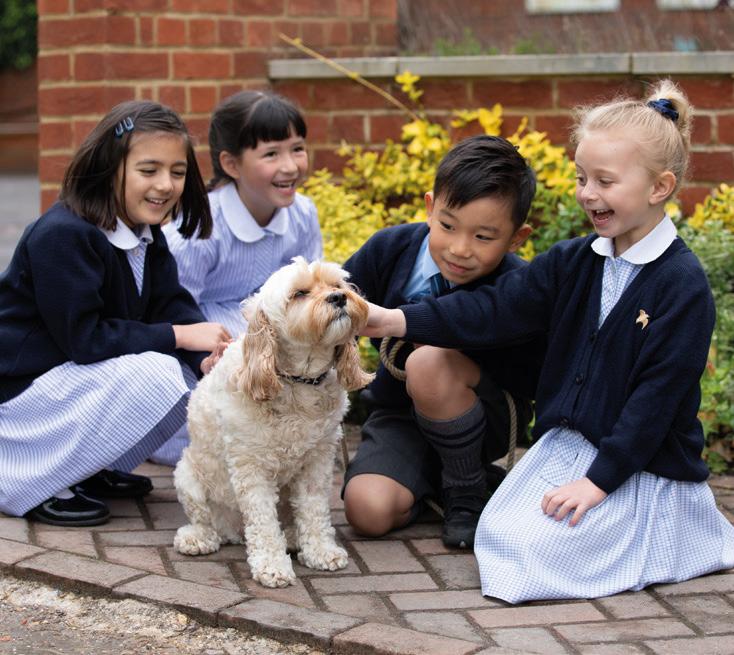
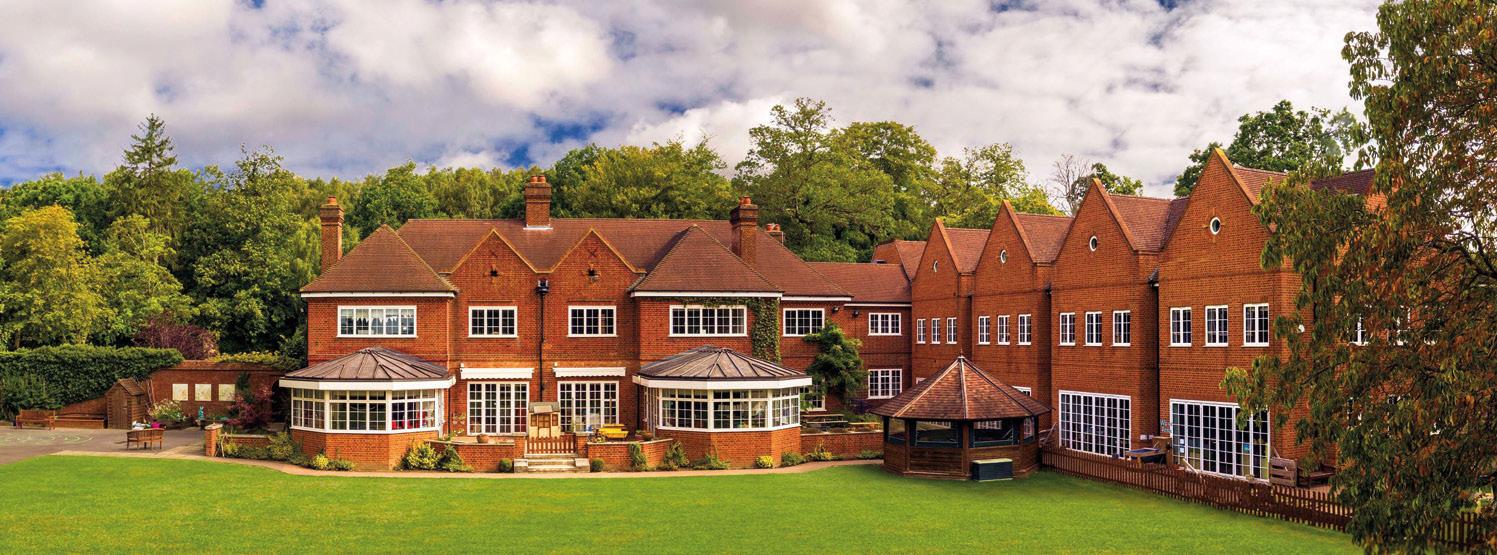
There’s a culture of happiness here, with strategies for wellbeing and support, as happier children are healthier, learn better and demonstrate more emotional literacy. Inspiring Minds and Nurturing Spirit initiatives are at the heart of the school’s approach.
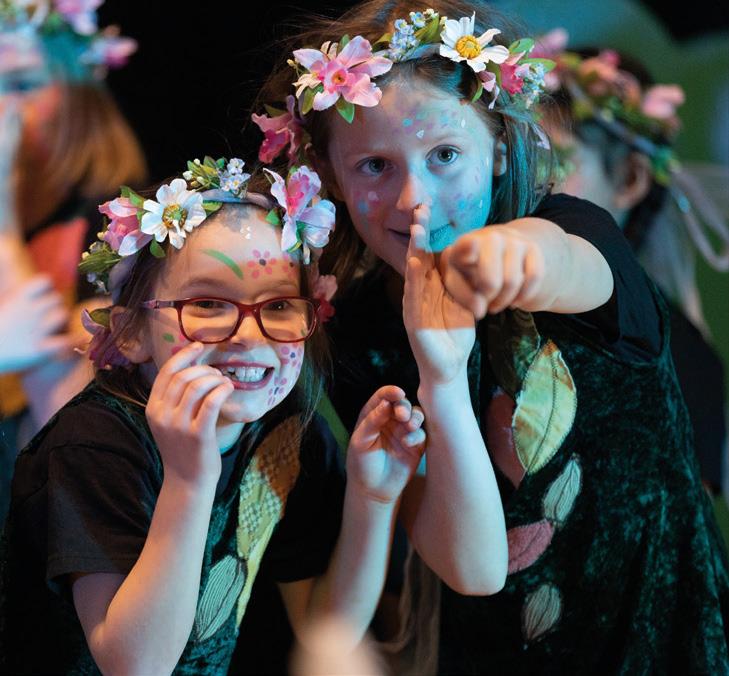
Inspiring Minds is an academic initiative which encourages the development of curiosity through a challenging, investigative curriculum. Through highly specialist teaching led by staff who are passionate and knowledgeable about their curriculum area, pupils show high levels of understanding and attainment. Pupils are well known to staff, and as such, their individual progress is carefully planned and monitored. The result of this sees pupils growing at a pace that’s right for them.
Nurturing Spirit is the aspect of childhood that brings a smile! It focuses on the emotional, physical, social development and spiritual growth needs of a child. Pupils are encouraged
to find what makes them happy and fulfilled.
Beyond the many opportunities offered through the academic programme, the school also provides an enriching range of clubs and activities before, during and after school. Pupils are given the opportunity to find what it is that engages them. Talents are nurtured, and pupils are encouraged to follow their passions. It’s often here where pupils build confidence, discover strengths and nurture unique qualities. The success of this approach can be seen at celebration assemblies, where pupils share outstanding achievements, both inside and outside of school in a variety of areas.
The school’s small size affords many advantages. As well as creating a strong community, it also means that every single child is known well by all staff. That close relationship is invaluable in bringing out the best in each child. Pupils receive a personalised approach to their learning journey.

Coworth Flexlands, is a school where happiness gets results. Pupils are offered places at leading senior schools, with many securing scholarships. The polite confidence and selfassurance that the pupils take with them is testament to the success of the educational experience provided. The true measure of success is where pupils can look back at their school years with fondness, happiness and a bright future ahead. coworthflexlands.co.uk

Coworth Flexlands is a nursery and prep school that inspires minds and nurtures spirit
INSPIRING MINDS IS AN academic initiative which encourages the development of CURIOSITY THROUGH A CHALLENGING, INVESTIGATIVE CURRICULUM
Fernhill Lane, New Milton, Hampshire, BH25
Head Teacher: Mr Andrew McCleave Admissions: The Registrar registrar@ballardschool.co.uk 01425 626900
GENDER/AGES: Boys and girls, 2-16 years
TOTAL PUPILS: 472 (excluding Nursery & Kindergarten), boys 252, girls 220 TYPE: Day
FEES: Nursery from £54.20 including lunch per day, Pre-Prep from £3,105 per term, Prep (Year 3 – Year 8) from £4,670 – £5,430 per term, Senior £5,715 per term
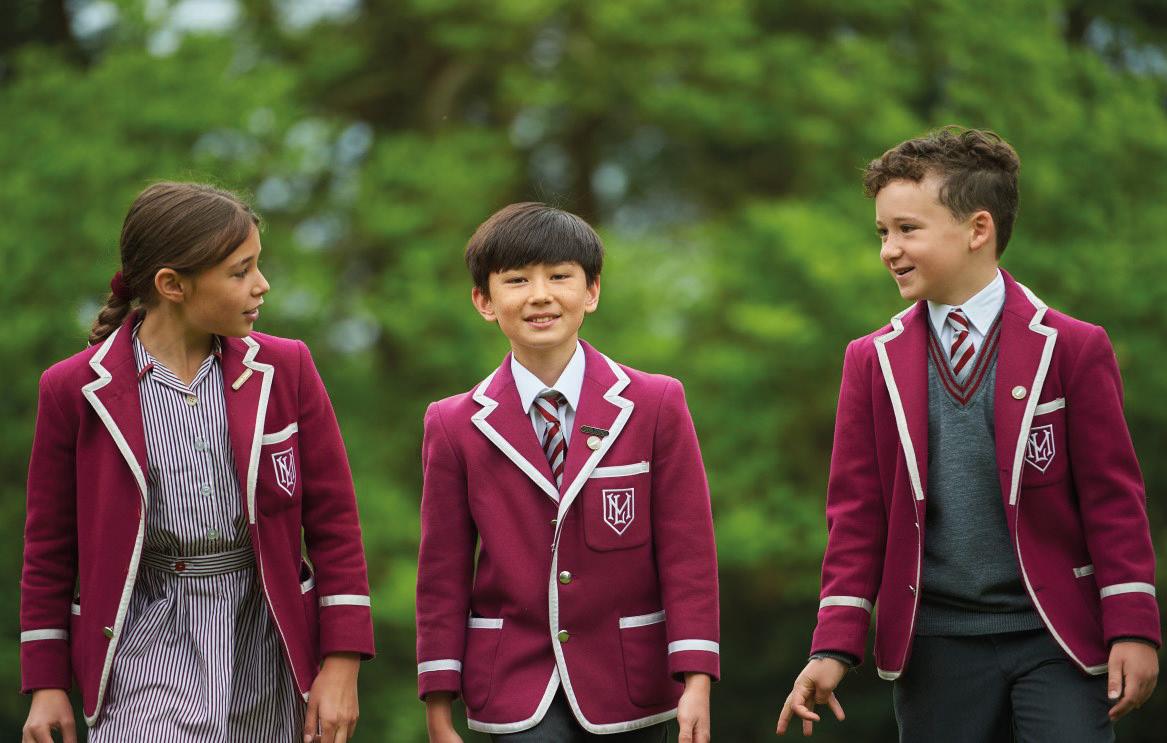
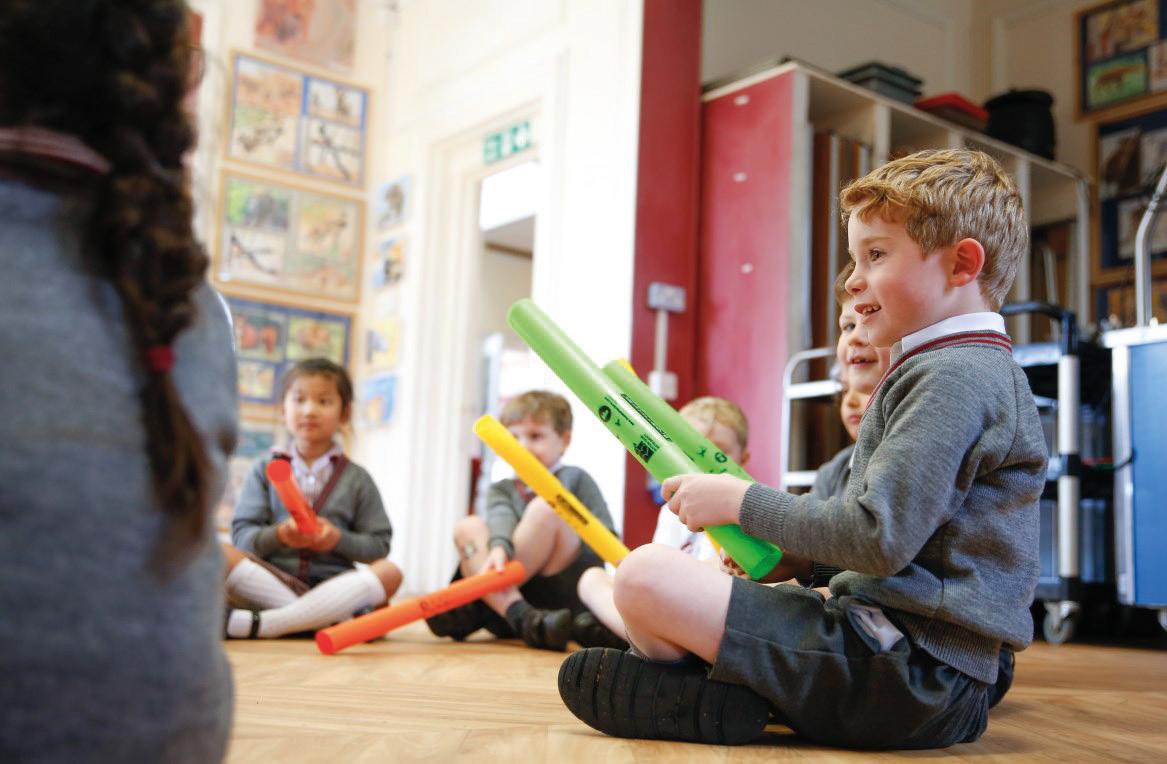
ENTRANCE PROCEDURE: Please see our website for details and also for more details on our academic, pastoral and co-curricular strengths.
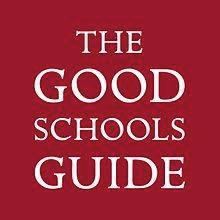
School Philosophy: To provide a supportive and caring environment for learning and excellent teaching, designed to ensure all pupils achieve their academic best. At Ballard, we have a passion for developing the ‘whole child’. We believe that in addition to providing a vigorous and challenging academic programme, education must also extend well beyond this, opening up experiences and opportunities that allow all our pupils to develop skills including creativity, independence, teamwork and critical thinking; we prepare them for work and life in a rapidly changing world.
Academic Record: In 2021, 100% of pupils achieved at least five GCSE passes graded 9 - 4 (A - C), including Maths and English. 40% achieved the top 9 - 7 (A or A*) grades with an average added value of 0.9. This means that on average, each pupil gained nearly a grade more than expected for each of their subjects. Extra-curricular: 120+ activities and GCSE “Raising Attainment” sessions a week, Ballard’s co-curricular programme is designed to give pupils of all ages a breadth of opportunities, from Archaeology to Zumba! Whatever their individual strengths or curiosities, there is something for everyone.
Notable Achievements and Alumni: ‘Excellent and Outstanding’ (ISI); shortlisted for Independent School of the Year – Co-Educational (2020 and 2022) and Student Wellbeing (2021); shortlisted for a Wilder School award (2021); finalist for Independent School of the Year – Performing Arts (2022) and ISA Award for Excellence and Innovation in Art and Design (2022); Highly commended in the ISA Award for Outstanding Sport – Large School, (2022). Current awards include: Artsmark Gold Award, Schools Sport Gold and Eco Schools Green Flag (the highest accolade), alongside National championships in several sports and an ISA Musician of the Year Award. Our alumni include World Champions and Olympic medallists as well as an international opera star, pop bands and harpists.
Open Days: Termly and visitors welcome at any time by appointment.
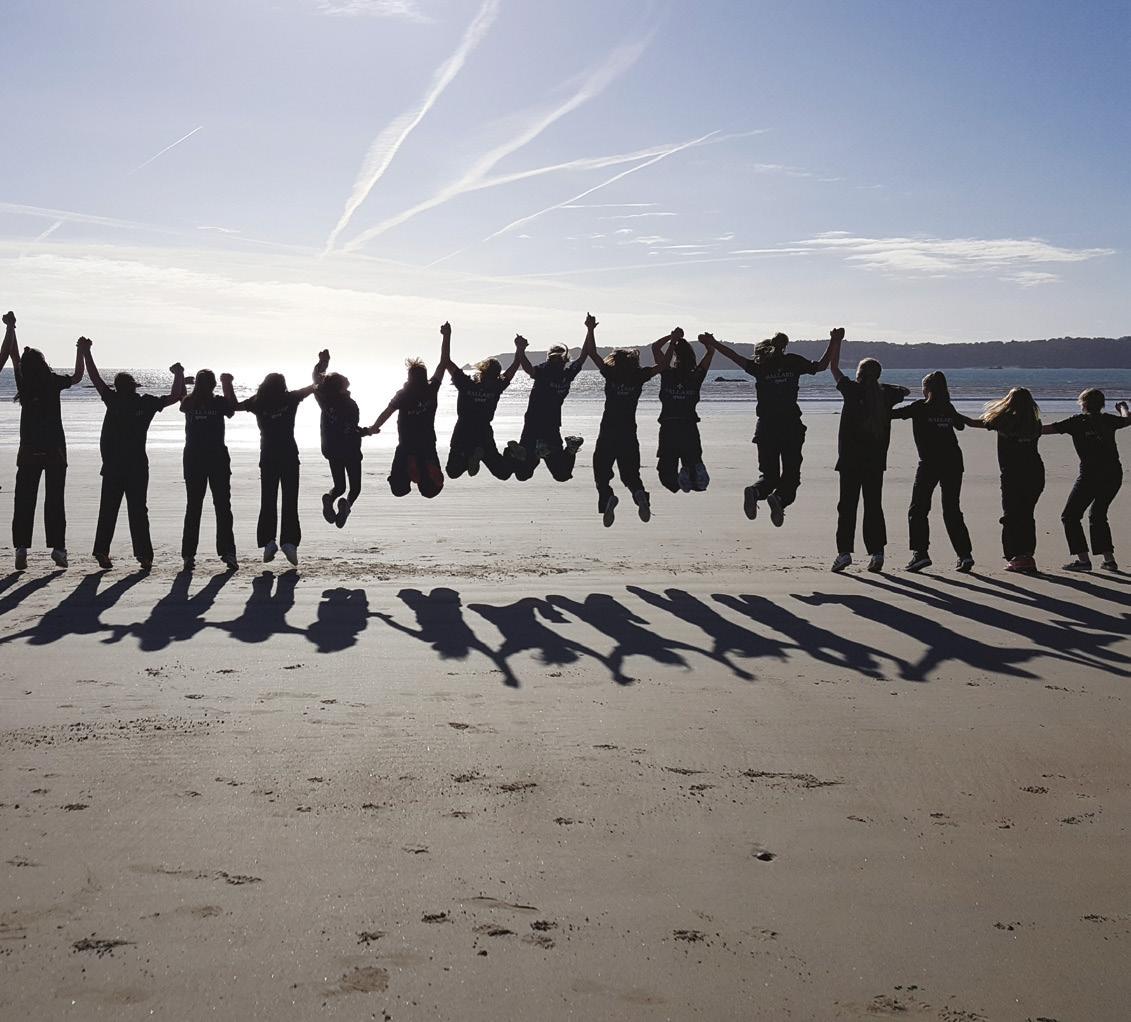

From important social campaigns to world-class sporting wins and ingenious start-ups, these independent school alumni are achieving great things
Medical student and Co-Founder of DIMA (Diversity in Medical Academia)
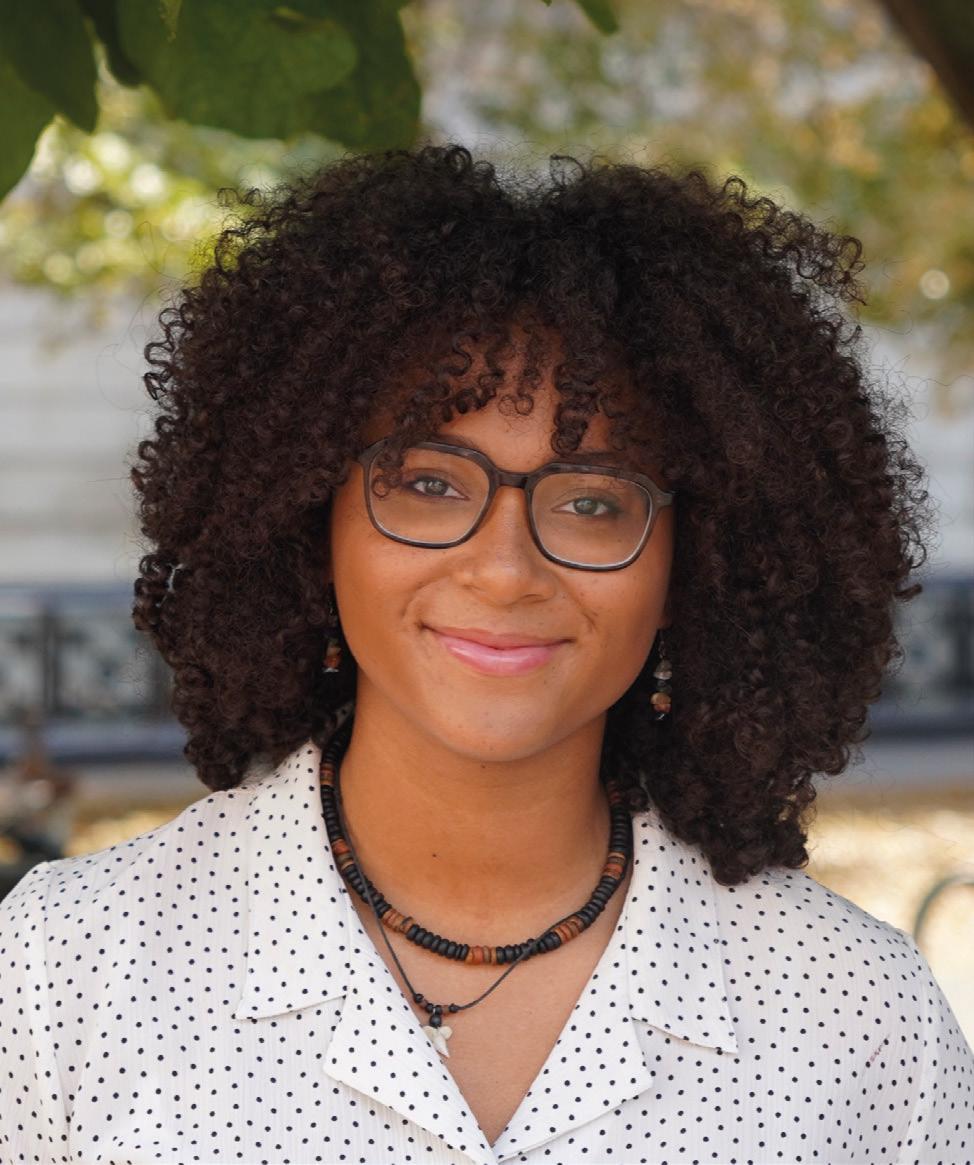
King’s College School Wimbledon I’m a medical student at University College London (UCL), currently undertaking an intercalated BSc in medical anthropology. King’s pushed me to be fearless of the unknown and encouraged a constant critique of the world around me. During my first year of university, I noticed the lack of diversity at medical conferences and decided to create a widening participation group, aiming to encourage those from underrepresented backgrounds to engage with medical research and academia. Additionally, I’m working on a Decolonising the Medical Curriculum campaign, aiming to promote cultural safety, epistemic pluralism and open critique in relation to the current teaching materials used by medical schools. My goal is to ensure optimal patient outcomes and improved accessibility for everyone, regardless of their identity or background.
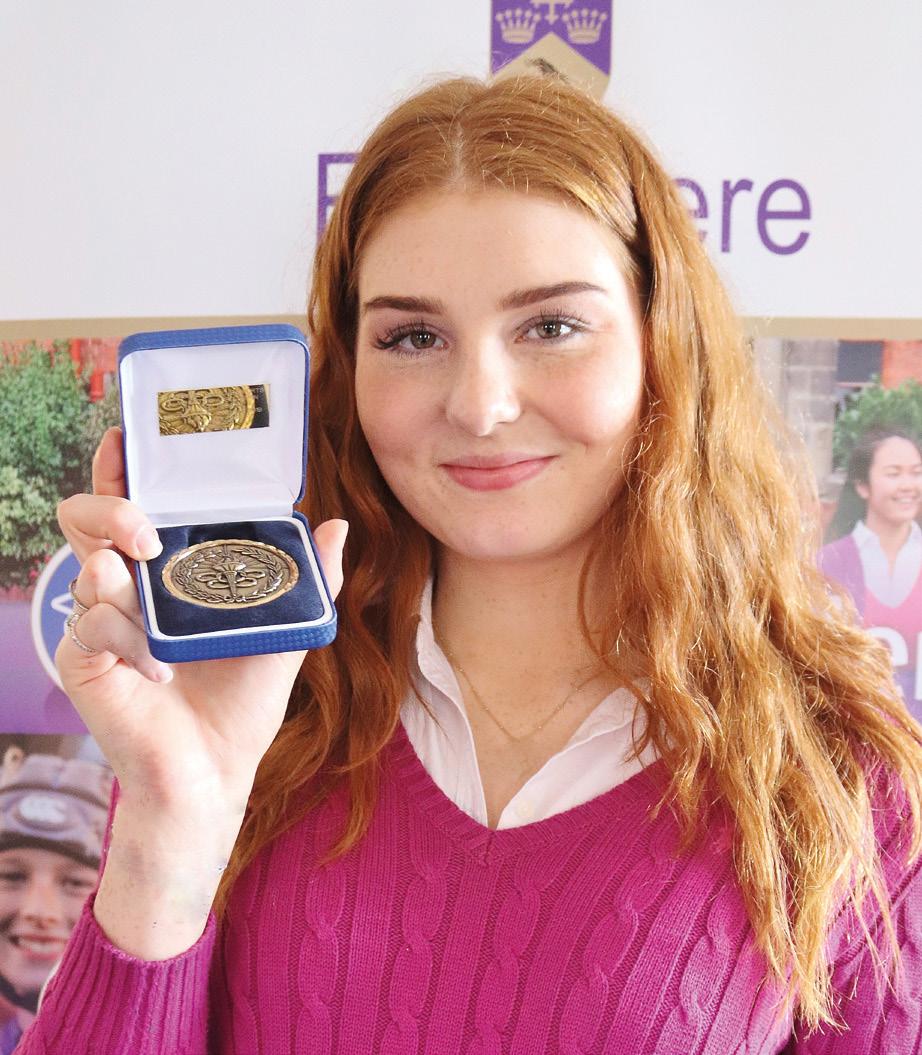
Commonwealth Games 2022 swimming medallist Ellesmere College, Shropshire
I won four medals at the games in Birmingham this summer, picking up two bronze and two silver medals. It certainly was my school days at Ellesmere that helped me get to championship standard.
I was awarded a scholarship to Ellesmere College at 14 years old to nurture my talents and was fortunate to be able to make use of its state-of-the-art facilities and coaching. I boarded on weekdays and looking back, I’m impressed with how I trained at that young age. I did as well as I could in my exams because the teachers made sure I caught up with anything I missed while away swimming.
The teachers understood that we had a big commitment in the pool and the coaches understood that I had a big commitment with my schoolwork. It was perfectly balanced, we had all the help we needed, I couldn’t have asked for more. I feel very lucky to have been able to combine my swimming and studies in the same place, and get the support that I did.
I launched SignUp which provides sign language videos alongside Disney+ films for children who are deaf, during the pandemic at home in New York, where I was learning remotely. The videos of interpreters signing along to the films gives children, who are too young for subtitles or who struggle to read them fast enough, access to them.
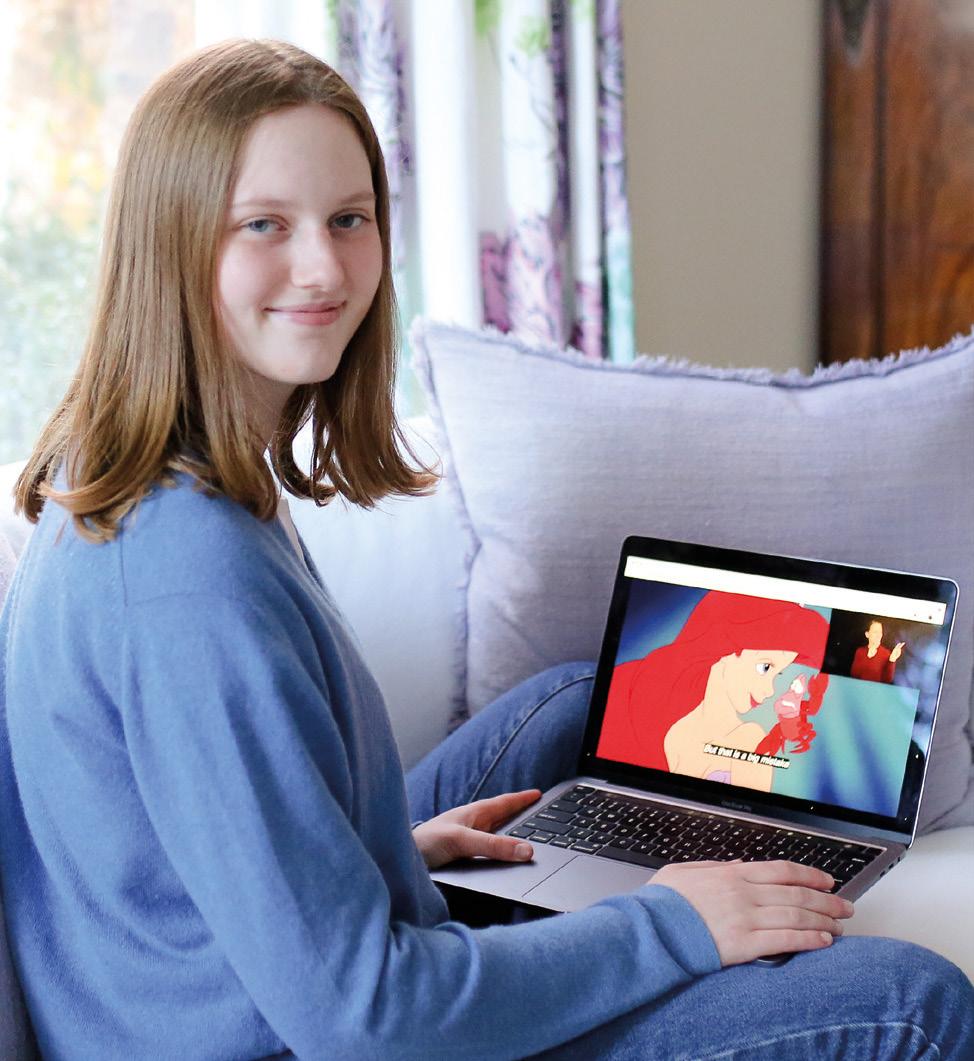
I finished my A-levels in maths, English literature, economics and Spanish back at Rugby in the summer and have been offered a place at Stanford to take a double major in English literature and computer science. However, I’ve deferred it for a year to appoint a strong management team to help run SignUp while I’m studying.
I employ 100 interpreters, and am in the process of seeking $1m from investors to expand and grow the business. I offer four Disney+ movies, including my own favourites, and release one film a week thereafter, with 12,000 weekly users currently.

I had the most incredible foundations and support from The Leys before going on to play professional rugby across the world. Never would I have thought that I’d now be living in Southern California with my wife, playing for San Diego Legion in Major League Rugby and still representing the USA, aiming to go to my second Rugby World Cup in 2023.
I look back fondly on my career to date, having played for some of the best teams in England, being part of Premiership winning squads with Northampton Saints and Exeter Chiefs. More recently, I thoroughly enjoyed my time at Bedford Blues and Saracens both on and off the field, while achieving a first-class degree in sports writing and journalism. I’ve gone on to write for many publications including The Guardian, and have released my own podcast, The Next Game, focusing on players’ lives outside of rugby.

After graduating from Aberdeen’s Robert Gordon University with first-class honours in international business, I moved to the USA to chase my ambitions, joining a start-up in Texas within the veterinary industry. There, I led M&A, corporate development and strategy and, in four years, we went from four people working above an animal hospital to 450 hospitals in 41 states and more than $1bn of revenue. Following the sale of the business, I launched my own investment firm and applied a similar business model to the home services sector.
I now have more than 600 employees across four states. My school community made an important contribution, creating a safe and happy place for me to grow as a person, and building the foundations that have helped me excel in my business career: competitiveness, a desire to succeed, discipline, the ability to grind through tough environments, work ethic, focus, and a winning mindset that says anything is possible.
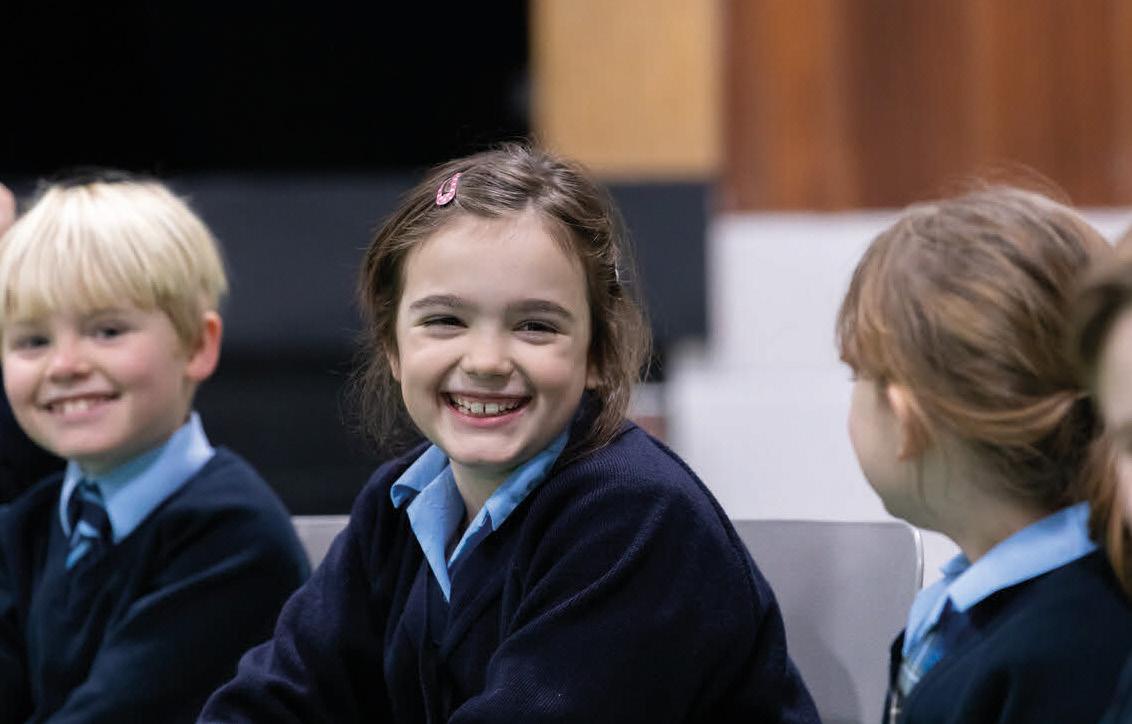


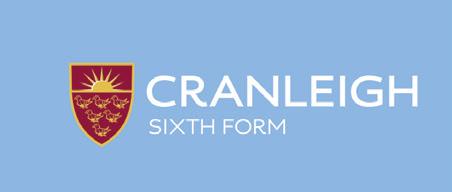
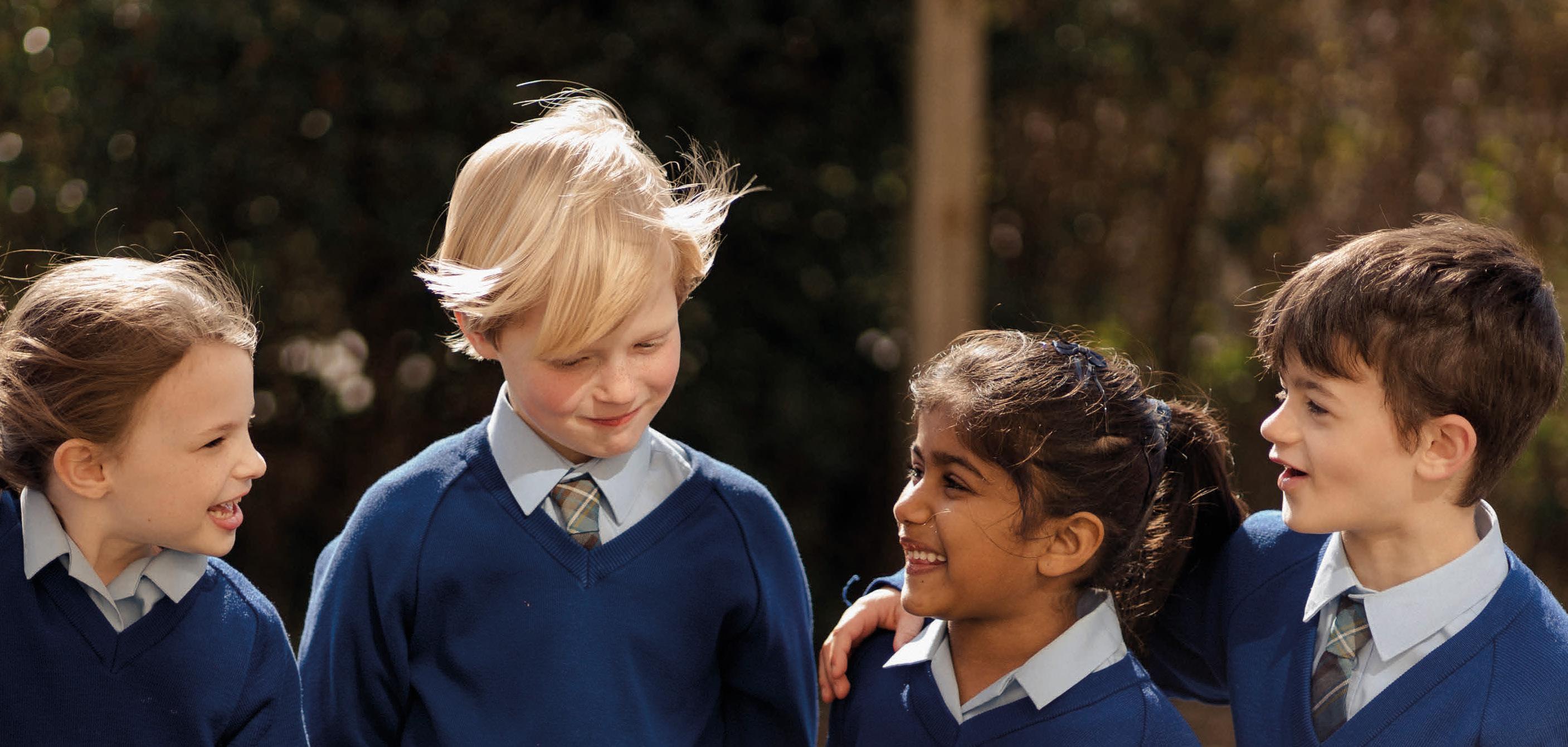


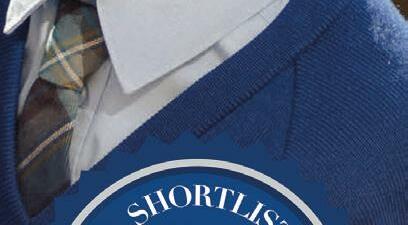



The new school year is in full swing, crispy leaves are on the ground and there’s that distinctive chill in the air: yes, fall has arrived! And what better way to wrap up your youngster for playing in the park, firework displays and conker wars than with colourful coats, toasty fair isle knits, cosy cords and shearlinglined boots? Luckily, you’ll find all these and more in the autumn Mini Boden collection now. boden.co.uk
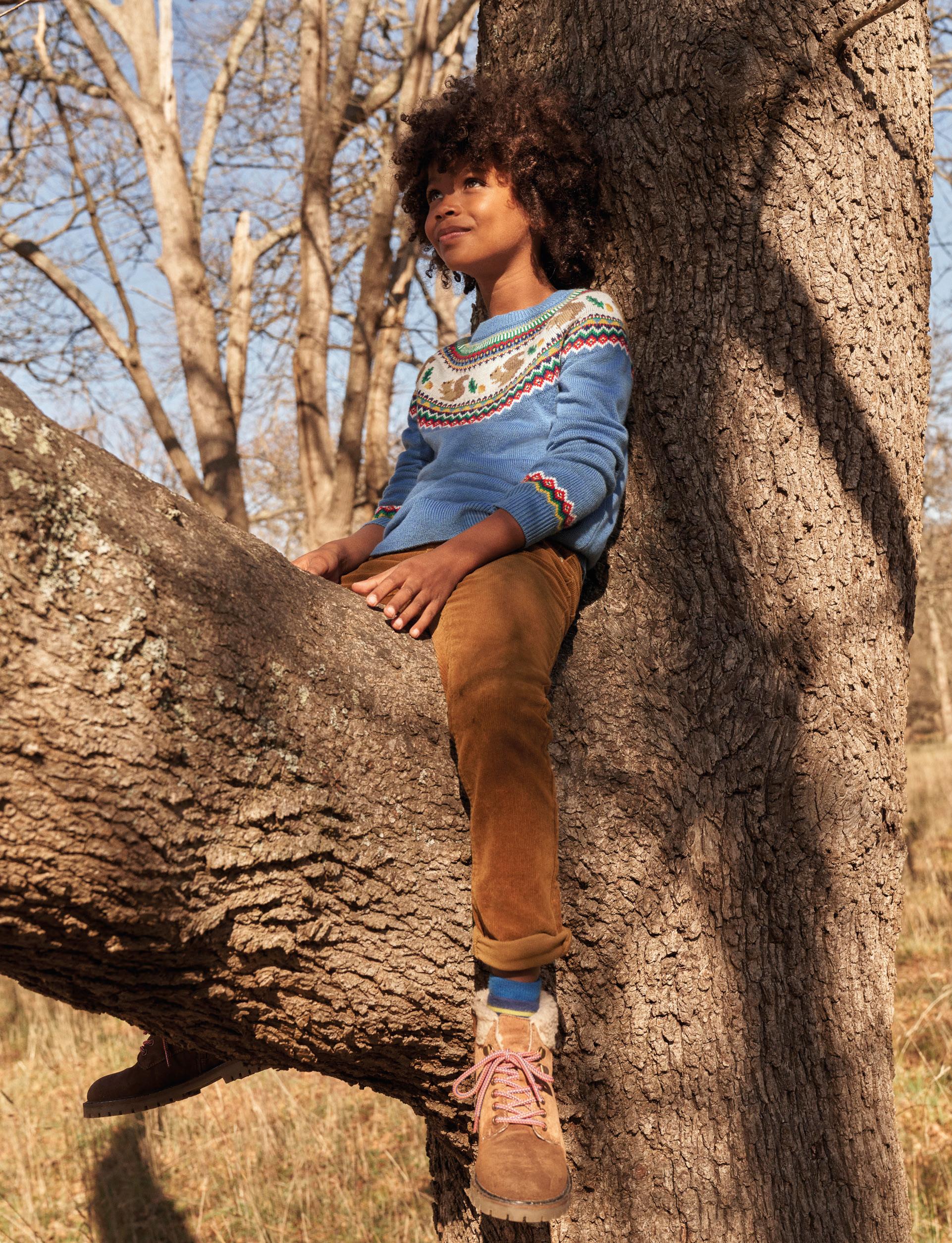
icture-perfect white sand beaches, sparkling, clear warm waters and almost constant sunshine: it’s little wonder that the Caribbean island of St Lucia has established itself as a popular holiday destination.


Our one-hour (and a bit) transfer from the airport to our resort destination was a breathtaking introduction to the second largest of the Windward Group of islands in the Lesser Antilles. Located south of
Martinique and north-east of St Vincent, St Lucia is a vastly abundant country. Thanks to its volcanic, fertile land, its list of produce is impressive. As we twisted and turned our way on winding roads through lush-green tropical valleys, with tall, spindly palm trees occasionally piercing the horizon, our driver waved enthusiastically at the mango and banana trees (which are the island’s principle crop) that lined the roadside, followed by an array of avocado, coconut, cacao, citrus fruits, almond trees and spices.
Set upon a picturesque hillside, the all-inclusive Windjammer Landing Villa Beach Resort overlooks northern St Lucia’s Labrelotte Bay. Nestled on an estate of around 60 acres with pretty white villas in generous verdant grounds, accommodation is varied and includes one- and two-bedroom Oceanfront Suites, if you prefer an even closer proximity to the beach, while families and large groups might prefer a Premium Villa, as these provide one-to-four bedrooms, a fully-equipped kitchen and
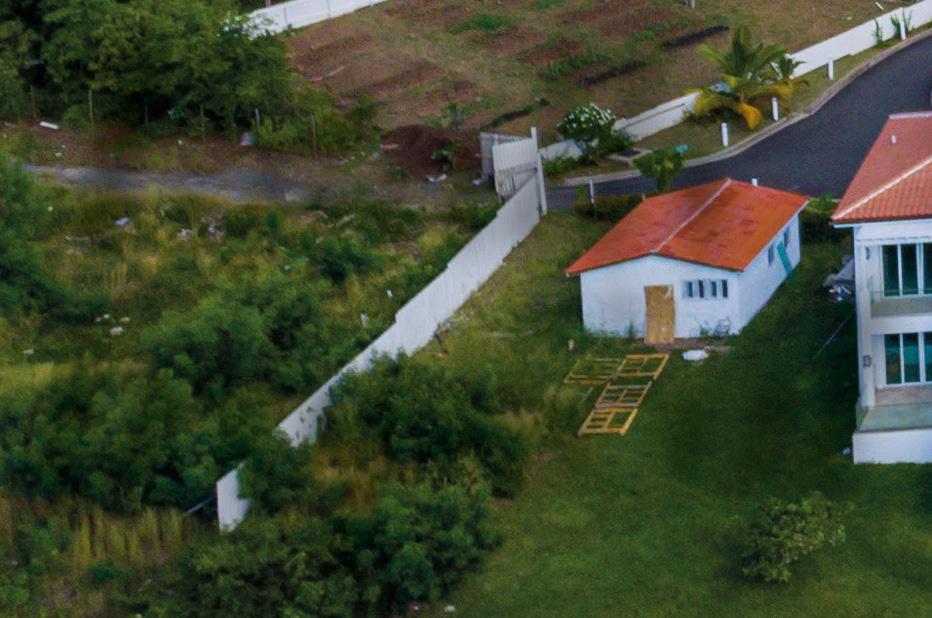

Families can enjoy spending long beach days together on the island’s unspoilt white coastline




living area, a terrace and plunge pool.
We chose an Ocean View villa, comprising an ample-sized bedroom with a king-size bed and walk-in wardrobe, a small living room, bathroom with a large shower, a kitchenette, and what we felt was its pièce de résistance: a terracottatiled terrace, where we whiled away many an hour in the late afternoon, taking in the glorious sunset and watching the clouds hurry across the dusky pink sky. The vibrantly-hued textiles adorning the furnishings and the locally-sourced
artwork that lined the walls added to our villa’s simple, clean, cool charm.
While the resort is perfect for couples, it has so much to offer families too, and there are a plethora of activities for children of all ages. For those between four and 12, there’s a kids’ club where they can enjoy tennis lessons, arts and crafts and playground games, and on the beach, cricket, Jenga and skittles, while teens will find a wide variety of activities to take part in, including sailing, water-skiing and diving, as well as themed evening events; there really is something for everyone.


When it comes to dining, you can take your pick from each of the resort’s four restaurants: Upper Deck (only open for dinner) is a steak house and seafood grill which is right on the beach; Papa Don’s, up on the hillside, serves rustic Italian dishes, like Champagne shrimp risotto, pizza, and an antipasti sharing spread of locally-cured meats, olives, tomato, mozzarella and focaccia, served up on wooden platters – and which we gamely devoured! If it’s a hearty burger or a pulled jerk pork sandwich you’re after, Embers offers a slightly more casual experience, and lastly, Jammers is the resort’s all-day eatery catering to all breakfast, lunch and dinner needs.
And if there was an Oscar for friendliness, the St Lucians would win it hands down every time: from the moment we landed to the sunset of our stay, we were greeted with wide smiles, put totally at ease and made to feel so welcome. The rooms at Windjammer Landing, windjammer-landing.com, start at US$266 per night, with villas starting at US$448. For more information on St Lucia, please visit stlucia.org. British Airways flies daily (direct) from London Gatwick, ba.com.



Fancy a day off from the beach? Then head to Pigeon Island for a slice of St Lucian history…
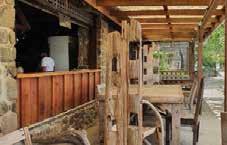

A 20-minute drive from the resort, Pigeon Island National Park is one of St Lucia’s most important historic monuments. Its 44-acre site comprises two peaks: climb to the top, accompanied by one of the park’s guides, to visit the ruins of the military buildings used during the battles between the French and the British. Further up, there’s a lookout point with stunning panoramic views of the north-west coastline.
You won’t clap your eyes on the Caribbean’s most infamous pirate, Captain Jack Sparrow, but once you’ve finished, you can follow in the footsteps of Jambe de Bois and sip on a refreshing mango-and-banana juice at the bayside bar named after the 16th-century buccaneer. Fashioned in the style of a ship’s deck, it even boasts a helm! stlucia.org

TEENS WILL FIND A VARIETY OF activities to take part in, including SAILING, WATER-SKIING, DIVING AND THEMED EVENING EVENTSWindjammer Landing Villa Beach Resort overlooks the island’s Labrelotte Bay Light, airy and modern, the Ocean View villas combine contemporary beachside luxury with dramatic azure views Pigeon Island National Park holds much of St Lucia’s piratical and military history


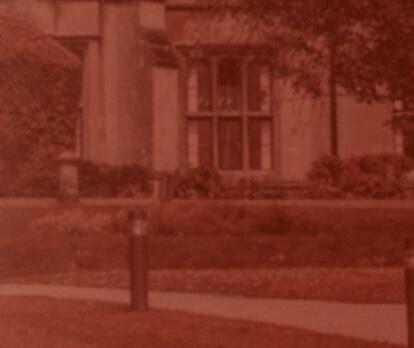


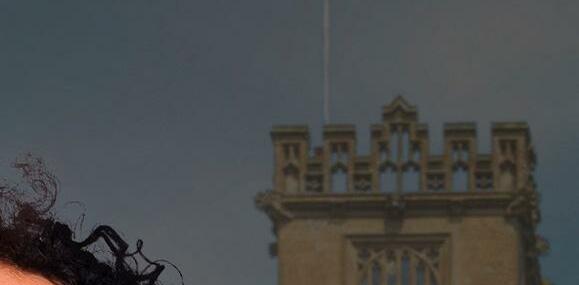


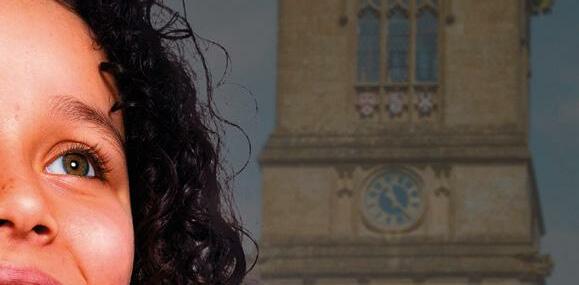
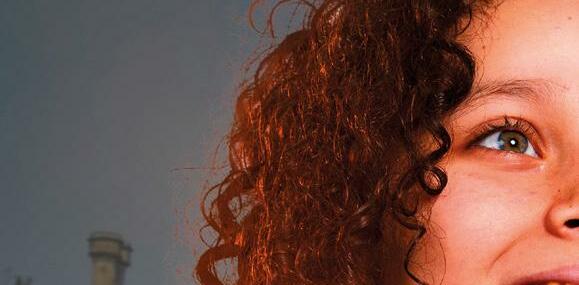

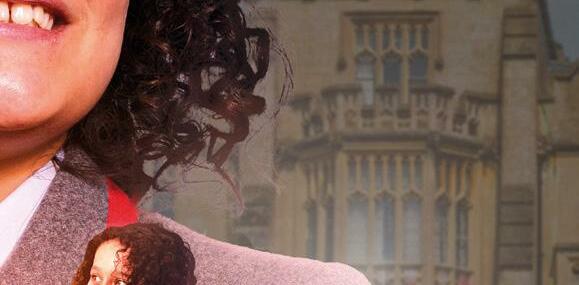


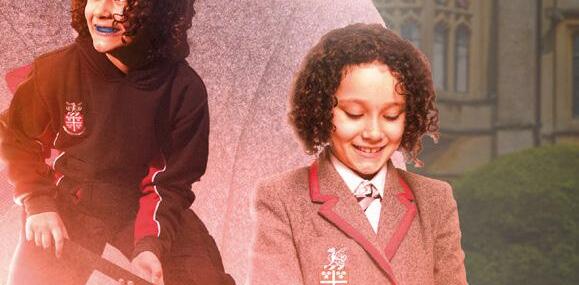
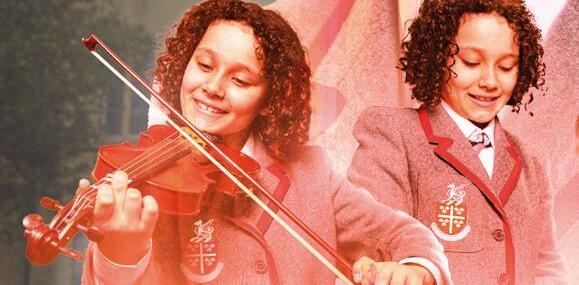




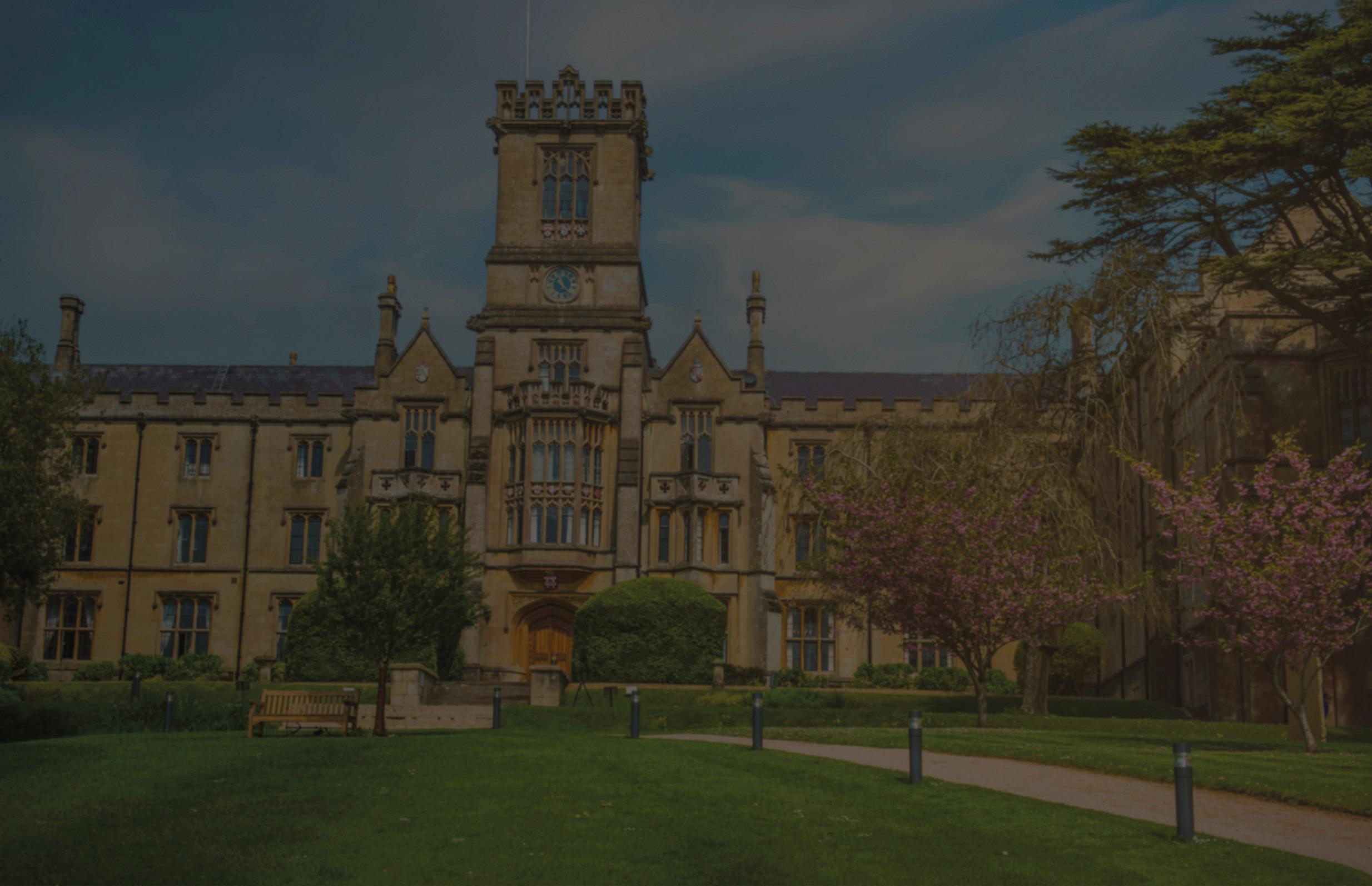


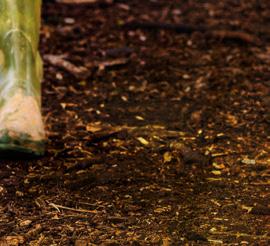
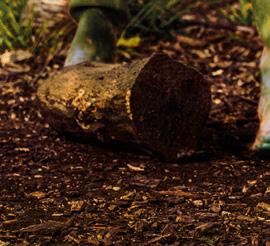


















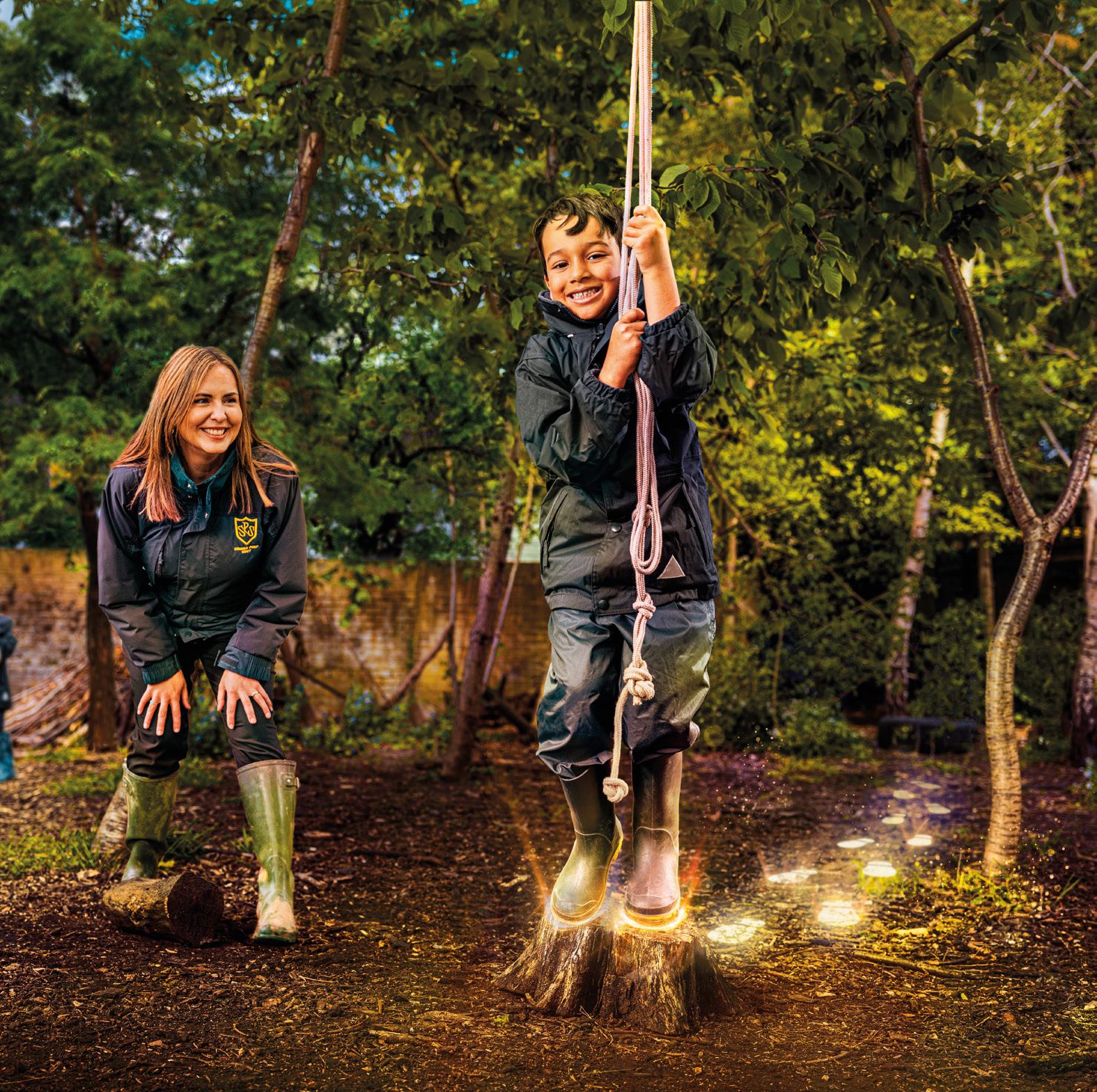
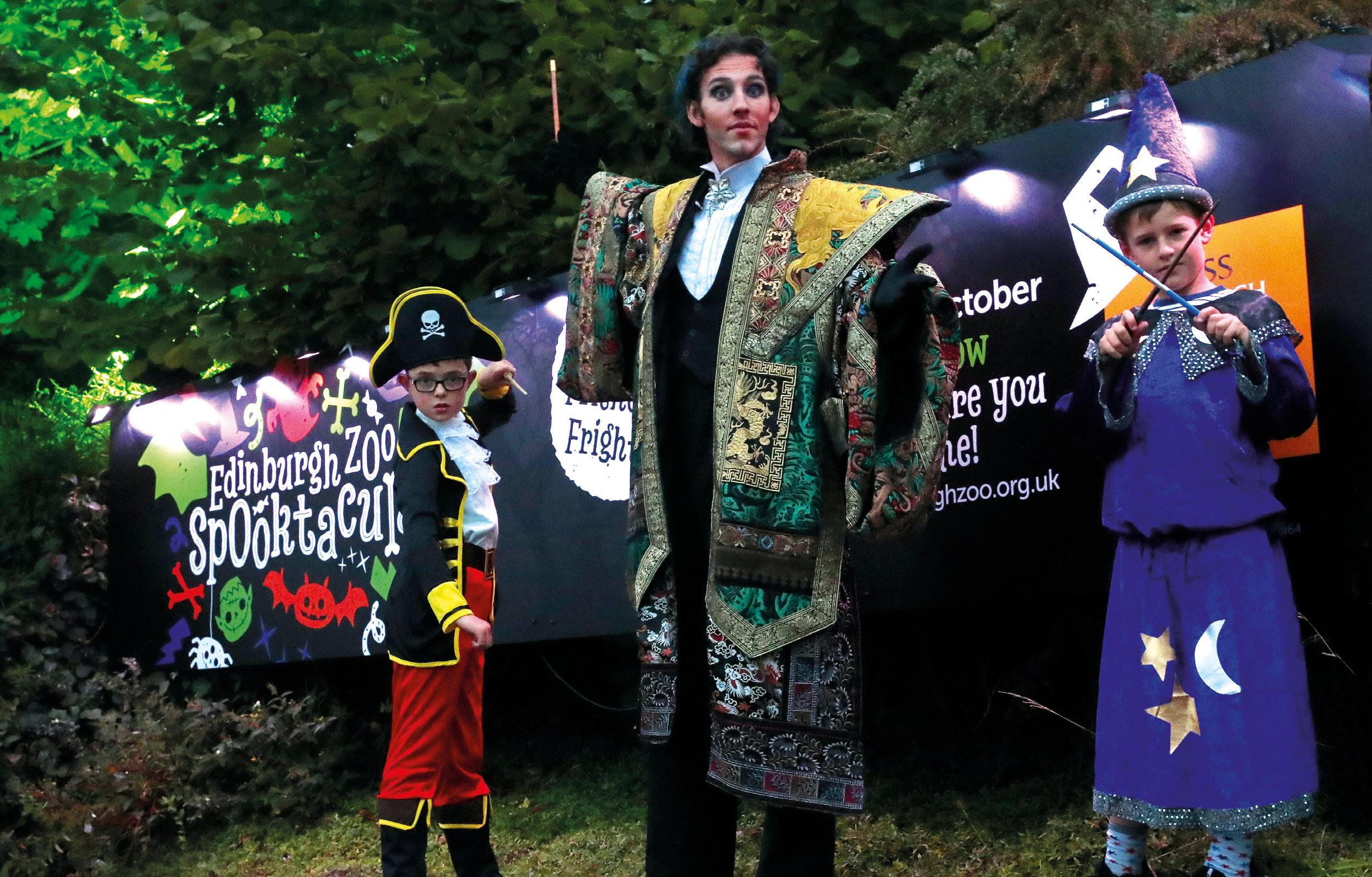
We dare you to take a walk on the wild side this scary season by booking an Edinburgh Zoo Spooktacular trail slot. While you’ll be able to check in with all of your favourite fauna, from penguins to red pandas, there will also be a host of hidden characters to keep an eye out for along the illuminated trail, including dragons, pirates, skeletons, ghosts and creepy crawlies. Yikes! edinburghzoo.org.uk
The Coppa Club between Bridges in Putney is hosting a brand-new series of personal growth talks with inspiring female leaders.
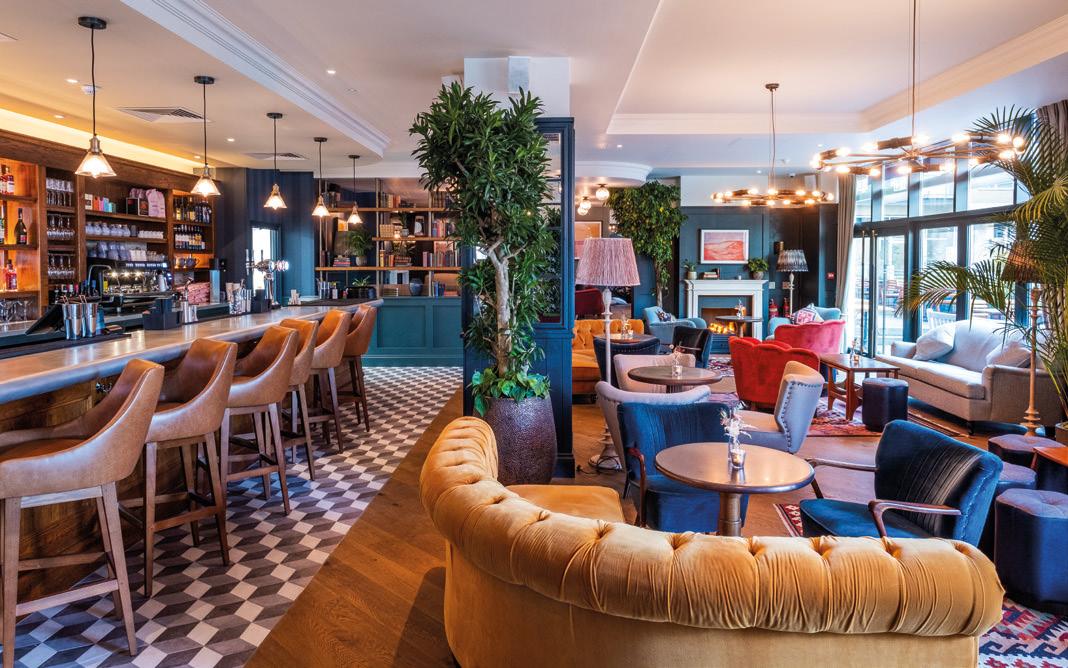
Cookery writer Melissa Hemsley, who is known for her creative, healthy-eating, recipe books and online blog, will be speaking there today. Hemsley is passionate about spreading the message of feel-good food. Tickets can be purchased online at eventbrite.co.uk s
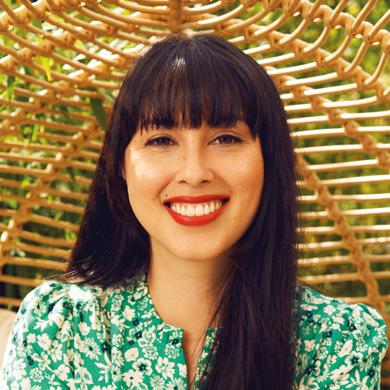
Manchester-based cookery school and event space Food Sorcery is helping parents instil culinary enthusiasm with its Big & Little Cooks afternoons. Working with a chef, you and your almost-teen will pick up an array of kitchen tips and tricks, and rustle up a main, a side dish and a dessert, which you can enjoy with your classmates in the dining area after. The themes change regularly: recent sessions have included Japanese katsu curry, Middle Eastern lamb koftas and Chinese sweet and sour chicken. foodsorcery.com
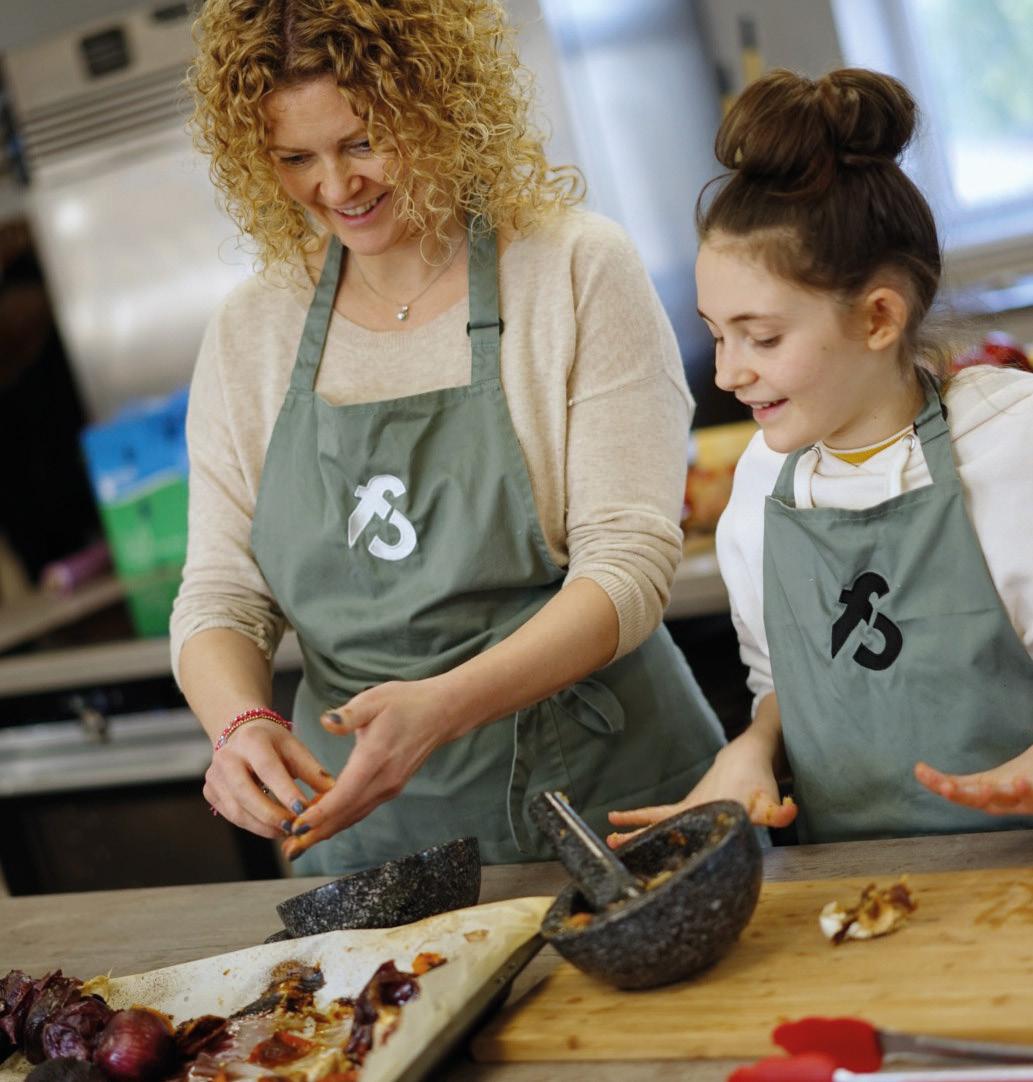
20 OCTOBER – 23 MARCH 2023 Liverpool
Nurture budding Basquiats, fledgling Fridas and potential Picassos with a trip to Tate Liverpool, where this year’s Turner Prize-nominated pieces will be in residence. The artists in the frame to take the accolade this December are Heather Phillipson, Ingrid Pollard, Veronica Ryan and Sin Wai Kin, and their diverse, conceptual work will be showcased for free. tate.org.uk


Edwardian estate Polesden Lacey will be home to magical after-dark trail Ignite once again this autumn. Twilight visitors to this Surrey Hills bolthole’s expansive grounds will be treated to a walk amid illuminated gardens, guided by flickering flames through glowing tunnels of trees, with enchantingly lit installations to take in along the way. Pick up your lantern, enter the Walled Garden and immerse yourself in this botanical wonderland. nationaltrust.org.uk
Fancy giving Eliza Dolittle a makeover, or switching up Elphaba’s look? Then it’s time to get creative and take part in this V&A Make-It Fashion: Textiles and Accessories workshop, centred around the museum’s current Re: Imagining Musicals display. Led by artist Scott Ramsay Kyle, as a family you’ll experiment with textures, colours and mixed media to turn your design sketch into a stageworthy style moment. Bravo! vam.ac.uk
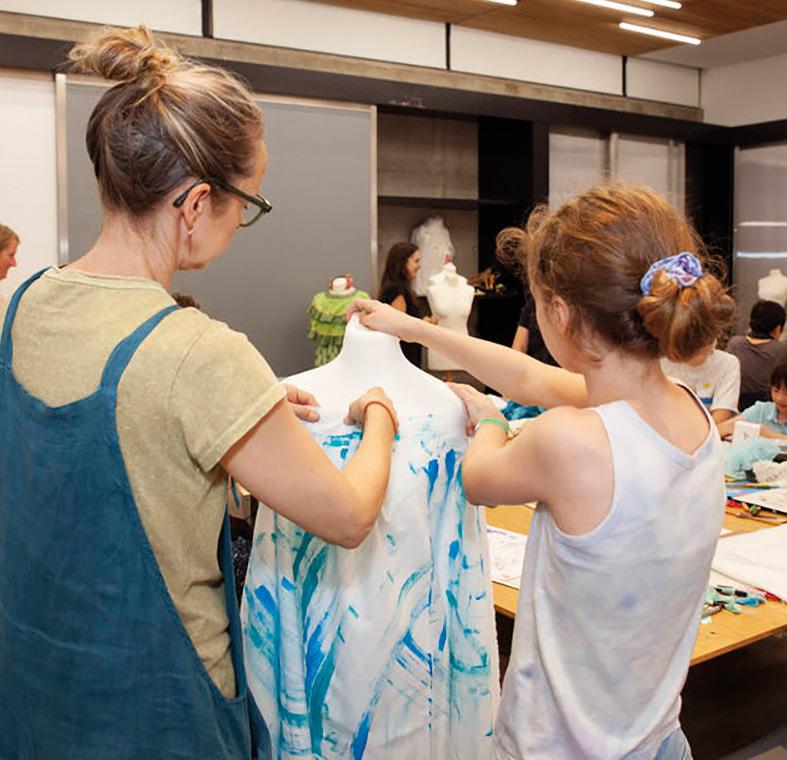
Mark Día de Muertos – also known as Day of the Dead – at Kew Gardens’ Mexican Family Fiesta this half term. Immerse yourselves in Temperate House’s vibrant celebration of Mexican nature and culture by getting involved with dressing up, trying out carnival dance workshops and spying slumbering sloths amid the colourful artistic and horticultural installations by Mexican artist Betsabeé Romero, designer Fernando Laposse and award-winning garden designer, Jon Wheatley. kew.org

NOW – 6 NOVEMBER
This autumn, stepping onto the iconic Harry Potter film series set will be an altogether scarier proposition, with the return of the Dark Arts exhibition, and special dimmed lighting setting the scene for Halloween. Discover the secrets behind the Riddikulus spell by getting to grips with Professor Lupin’s props, watch out for Voldemort’s Dark Mask as you explore the Forbidden Forest and learn wand combat so that you can join forces against the Death Eaters, before returning to the pumpkin-lined Great Hall. wbstudiotour.co.uk
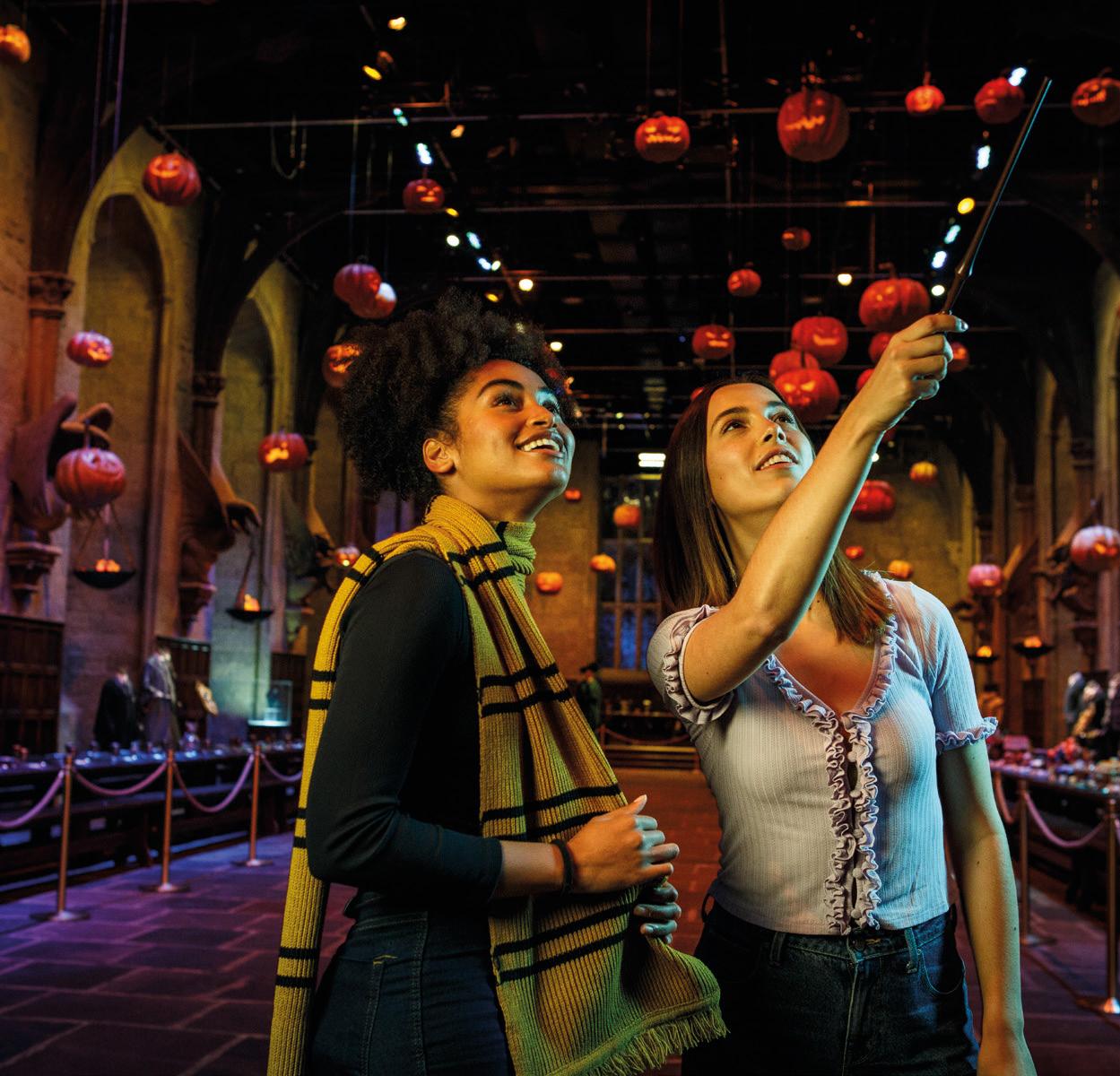
15 – 31 OCTOBER Cornwall
Cornwall’s 19th century Lanhydrock estate is embracing its Victorian roots this Halloween with a host of Penny Dreadful characters brought to life, who will wander the nursery walking route and share their sensational stories. Dare you seek out the haunted treasure to escape the ghostly curse? Other activities will include linocut workshops so you can create spooky prints for your own horror publications, a gruesome short story competition and toothsome treats available from the Park Café. nationaltrust.org.uk
Explore classical music with your composers-in-the-making at the Southbank Centre this autumn. The Moon Hares, a magical, family-friendly opera – commissioned and created by the Orchestra of the Age of Enlightenment – is based on Hazel Gould’s story about children who are forbidden from going out at night, and what happens when they start breaking the rules. With more than 100 performers, as well as the OAE musicians, this sumptuous production is sure to enthrall. southbankcentre.co.uk

Lab lovers can unite for a packed timetable of frightfully-good fun at Techniquest’s Ghoul School. The Cardiffbased centre will host live science shows this October, teaching youngsters how to set a spooky atmosphere, make a terrifying entrance, and finish with a bang. The hair-raising demos are suitable for children aged five and above, and the presenters will tailor their delivery to the audience in front of them.
techniquest.org
Seeking culture with wintry charm? Prepare to be thoroughly enchanted by Birmingham Royal Ballet’s production of Sir Peter Wright’s take on classic Christmas tale, The Nutcracker Allow yourself to be transported by the soaring Tchaikovsky score, dazzling staging and company of world-class ballerinas, as they tell the story of Clara and the Nutcracker’s battle with the Mouse King. birminghamhippodrome.com

18 NOVEMBER – 2 JANUARY 2023 London
It’s back! The capital’s event of the season, the now legendary Hyde Park Winter Wonderland is set to bring Londoners – as well as the city’s many festive visitors – of all ages plenty of yuletide cheer. Book advance tickets to ensure your family can safely take advantage of the ice slides, Santa Land, giant wheel, fire pit music line-up, carousel, markets, skating rink and much, much more.
 hydeparkwinterwonderland.com
hydeparkwinterwonderland.com

’Tis the season for festive frolics, and Chessington World of Adventures Resort has plenty of winter magic up its sleeve this Christmas with the return of its seasonal showcase, Winter’s Tail. Alongside all of the usual themepark fun and animal antics, families can meet Father Christmas and tour his toy workshop, laugh along with The Wild Christmas Panto, help the cheeky elves bake cookies and even enjoy live performances from carol singers. chessington.com



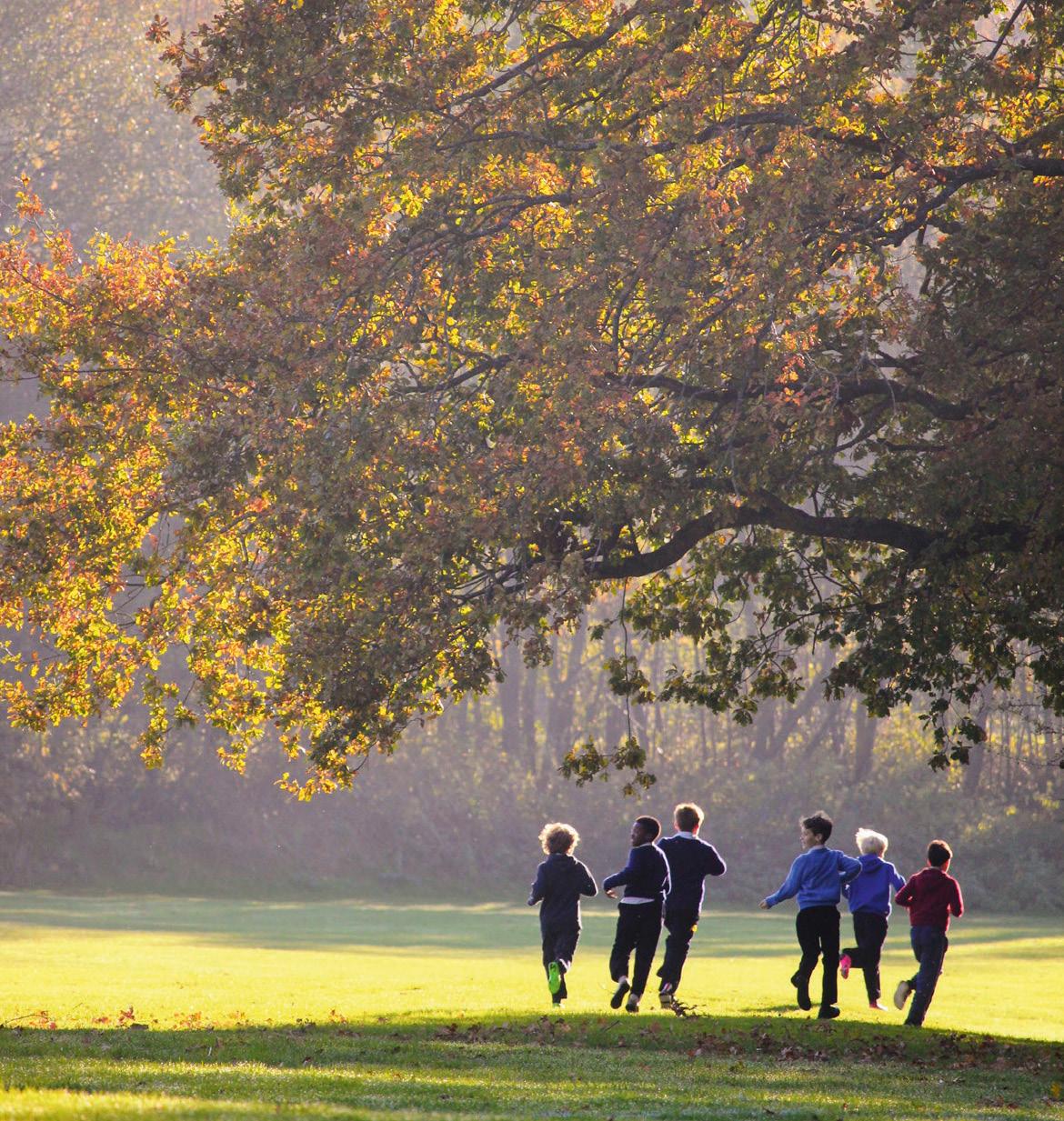



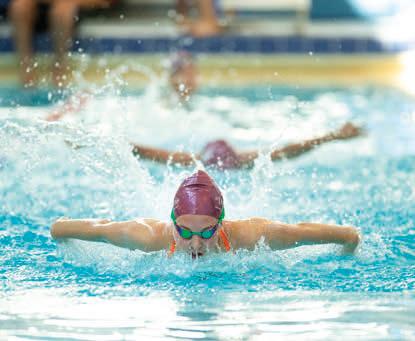


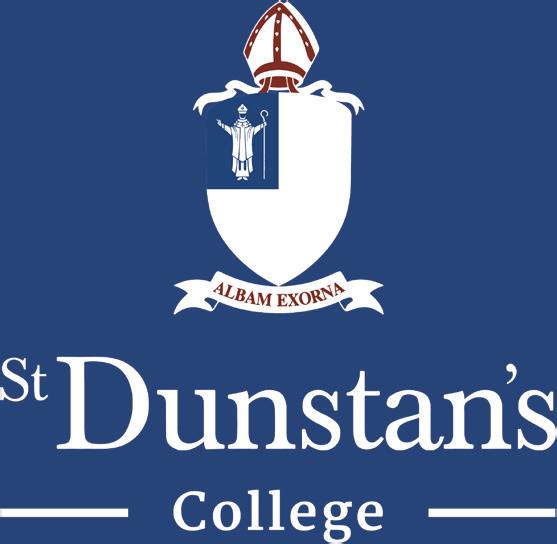
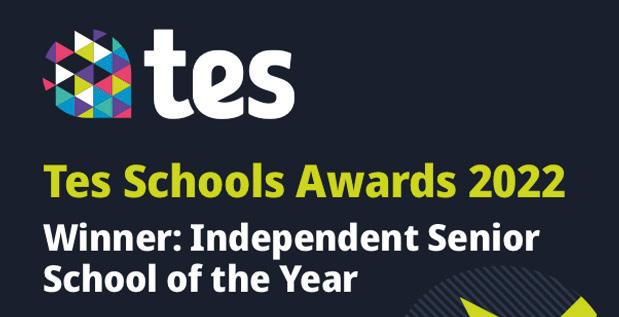
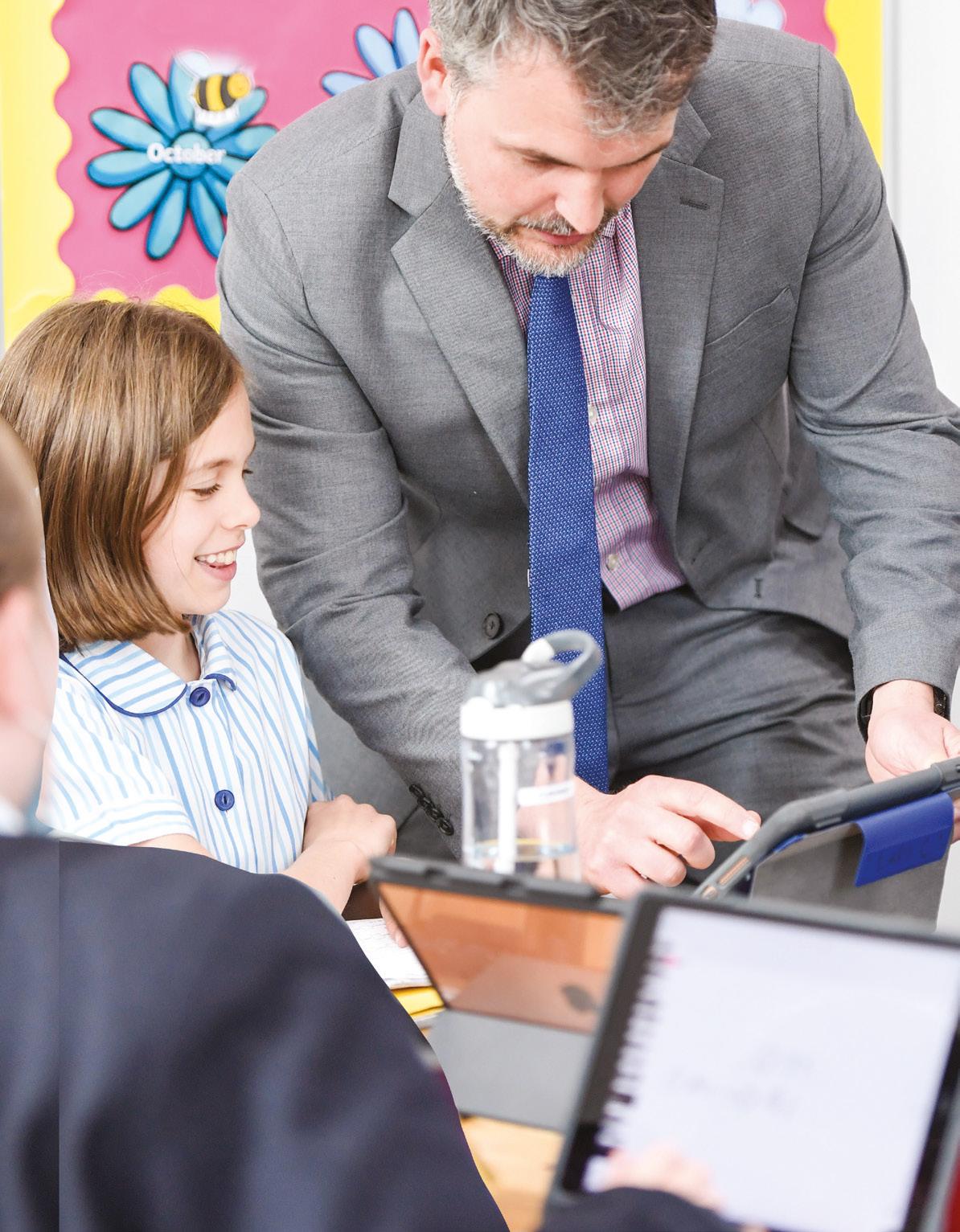




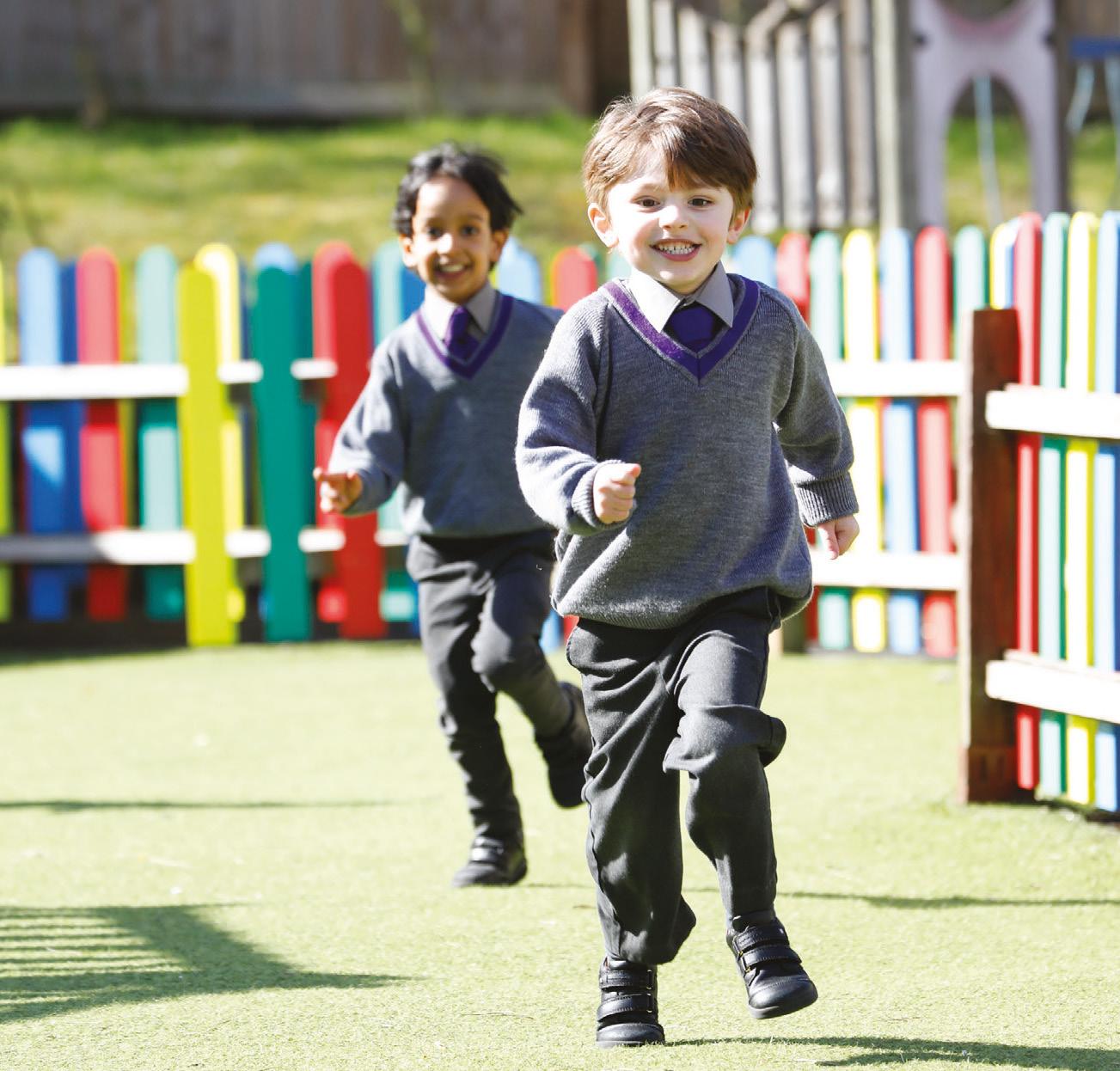
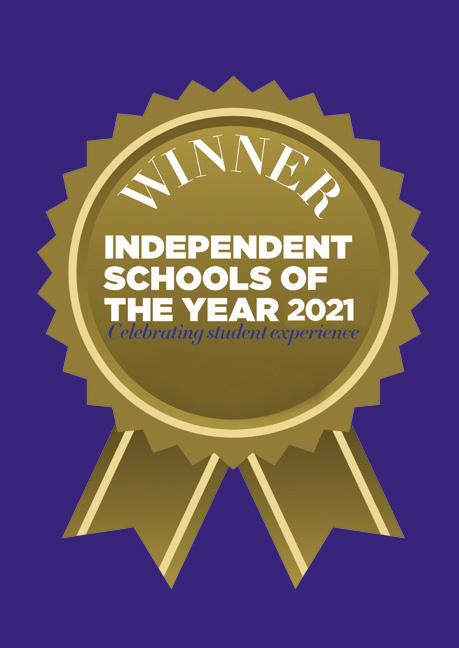

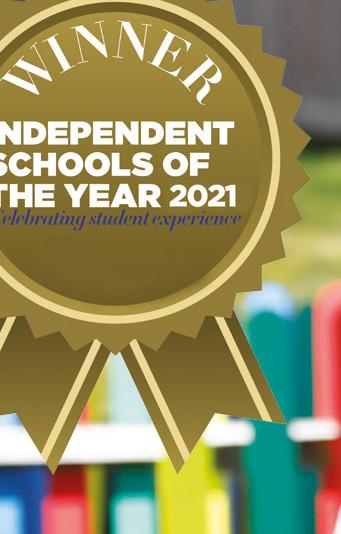
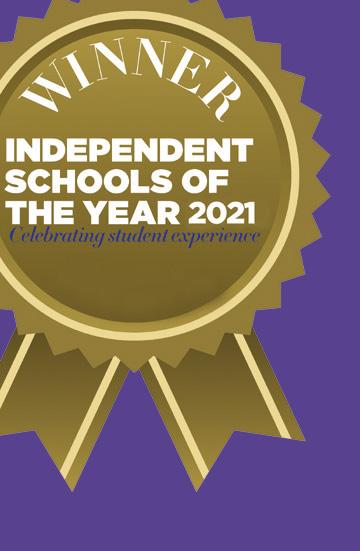
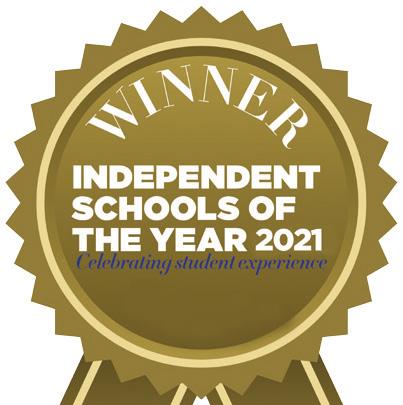



Enjoy a two-night break for a family of four in a luxury Cary Arms & Spa cottage on the picturesque south Devon coastline
Owned by Peter and Lana de Savary, the Cary Arms & Spa combines the personality and values of a traditional English inn and the luxurious style and facilities of a boutique hotel. It’s also home to eight sumptuous cottages, which provide a wonderful seaside getaway for families and friends travelling or celebrating together. Both the hotel and cottages share breathtaking views of Babbacombe Bay and miles of seascape along the Jurassic Coast.
Ranging from two to ve bedrooms, the cottages are a short walk from the inn, each with its own secluded garden terraces, re pits and barbecues – three are even dog friendly. Decorated by Kathleen Fraser, they re ect the coastal style and comfort of the inn, but with the added privacy of your own holiday home. Each cottage has a spacious, comfortable sitting room with a working replace and fully-equipped kitchen. Facilities include a at-screen TV with Net ix, books and board games.
Guests of the cottages can also choose to dine in the inn, with its relaxed, friendly atmosphere and daily changing menus, which focus on local suppliers from coast to country in equal measure. Expect superb Devon beef, Lyme Bay lobster and line-caught seafood, alongside delicious traditional English heritage dishes. As well as the inn and conservatory, there are plenty of outdoor terraces, and even an alfresco Captain’s Table overlooking the bay, as well as the romantic glass sphere dining pod.
No trip to the Cary Arms & Spa, would be complete without indulging in the spa, with its beautiful sun deck and dramatic glass-fronted hydrotherapy pool and relaxation room, all with uninterrupted views of Babbacombe Bay and the dramatic coastline beyond. ere’s also a steam room, sauna, gym, two treatment rooms – one being a couples treatment room (subject to availability) – where guests can enjoy blissful GAIA treatments with handmade organic and vegan products, blending pure essential oils and plant actives to protect and nourish the body and mind. caryarms.co.uk
• Two nights in one of the cottages for two adults and two children, with breakfast

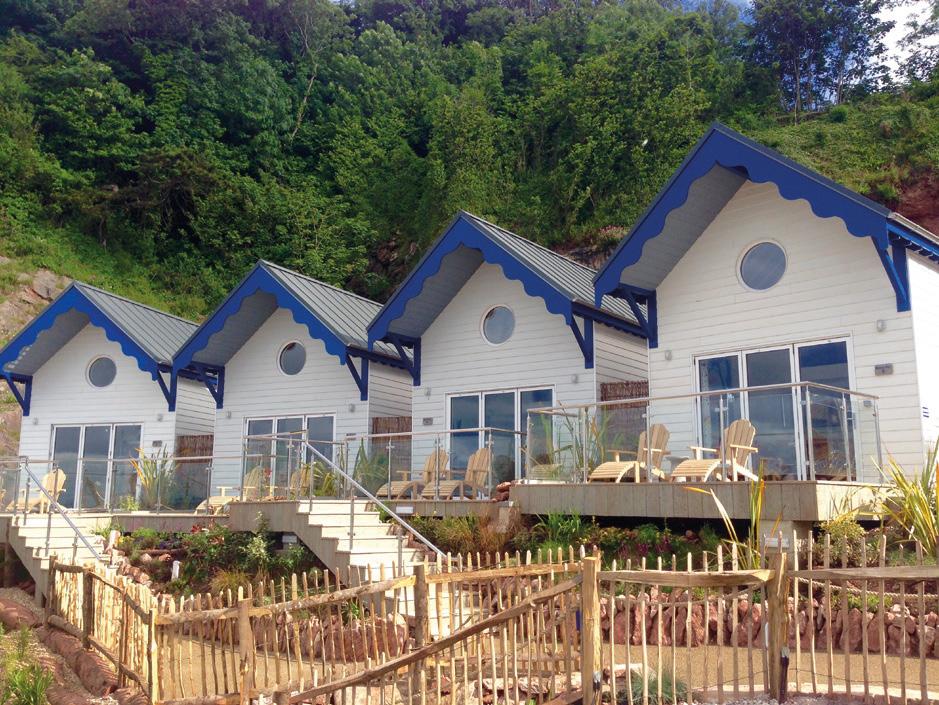
• One spa treatment per adult
Please answer the following question and enter at the website address below: Which bay does the Cary Arms & Spa sit on?


Big, characterful, wondrous.
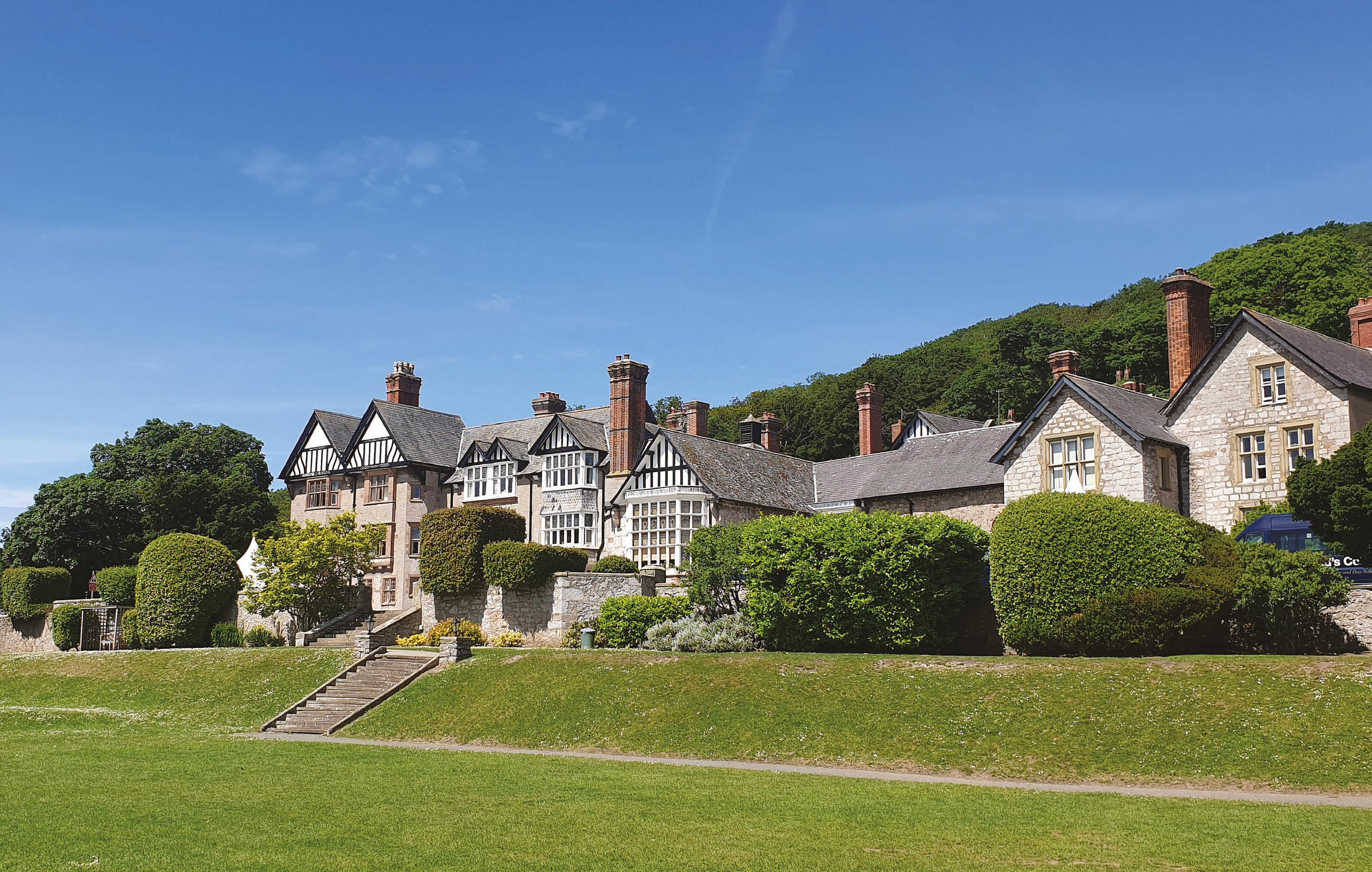
I had a few, some of whom I’m lucky enough to call my best mates today too! There was always a good gang of us having fun, hanging out at lunch, and talking a tad too much in lessons.
I remember wanting to be either a pilot or a police woman for a while. A pilot, as my dad told me, was a good job (likely a push to make me try harder with my maths and physics), and a police woman as I watched far too many episodes of The Bill back then.
Leaving my overnight bag at the school instead of packing it onto the coach for an overnight school trip – I had to borrow my geography teacher’s clothes for the next 24 hours – at 13 years old, it was the height of embarrassment.
I have a vague memory of agreeing as a class, to push our desks an inch forward every time our French teacher turned her back to write on the white board. So by the end of the lesson, she was baffled as to why all the desks
were practically on top of one another, and her!
The school field on a summer’s day. The lawnmowers had been out, the smell of freshly cut grass was in the air, the sun was out – life was good!
Teacher’s pet or always in the detention room?
Teacher’s pet – the thought of a detention filled me with
What advice would you offer your school-age self?
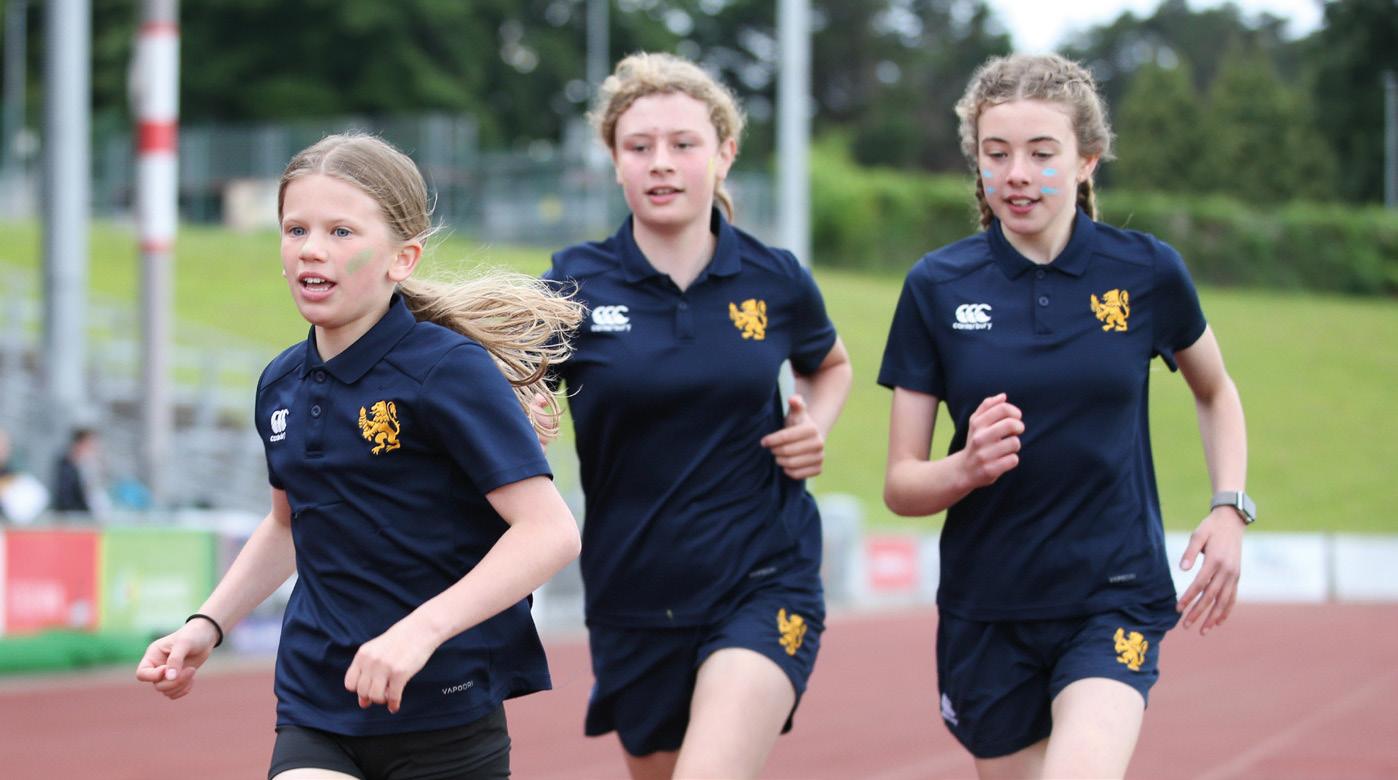
Worry less, smile more, and be yourself. Things have a way of working themselves out.
How would your teachers describe you?

Consistent, cheerful and sometimes a bit cheeky.
One memory that will stay with you forever…?
Dressing up as Simon Cowell for the sixth form Christmas panto. We had such a laugh, that’s what school was all about for me (on top of the learning bit obviously!).
What were your favourite subjects and did they hint at your future passions?
I’d have to say religion and philosophy, thanks to my
horror – I’m not a big fan of being told off in general, so as a result I was always pretty well behaved at school.
Mrs Greenhalgh – she was my religion and philosophy teacher for GCSE and A-level. She was tough on the outside, soft on the inside. The type of teacher you’re a little scared of at first, but you realise how superb they are over time.
brilliant teacher making the lessons interesting, and sparking curiosity in me. I also have fond memories of GCSE textiles – I made a giant bean bag seat in the shape of a burger, with a matching gherkin cushion – it was my pride and joy! Those lessons in particular really brought my creative side out, and I now work in the TV industry. No burger bean bags in sight, but creative all the same!
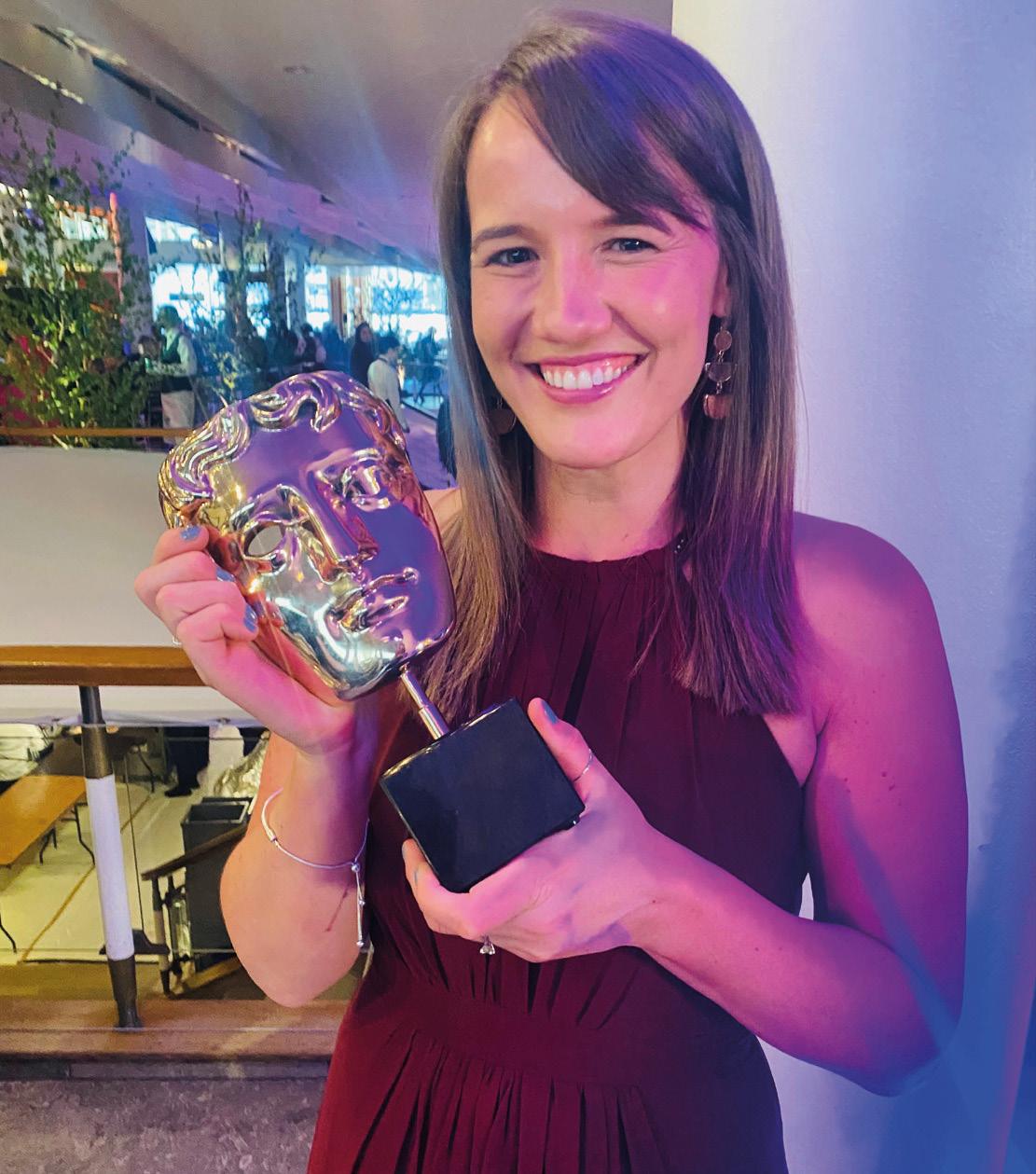
The Bafta award-winning Dave Channel Director recalls school trip drama and sixth form panto fun at Bolton School Girls’ Division, Greater ManchesterCherie is now the comedy channel Dave’s director


